Opening Ceremony
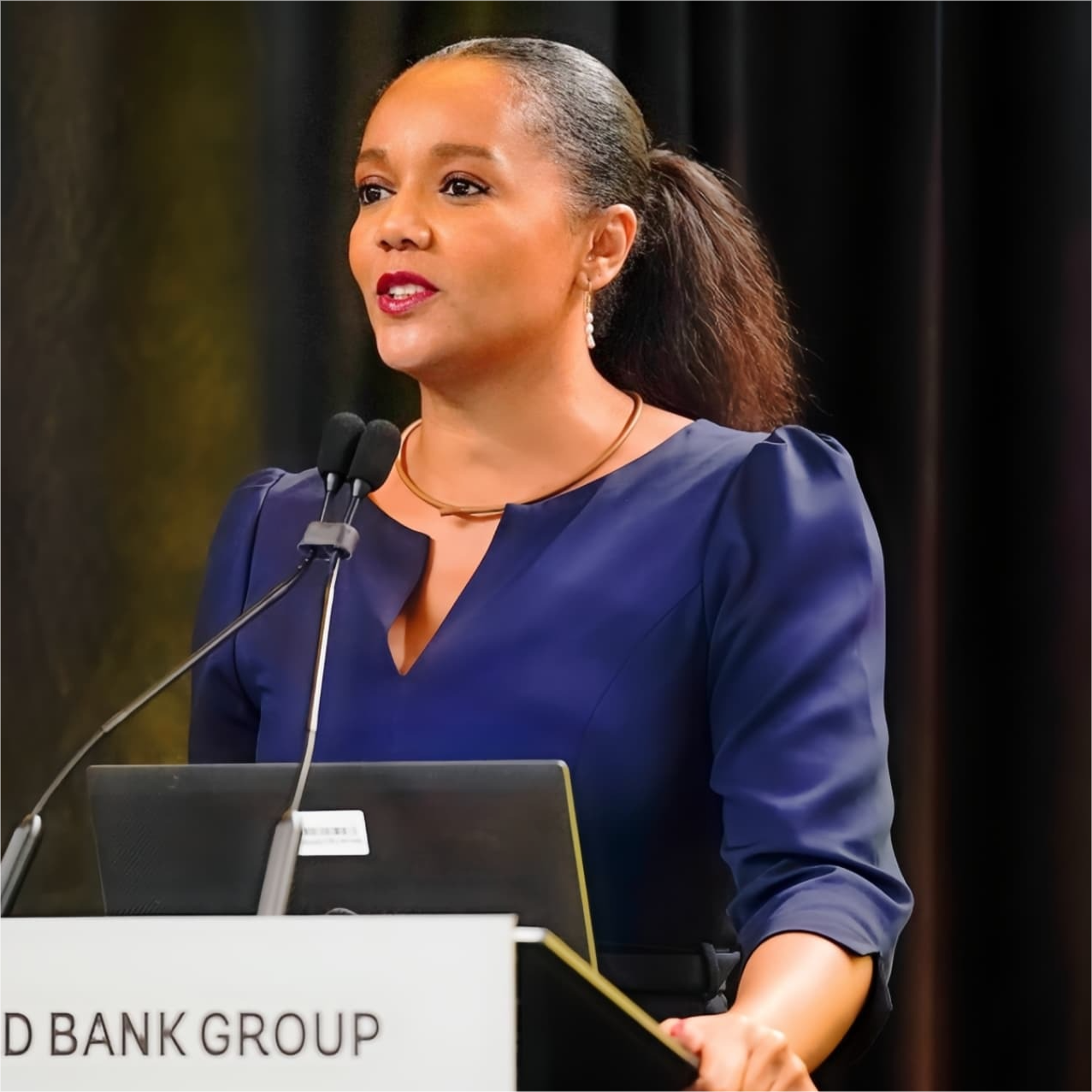

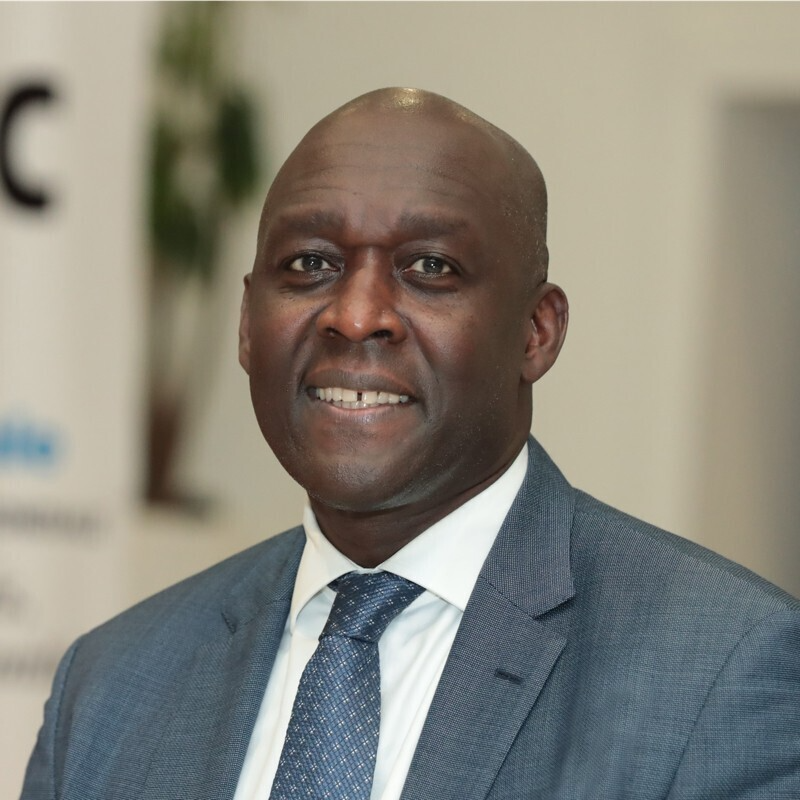
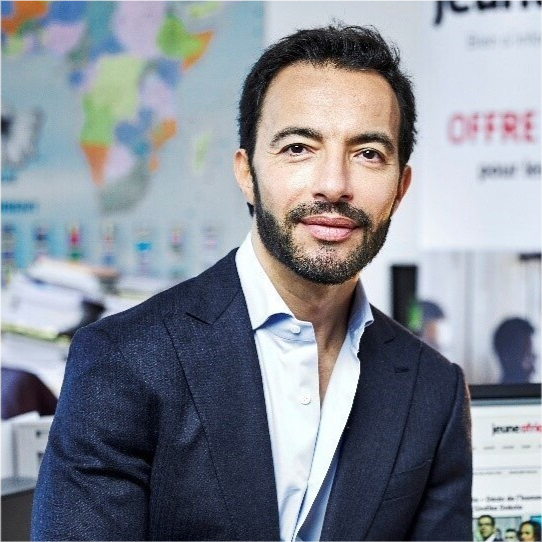
Opening Panel | Unlocking Africa's financial power: Time to mobilize domestic capital at scale
“External dependency is not a good development strategy,” warns AfDB in its 2025 economic outlook. Despite last year’s 75% FDI surge, leaner times loom as US tariffs and geopolitical rifts trigger aid cuts and subdue global economic activity. Africa must look within to trillions in untapped domestic capital - in pension funds, sovereign wealth vehicles, insurance assets, commercial banks, fintech platforms, and foreign exchange reserves - while leveraging hybrid instruments and transforming 1.55bn Africans into active capital market participants. How can a debt-burdened continent harness this vast capital pool and growing population to build financial strength and fund under-resourced MSMEs, vital energy infrastructure, and digital innovation?
Key points:
- Institutional capital: What business case will lure insurance, pension and sovereign wealth funds from their heaven of government debt into backing private sector growth?
- How can the financial sector support local champions in sectors where international companies dominate: natural resources, energy, logistics, trade finance?
- Where can fintech and digital platforms have the greatest impact in channelling domestic savings into productive investments?


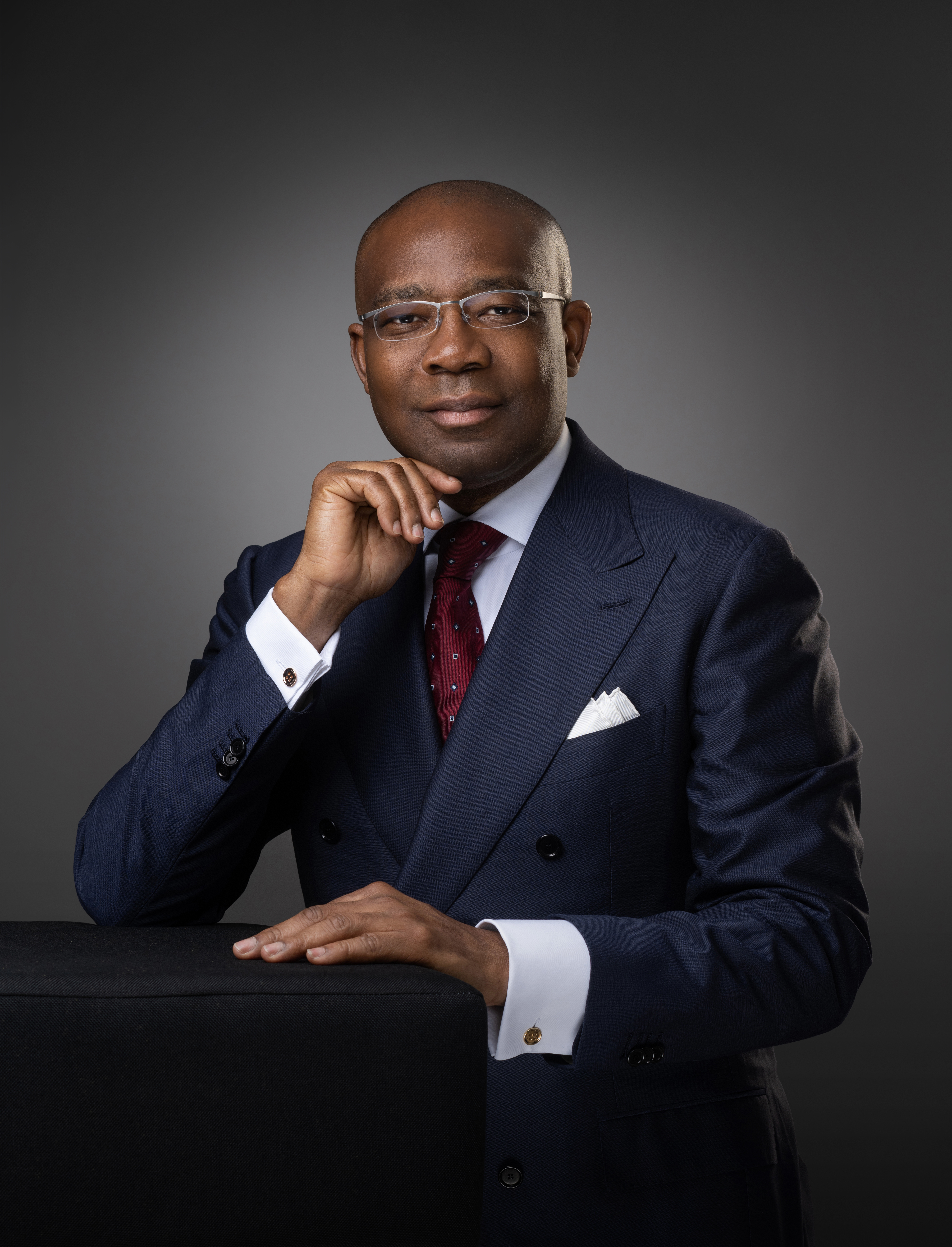

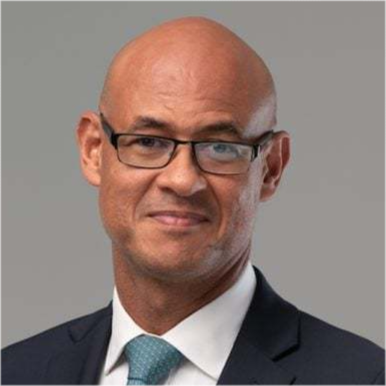
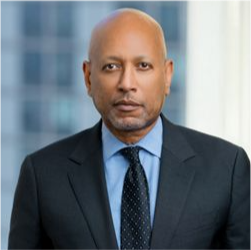
State of the Industry | Africa Financial Industry Barometer 2025
Deloitte and AFIS unveil findings from the 5th African Financial Industry Barometer, an annual survey capturing the views of senior executives across banking, insurance, fintech, and capital markets. The report highlights how the sector is responding to the many upheavals affecting global finance.
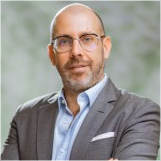

Panel | Who controls African trade finance - and why isn’t it African banks?
Pan-African banks could become the go-to providers of correspondent banking for intra-African trade and exports to Africa - spaces dominated by international clearing banks. Yet thin FX reserves, weaker credit ratings than global peers, and risk perceptions hinder progress. As domestic banks expand into global financial hubs, fill gaps left by global bank exits, and back systems like PAPSS that bypass third-party currencies, how can they grow trade finance share without over-relying on DFIs? What past experiences, especially in former Asian emerging markets, could prove valuable?
Key points
- Trade within Africa: How can SME collateral and credit data gaps be tackled so African banks can lead in clearing cross-border SME trade finance?
- Trade to Africa: What trust barriers and governance will make African banks the correspondent partner of choice for global exporters to Africa?
- Which embedded finance and innovative digital offerings can position domestic banks as leaders?
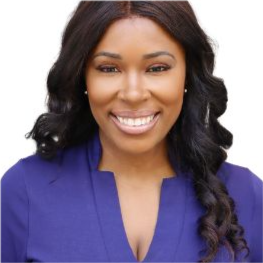
-transformed.jpeg)

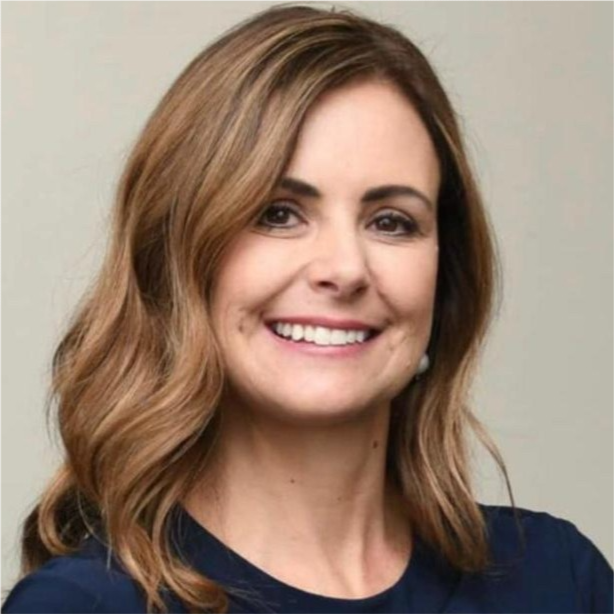
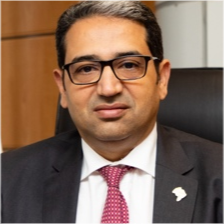
Panel | From start-up to scale-up: Financing SMEs for jobs growth in Africa
SMEs employ 80 percent of the African workforce, and nine out of ten new jobs on the continent are created by growing companies. How can African financial sector stakeholders become better at supporting the continental jobs agenda by increasing support for growing small and medium-sized companies, especially those run by women and youth entrepreneurs? What inspiration can we draw from each other?
Key points:
- Building entrepreneurial pathways – how do we create an enabling ecosystem for SMEs that allows for a sustainable expansion of SME finance?
- Next generation credit scoring – what opportunities and risks do AI and alternative data offer for unlocking SME finance in African markets?
- How do we design policy and regulation that supports a range of financing instruments for SMEs, while ensuring financial stability and investor protection?

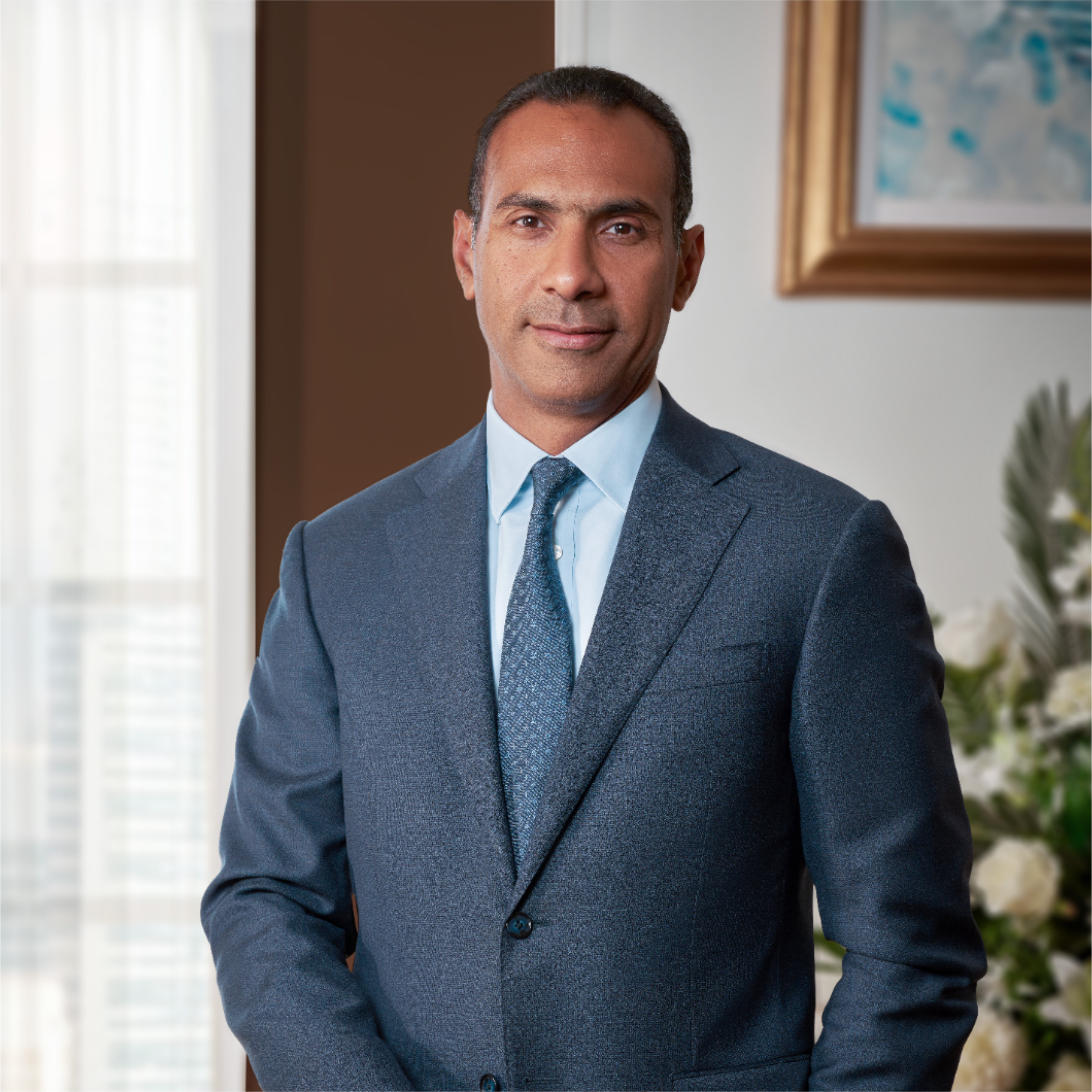
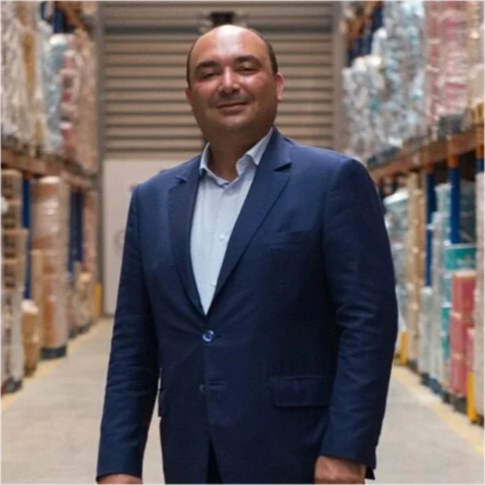
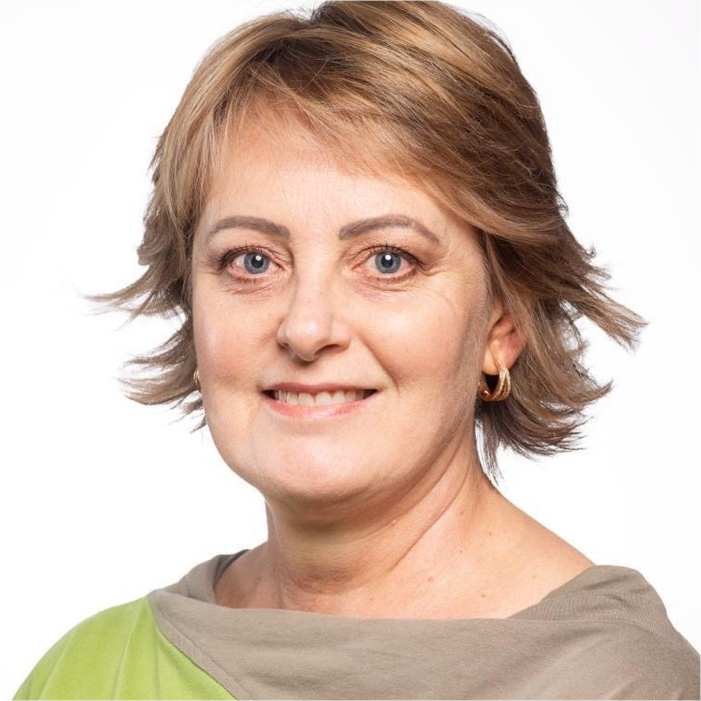
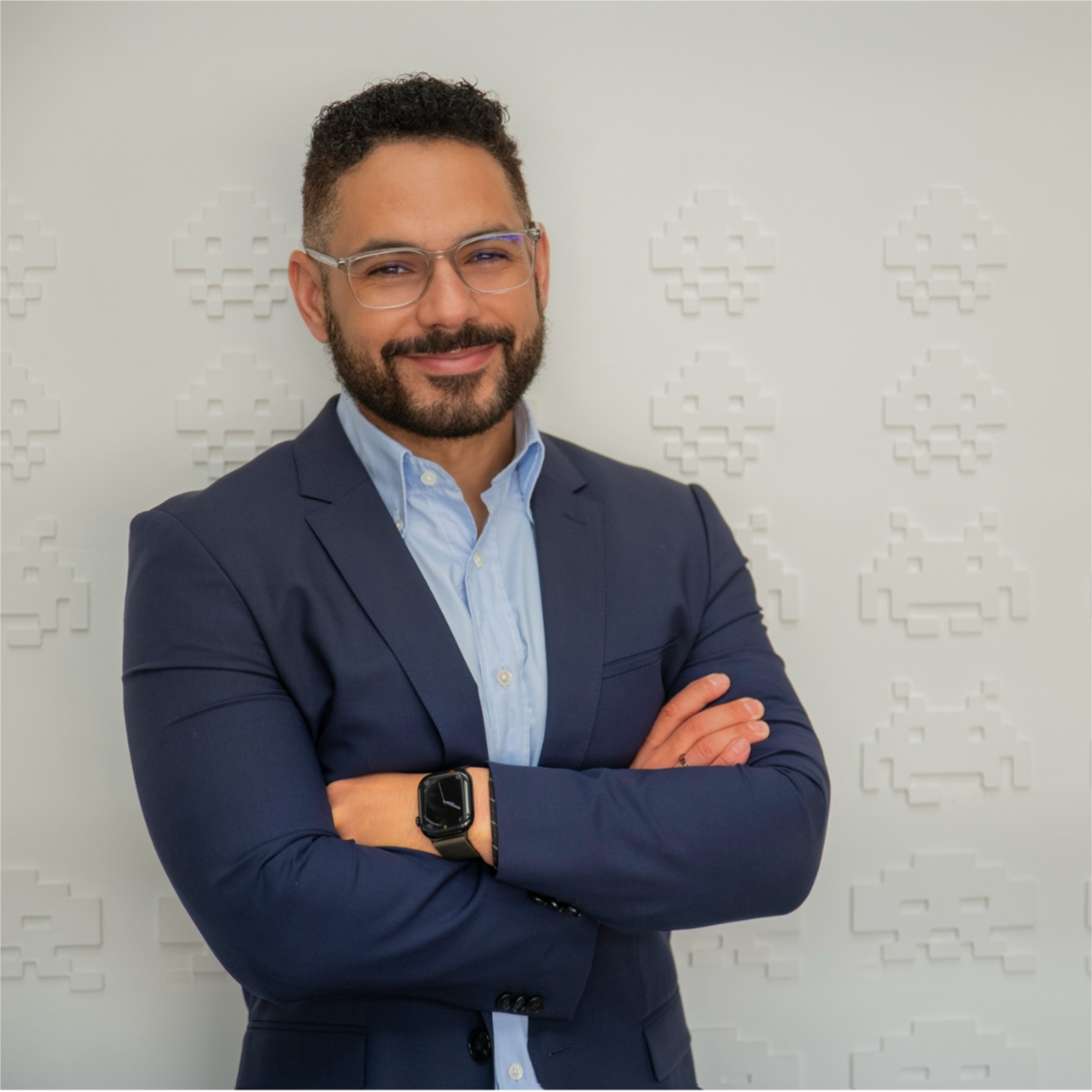

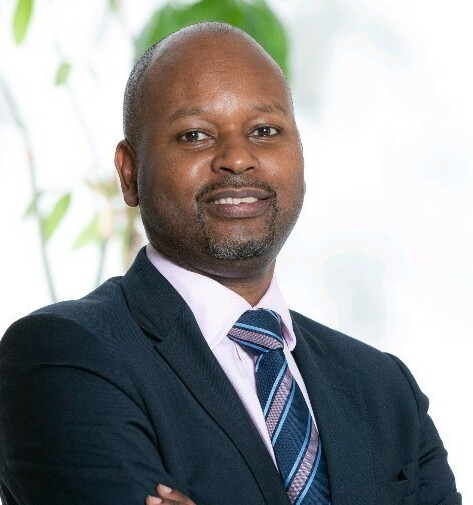
Wave - Side Event | Seamless Compliance: Unlocking Pan-African Growth Through Smarter Regulation
Africa’s digital finance revolution is accelerating. Yet, with 57% of Sub-Saharan Africa’s population remaining unbanked, fragmented regulations, inconsistent compliance standards, and limited eKYC infrastructure cost fintechs millions of dollars in duplicated efforts each year, threatening the promise of a truly integrated financial ecosystem. Building a harmonized framework for digital identity, oversight, and innovation is now urgent to unlock cross-border growth and financial inclusion at scale. With over $137 million in new funding, a rapidly expanding user base across West Africa, and the recent rollout of its Visa prepaid card in pilot phase, Wave is redefining access to digital finance through affordability, simplicity, and innovation. This session will explore how optimized compliance, interoperable eKYC, and coordinated regulation can power Africa’s next chapter of financial inclusion and integration.
Key Points:
- From siloed KYC to interoperable eKYC: What concrete steps are needed to build shared identity infrastructure that functions across markets?
- Balancing speed and safeguards: How can regulators streamline licensing and compliance without compromising consumer protection?
- Blueprint for integration: Which lessons from regional frameworks—such as WAEMU zones—can be adapted continent-wide to enable seamless digital finance?




Strategic Roundtable | Microfinance: Breaking free from debt-driven models
Access via sign-up on the event app or by invitation only. English-French translation available.
Microfinance institutions (MFIs) face a regulatory divide across Africa: some can collect deposits, others are restricted to lending - shaping how they serve clients and fuel growth. In credit-only markets, MFIs must turn to alternative sources of capital, such as loans, bonds, or securitisation, raising important questions about long-term sustainability. Even where savings mobilisation is allowed, many MFIs still rely heavily on debt, with savings-to-loan ratios often falling below 50%. A roundtable of MFIs, DFIs and regulatory bodies explores why debt continues to dominate funding models and how the sector can shift towards a more balanced approach.
Key Points
- Which types of consumer protection frameworks can build trust to unlock deposit mobilisation and reduce reliance on debt?
- How can digitalisation offer new pathways to scale up savings?
- To what extent can regulatory reforms safely open the door to deposit mobilisation?
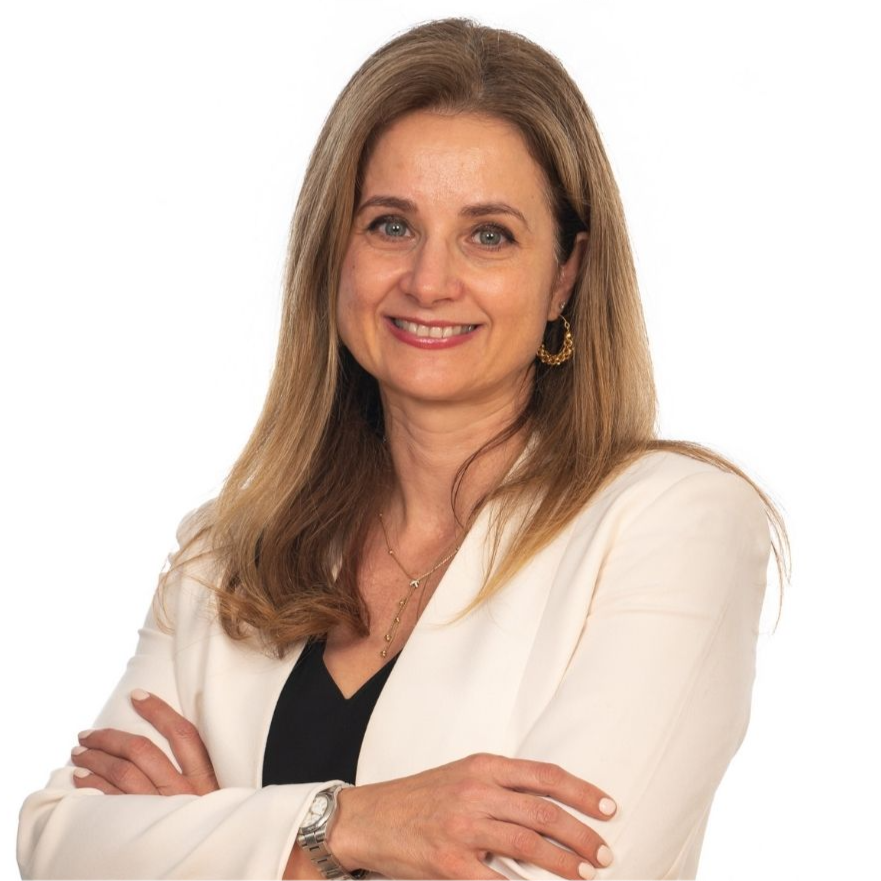
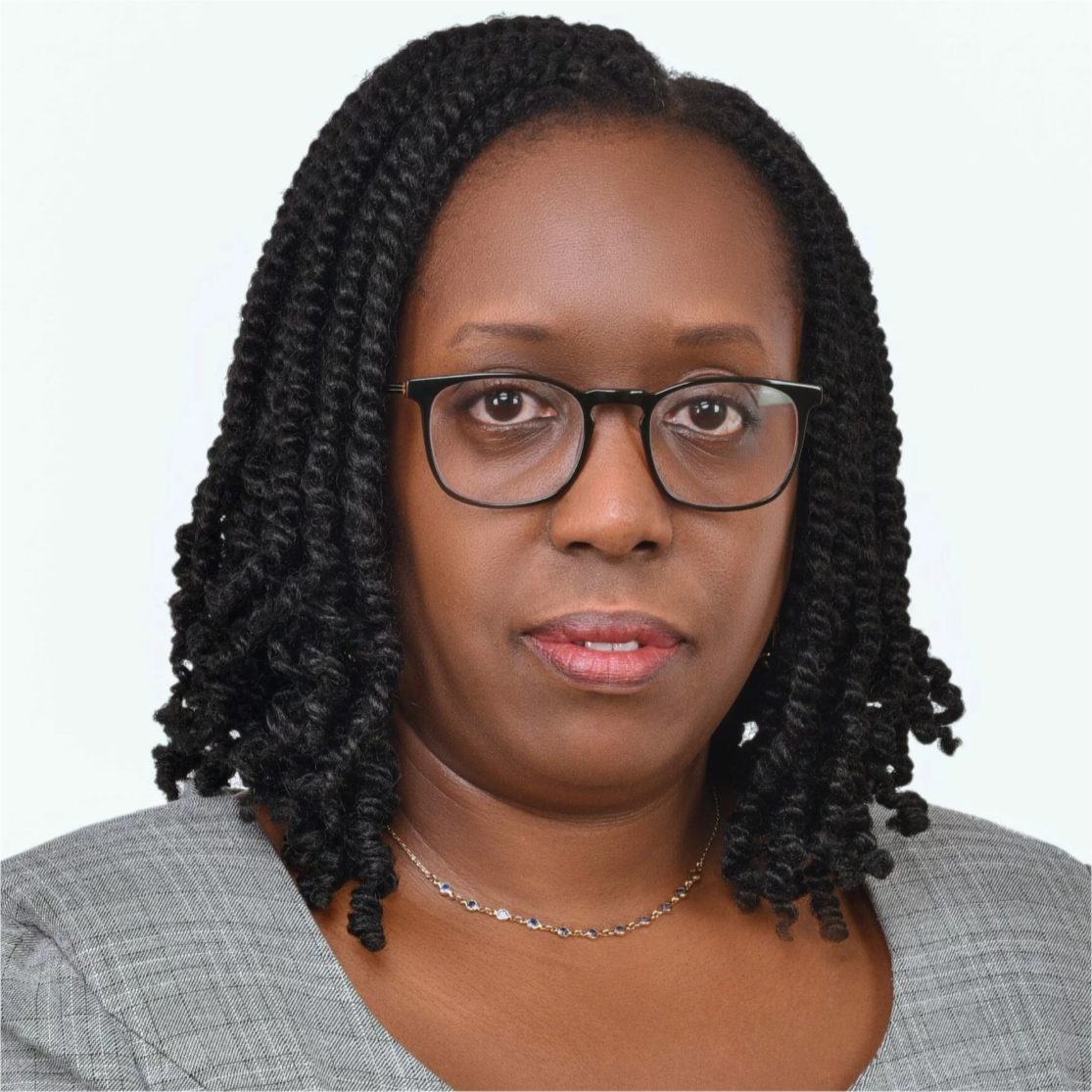
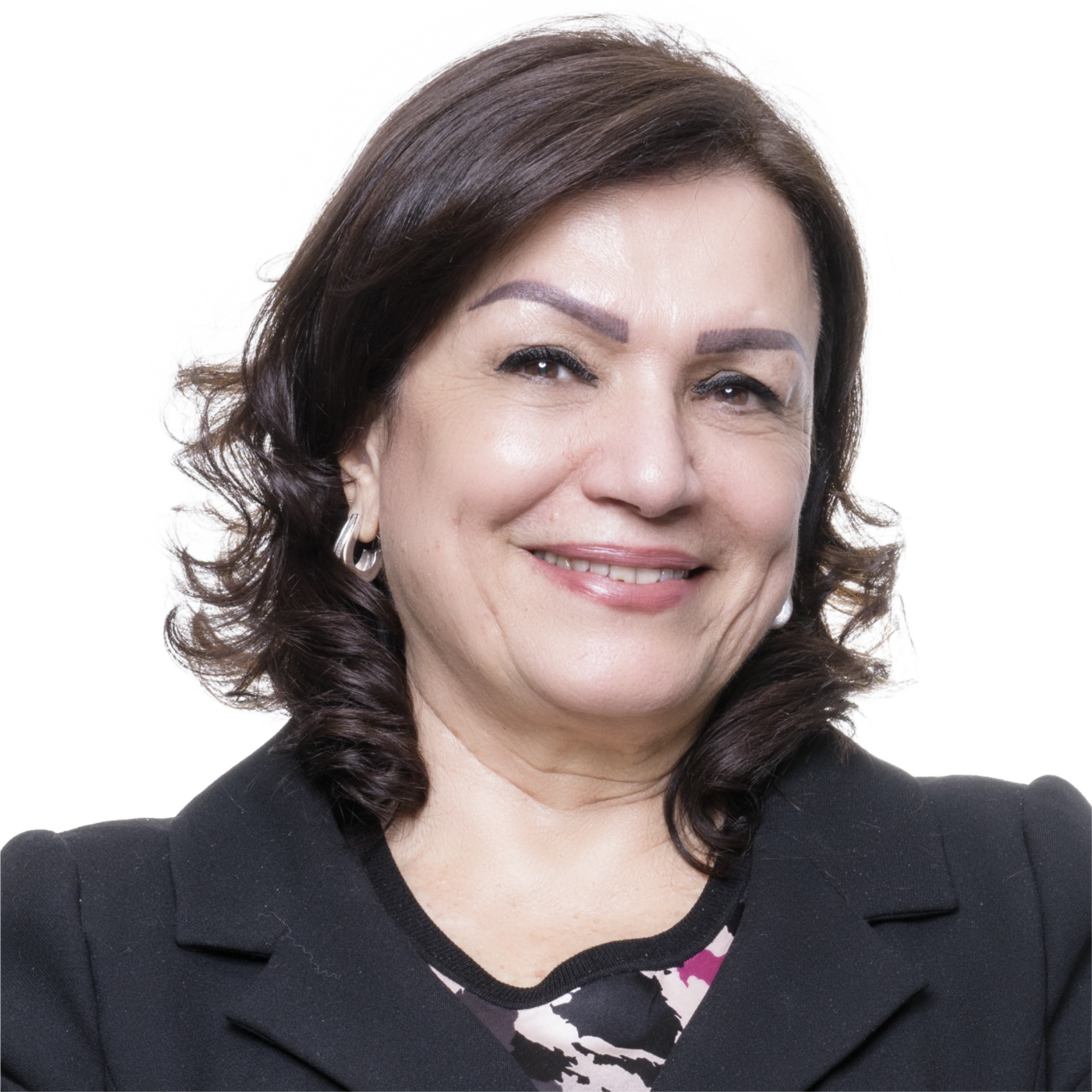

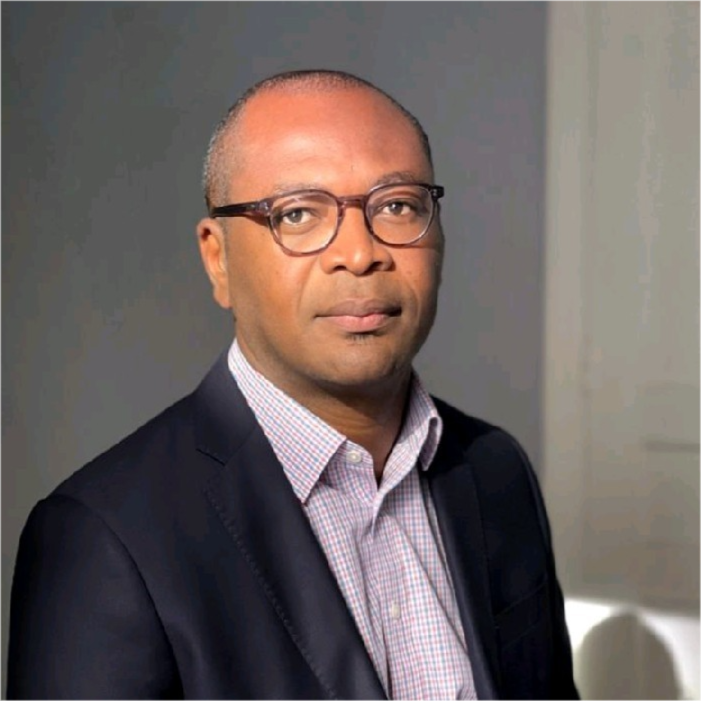
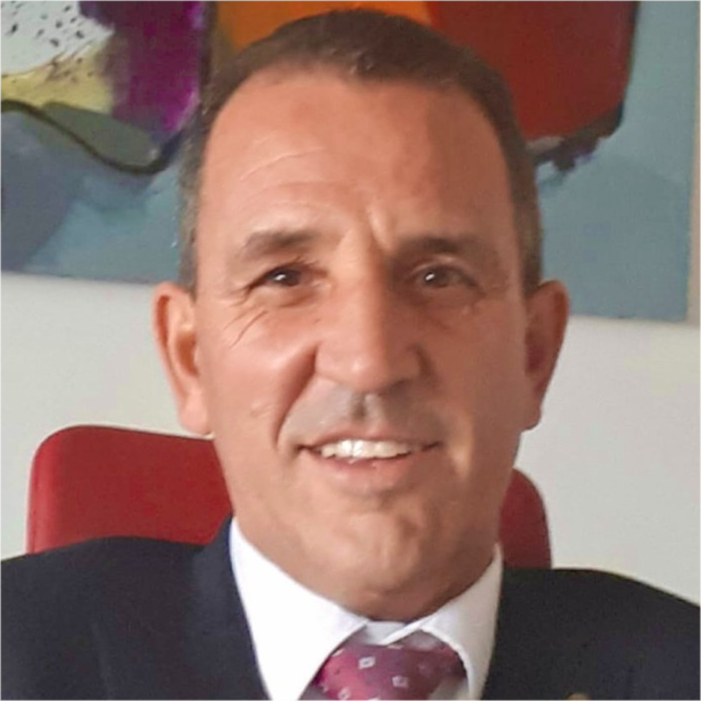
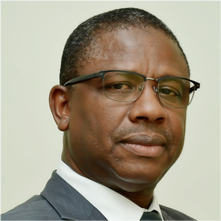
Disrupters Club Roundtable | Enabling future-proof investment ecosystems for Africa’s fintechs
Paystack, sold to global giant Stripe for $200m, and Moniepoint, founded ten years ago and now a $1bn company, prove Africa has world-class fintech talent. As continental tech funding dipped 33% YOY in 2024 - especially for early-stage rounds - will patient, well-structured capital, and support systems be available to nurture the next generation of talent? A roundtable of startups, investors, and regulators explores how to create an environment that helps the boldest fintech ideas take root and scale.
Key Points:
- How can local VCs, DFIs, and public actors align efforts to create coordinated capital pipelines?
- In a resource-tight landscape, how can fintech founders show they are investor-ready?
- Mentorship, guidance and regulatory compliance support: What more can national and regional fintech ecosystems do to support startups beyond funding?

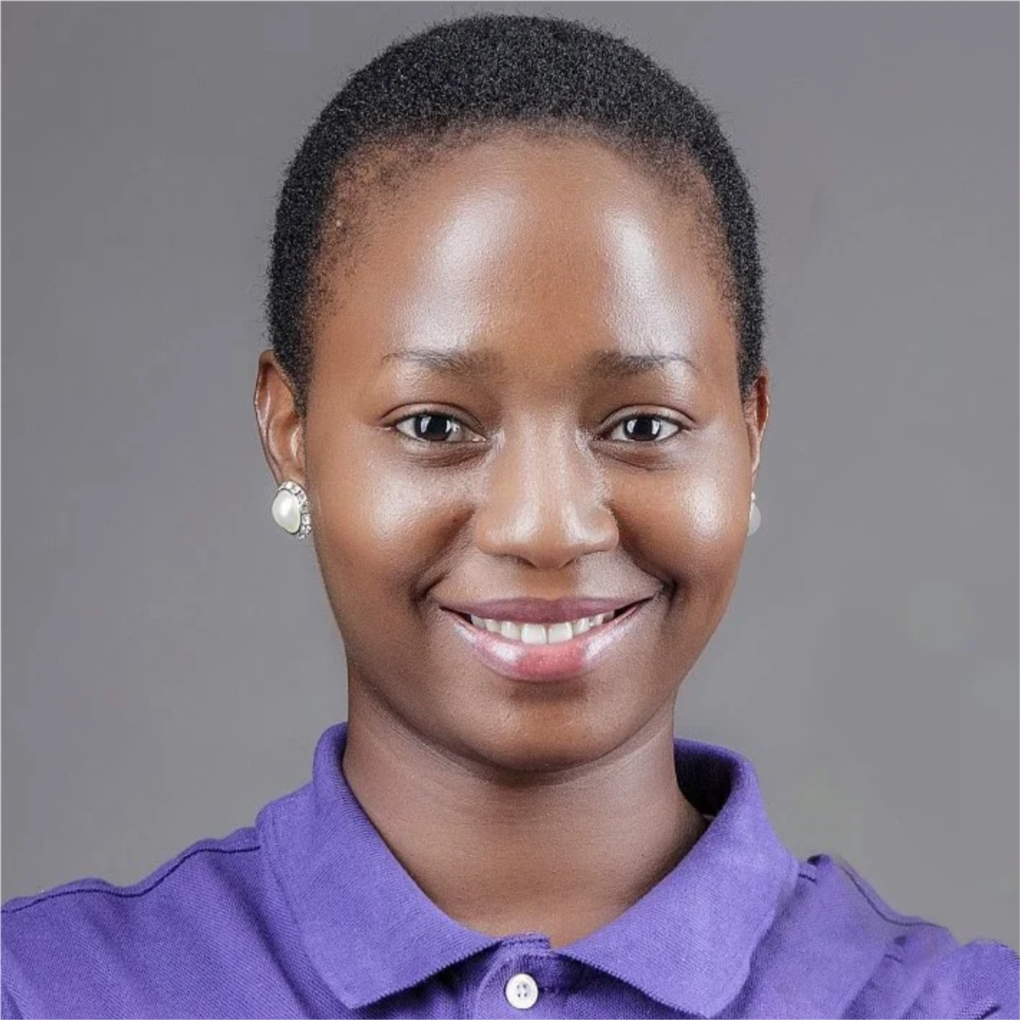
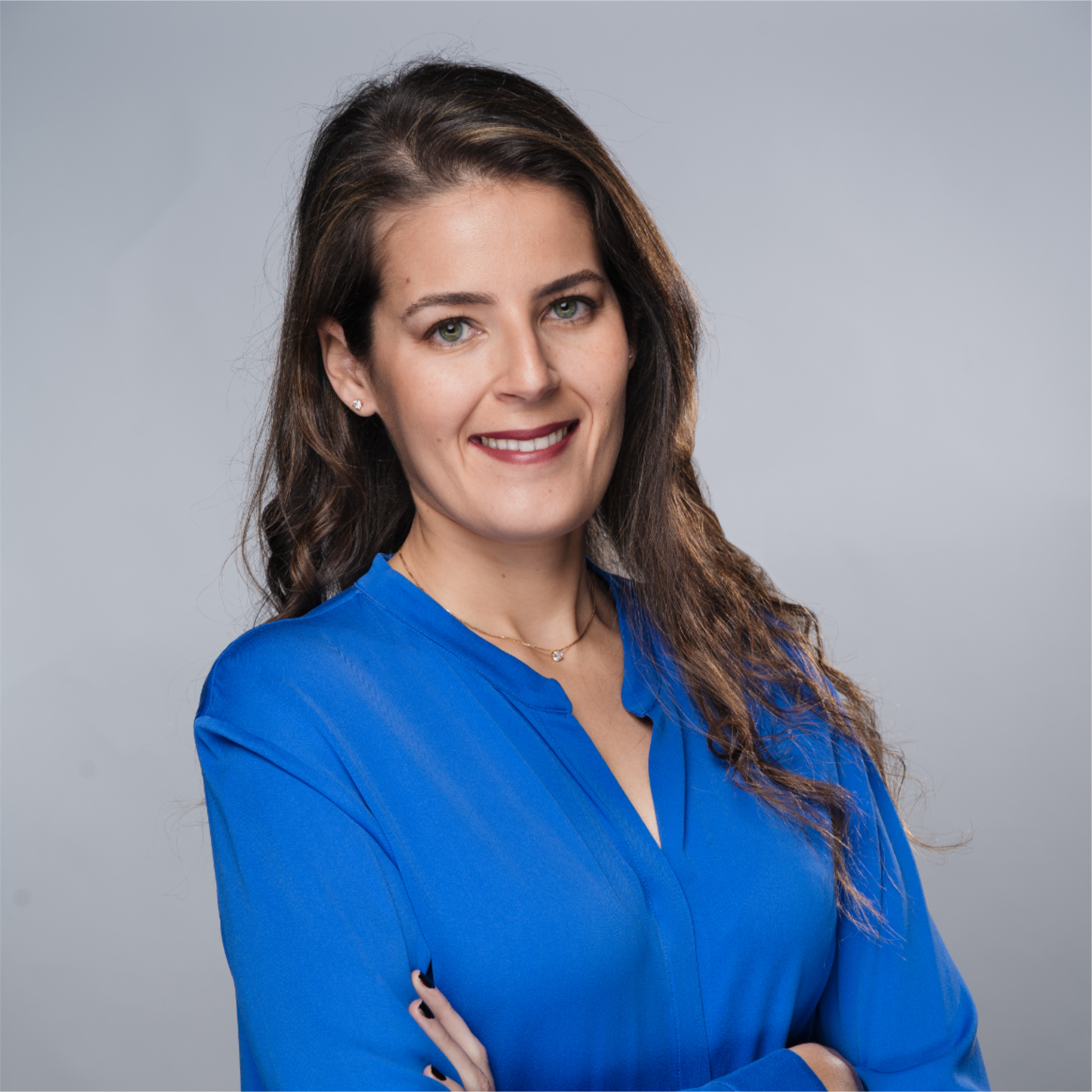
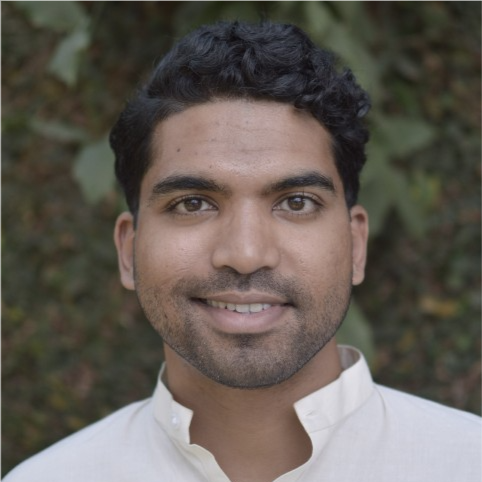

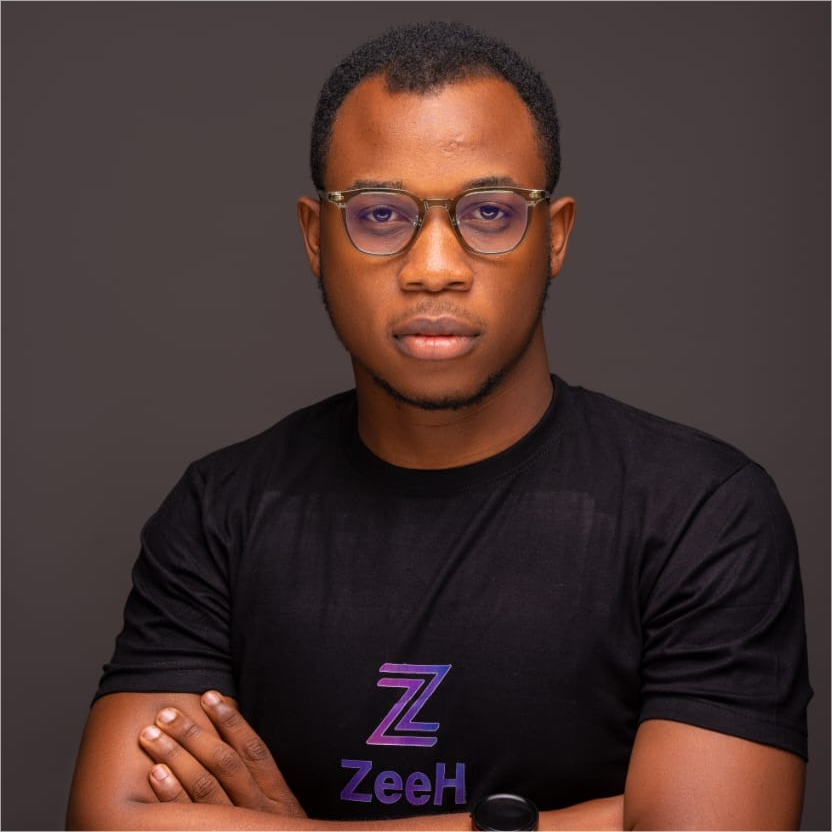
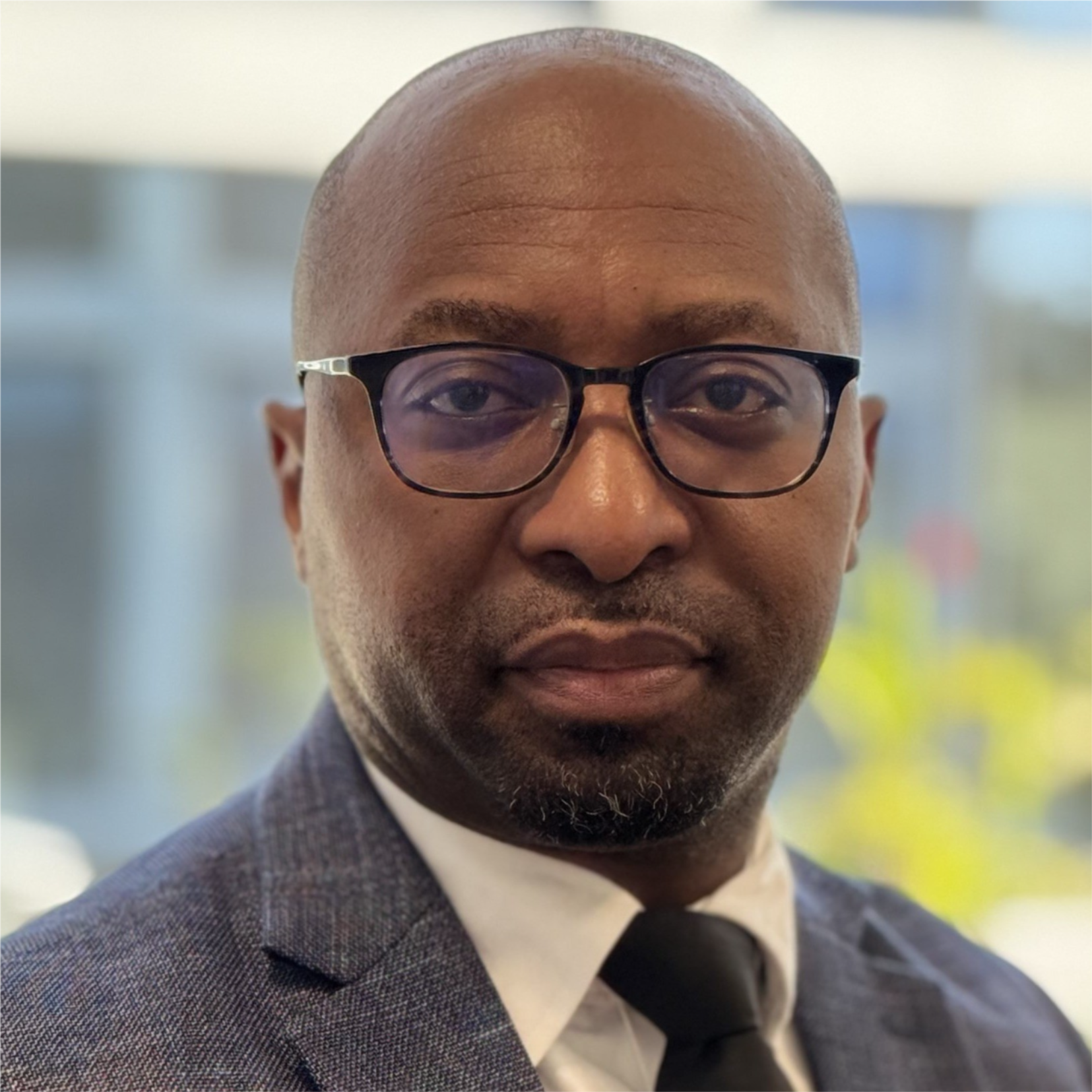
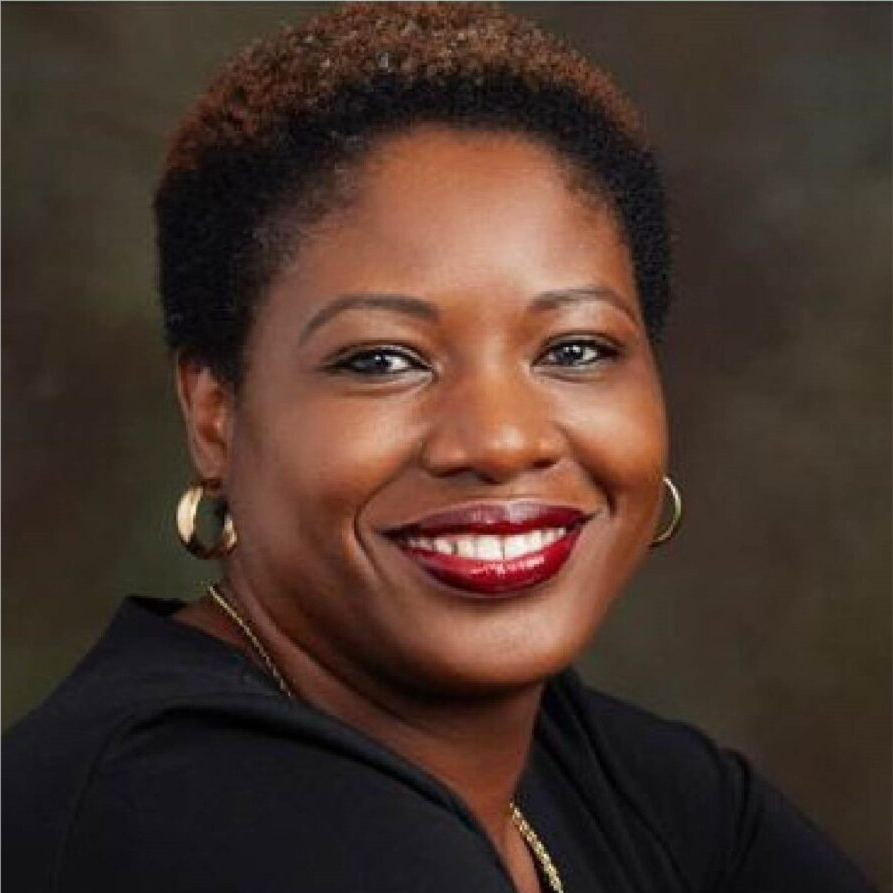
Panel | From deal to listing: Preparing private equity exits through capital markets
Only around 10% of Private Equity (PE) exits in Africa came via IPOs in 2024—undermining stock market development—while trade sales and secondaries continue to dominate. One overlooked barrier to IPOs is internal: most portfolio companies are not structured to become listed entities. Some investors like Mediterrania Capital Partners have however engineered successful IPOs on the Casablanca Stock Exchange by embedding exit-readiness early - through governance upgrades and public-market-aligned reporting. This roundtable gathering investors and regulators explores how to turn IPOs into a credible exit path across African markets.
Key Points:
- What listing-readiness processes - governance, audit, transparency, investor engagement -should PE firms embed from day one?
- How can African exchanges co-develop tailored exit pathways via phased IPOs, mid-cap segments, simplified disclosure regimes?
- What collaborative tools, such as GP–stock exchange dialogues, early listing diagnostics, and capital market alliances, can accelerate IPO adoption?
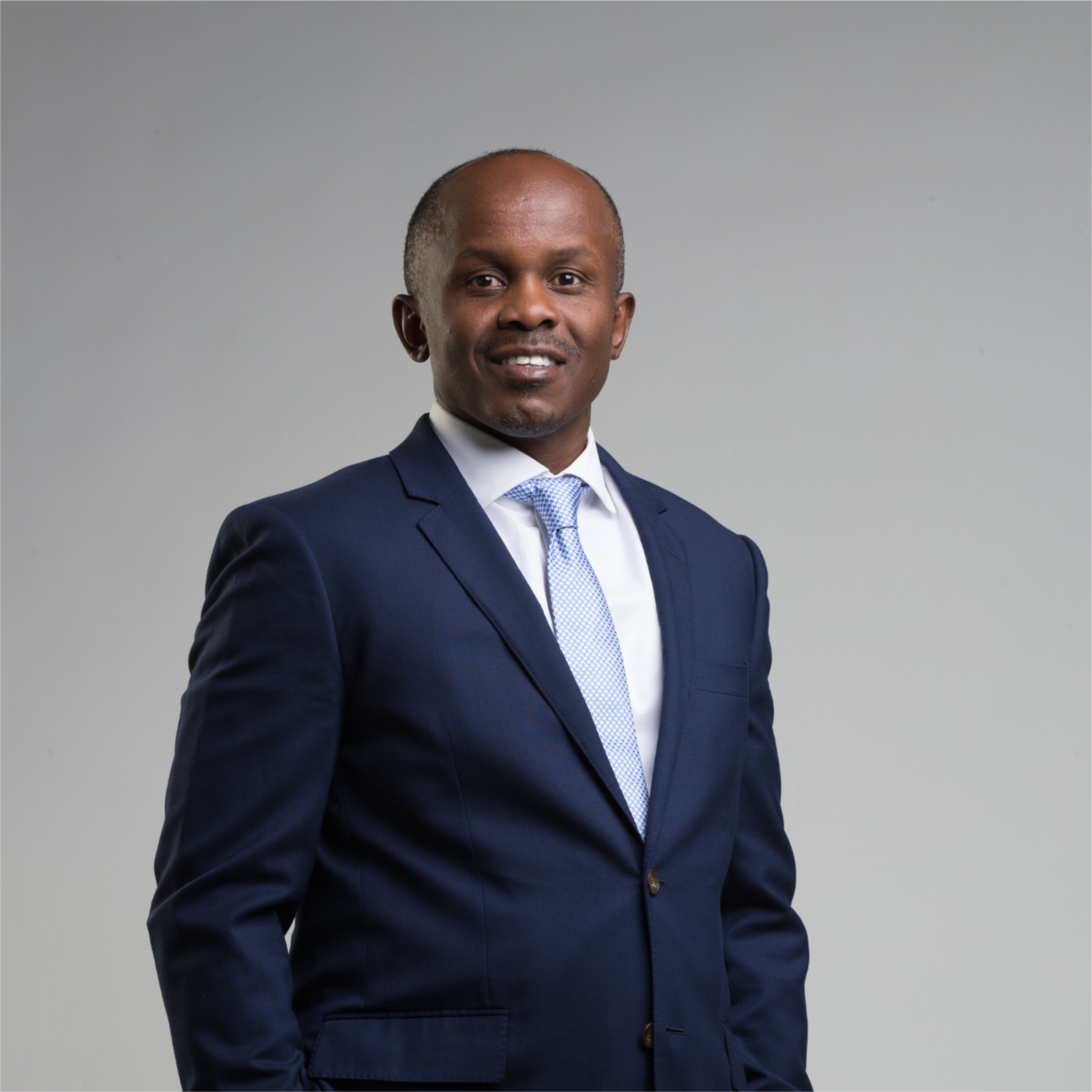


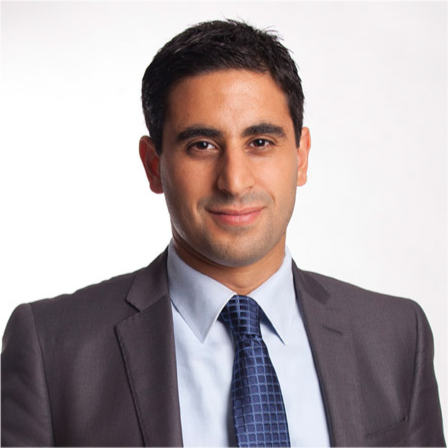
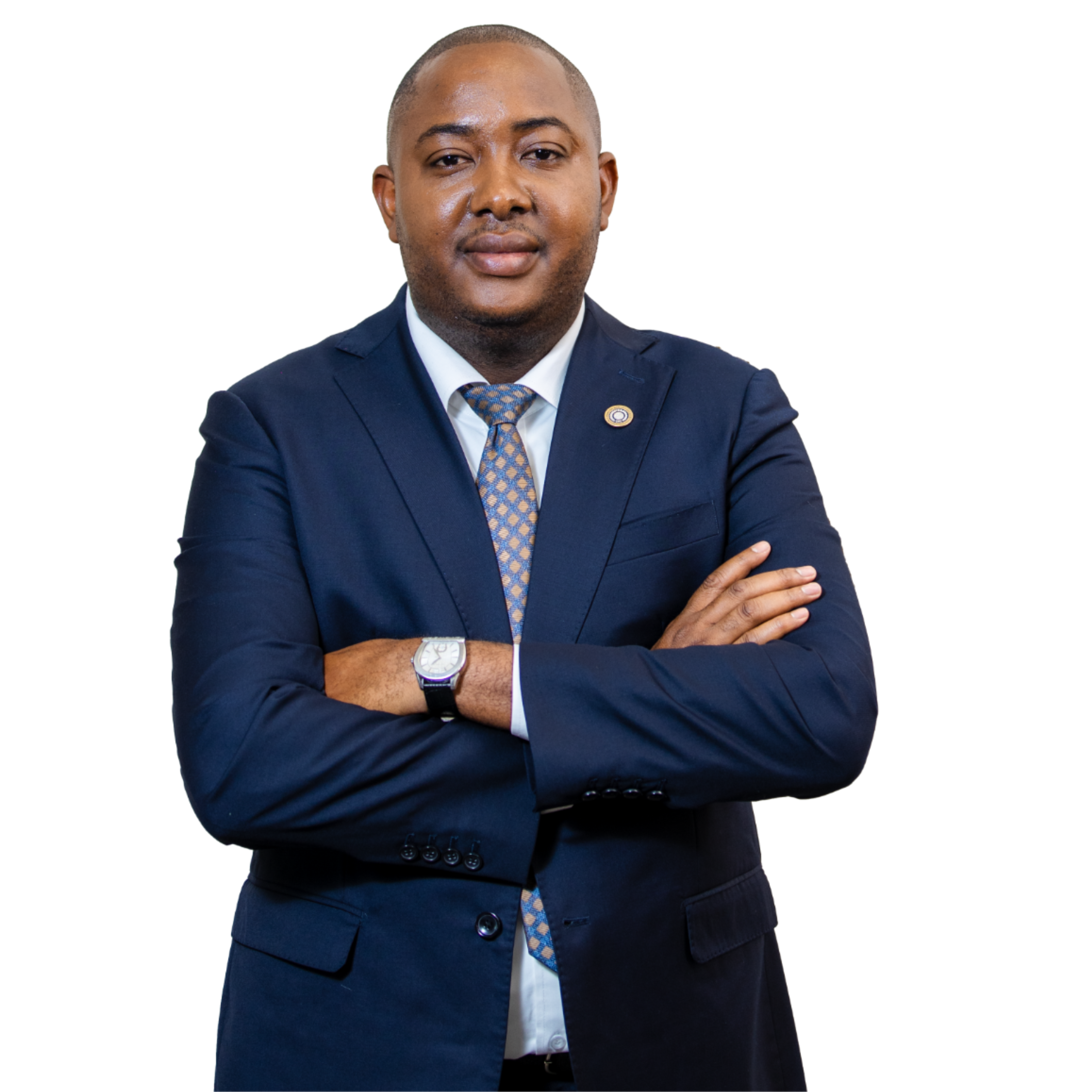
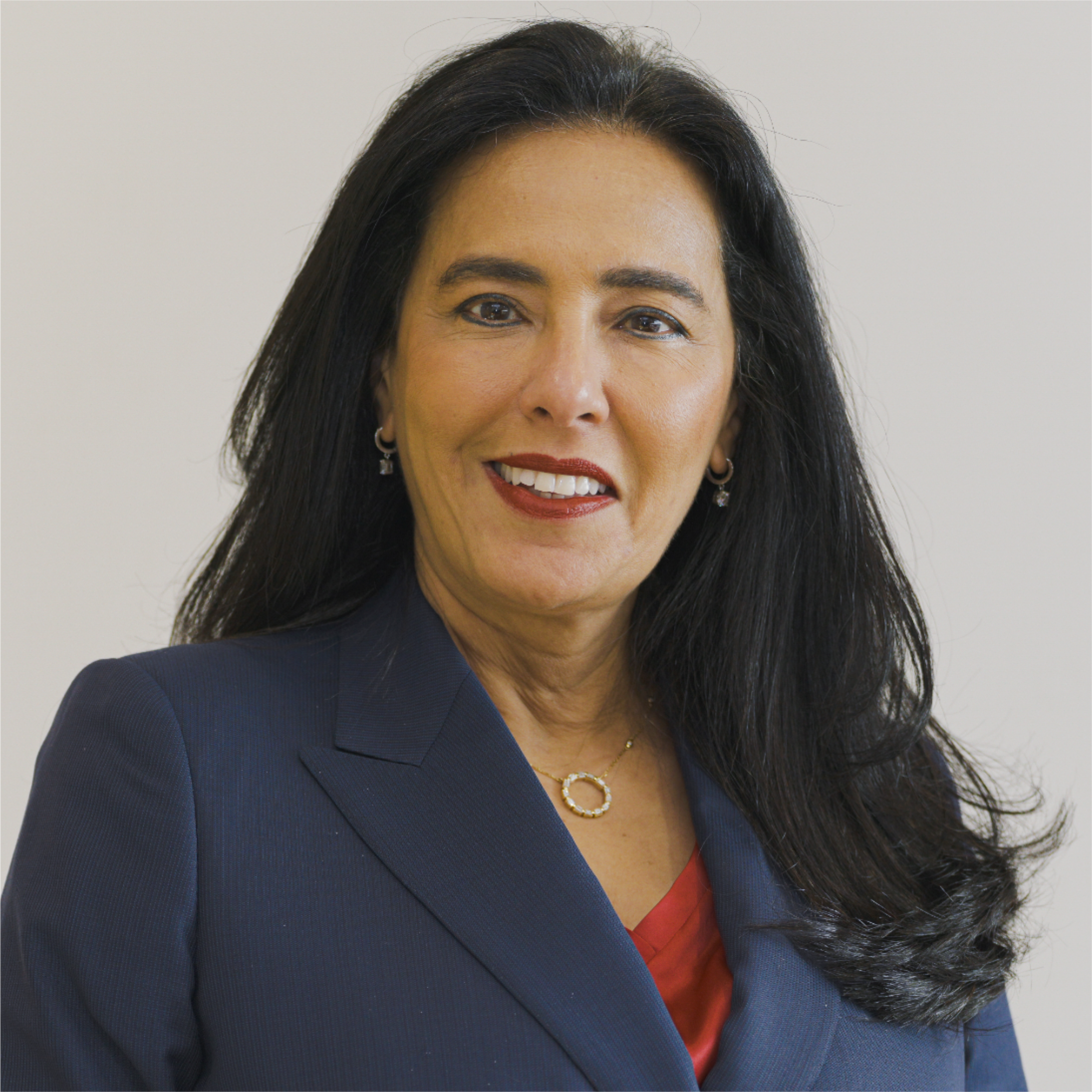
Insurance Supervisors Panel | How to tackle Africa's sub 3% insurance penetration rates?
Just over two-thirds of African insurance CEOs surveyed by ContinentalRe say penetration rates do not matter to them, revealing a troubling disconnect between market behaviour and public policy priorities. African insurance penetration (2.4% for life; 1.1% for non-life) is below global norms, and much lower outside South Africa, leaving millions exposed to climate, health, and income shocks. In agriculture, less than 3% of African smallholder farmers are covered. Meanwhile, informal schemes like tontines or Harambees are still the default safety net for rural and peri-urban households. To close this gap, regulators must build capacity, digitise supervision, and connect informal practices with formal markets. What coordinated push will finally unlock inclusive, resilient insurance at scale?
Key Points :
- How can government–supervisor collaboration turn agriculture and informal sector penetration into a profitable private sector business opportunity?
- What regulatory levers (mandates, digital onboarding, premium subsidies) can scale micro & agriculture insurance?
- How can informal groups be integrated into formal systems, combining trust, reach, and supervision?

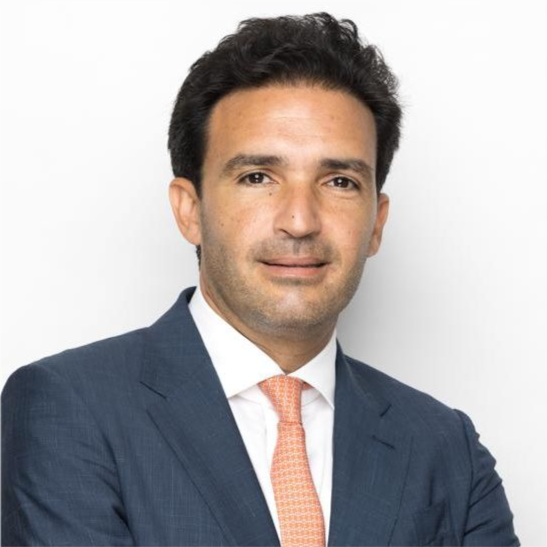

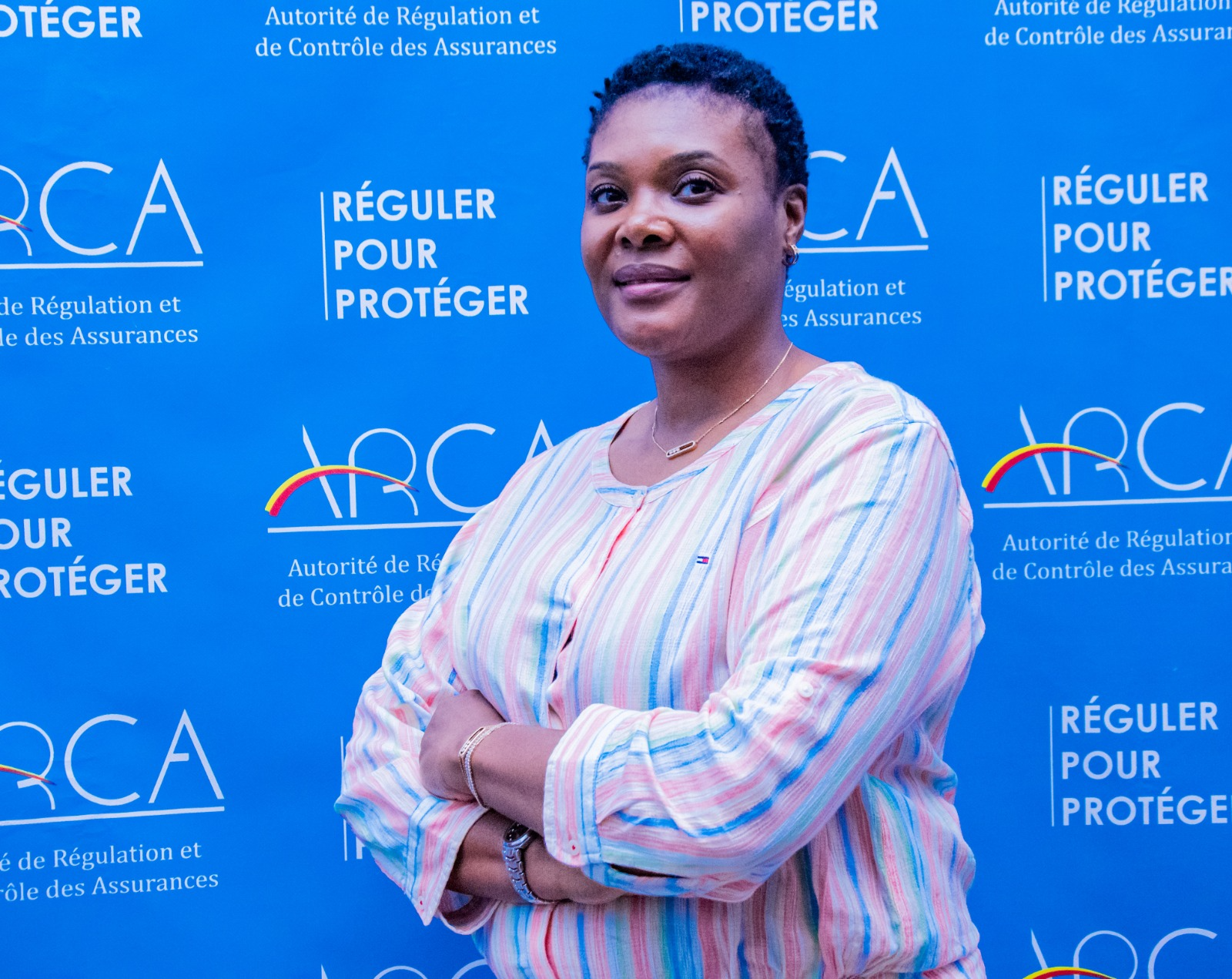
Panel | Mobilising domestic savings into the local economies: What's stopping institutional investors?
African institutional investor (pension funds and deposit and consignment funds) assets now exceed $230 billion. Yet less than 10% of pension funds is invested in domestic capital markets outside South Africa and Nigeria - and just 1.5% in infrastructure or alternatives. In Uganda, listed equities represent under 1% of institutional holdings despite pension assets equalling 12% of GDP. Most capital remains in short-term government securities due to regulatory ceilings, shallow markets, and high transaction costs. By contrast, pooled consortia of pension funds, insurers and sovereign wealth funds in Kenya and South Africa have mobilised $500 million for infrastructure in just three years. In Morocco, the Caisse de Dépôt et de Gestion demonstrates how deposit and consignment funds can serve as catalysts for local financing, channeling long-term savings into territorial development, SME financing, and strategic infrastructure projects. What will it take to truly maximise African domestic institutional capital?
Key Points
- Which market instruments can unlock institutional investment - green bonds, securitised infra, SME debt funds?
- How can pooled regional platforms and credit enhancements address scale and liquidity barriers?
- What reforms are needed to expand long-term allocations—without breaching solvency or return thresholds?


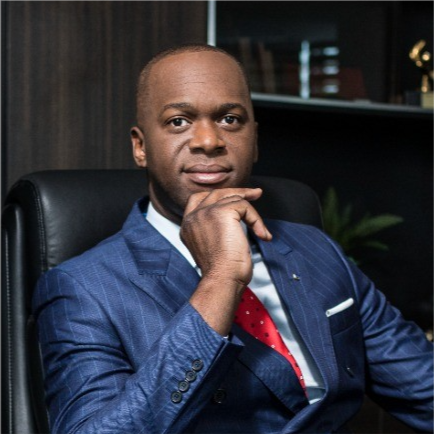


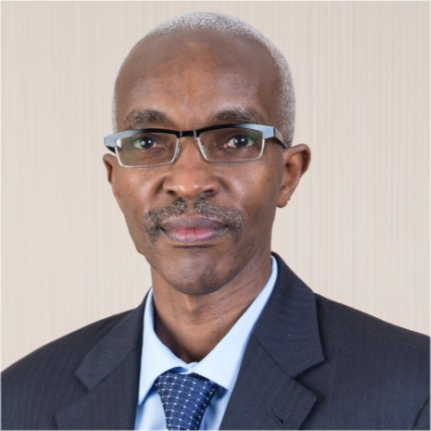
Side Event AfDB | Unlocking Domestic Capital at Scale for Africa’s Transformation
Access via sign-up on the event app or by invitation only. English-French translation available.
Africa’s vast investment potential is no longer in question — but unlocking it requires domestic capital to flow at scale into infrastructure and productive sectors. With over US$900 billion held by institutional investors and US$2.5 trillion in commercial bank capital, the continent already holds the means to fund its own development. Yet, mobilising these resources remains constrained by fragmented markets, limited instruments for risk mitigation, and persistent perceptions of “African risk”. As international aid declines and access to concessional finance tightens, local currency markets, pension funds, and insurance pools are emerging as critical engines of resilience. The challenge now is to transform these assets into long-term investment vehicles that serve African priorities, not external cycles.
Key Points:
- Unlocking Domestic Capital: How can African institutional investors, commercial banks, and pension funds overcome barriers to effectively mobilise capital for infrastructure and productive sector financing?
- Risk Mitigation Innovations: What innovative risk mitigation and guarantee instruments can be developed to help scale up domestic financing for sustainable projects across Africa?
- Financial Sovereignty: How can African financial markets evolve to reduce reliance on foreign investment, and what role should local financial institutions play in building a self-sustaining economic ecosystem?
- Tapping Untapped Opportunities: Which untapped sectors and regions offer the highest potential for investment, and what policies or innovations are needed to unlock this potential at scale?


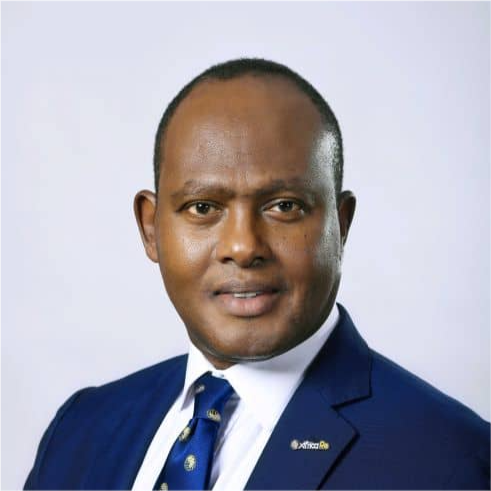
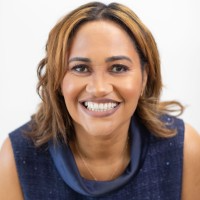



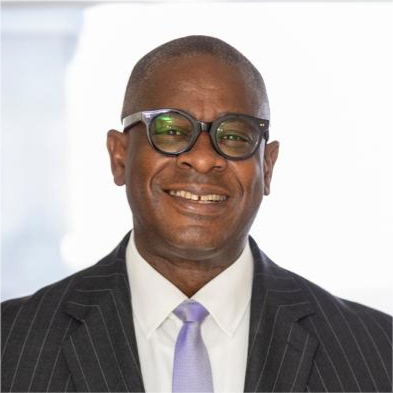
Women In Finance Workshop | Addressing governance blind spots in pay parity, progression and retention
Access via sign-up on the event app or by invitation only. English-French translation available.
More than 35 male African central bank governors and only three women (8%) ; hundreds of male Group CEOs of Africa’s top-tier banks and insurers, but only a few women. Despite growing awareness, gender disparities persist—particularly in pay equity, leadership progression, and board representation. Only 23% of boards include more than 25% female directors (AFIS-Deloitte Barometer), and 2025 marked the lowest women-in-leadership representation in five years. Since 2012, the Central Bank of Nigeria has mandated 40% female representation in top management at commercial banks, leading to several women Group CEOs, a rare occurrence elsewhere in Africa. A workshop gathers executives to brainstorm governance reforms for advancement and retention.
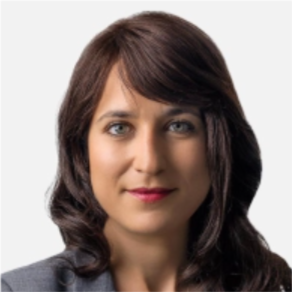
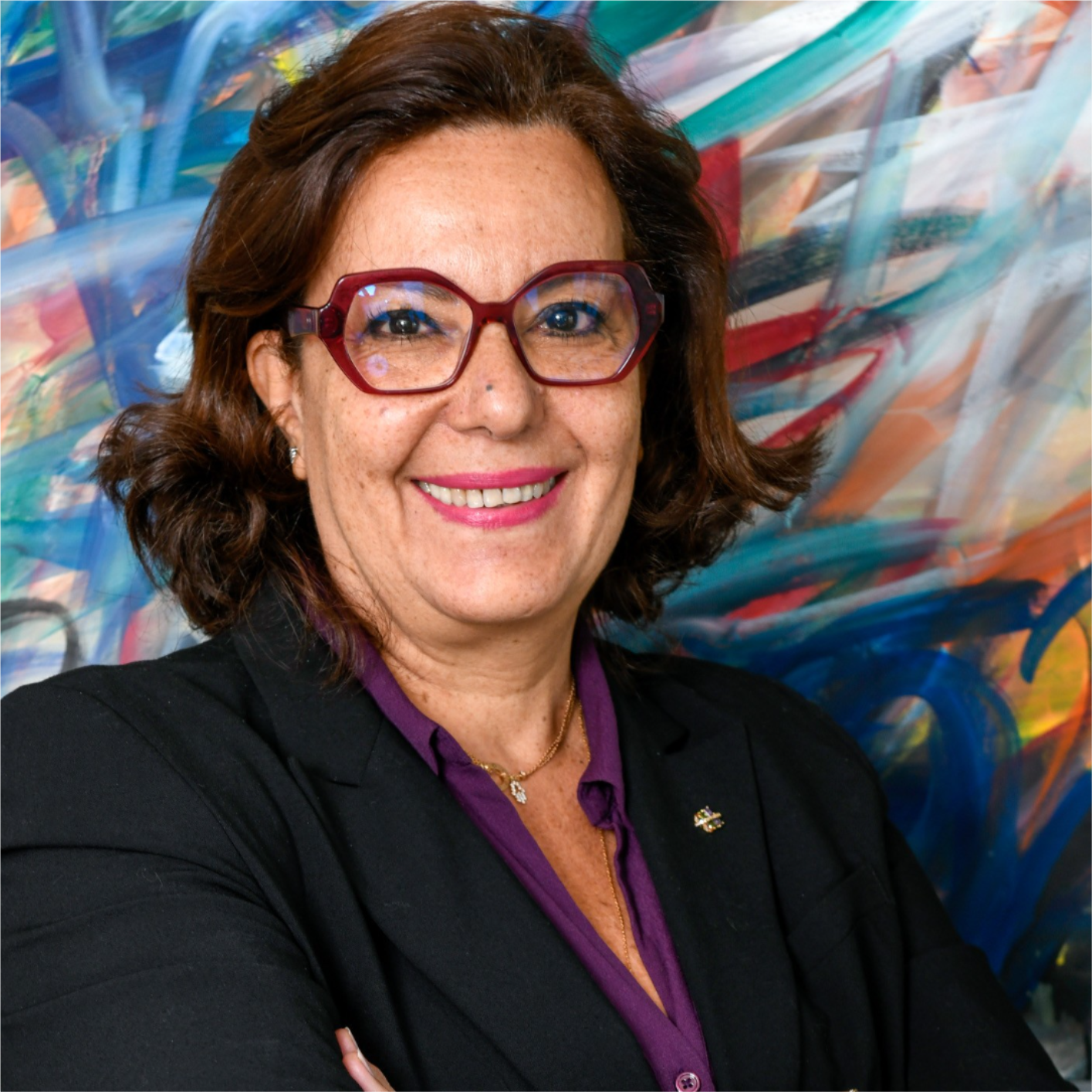
Strategic Roundtable | Climate shock cover: How to expand regional climate risk pools
Access via sign-up on the event app or by invitation only. English-French translation available.
Deeper risk pools at regional level may be required to cover insurers’ liabilities to increasingly frequent floods and droughts amid high reinsurance costs. The African Union’s African Risk Capacity, the COMESA-backed Africa Nature Risk Pool, and Morocco’s $275 million Solidarity Fund - funded via a levy on non-life policies - have emerged to reinforce insurance underwriting capacity and expand cover. But as Old Mutual last year projected a 10% premium hike across all products due to climate events, additional capital may be needed to keep insurance affordable as weather-related claims soar. A roundtable examines how regional cooperation among insurers, reinsurers, governments and DFIs, could strengthen or establish new risk pools.
Key points
- Smallholder farming, corporate property damage: Which policies and insurance penetration initiatives urgently need new or expanded risk pools?
- Levies on policies and development finance: Where will capital for risk pools come from?
- African Risk Capacity, AU, regional blocs, BRICs: Which platforms will be the basis of future regional or pan-African risk pools?

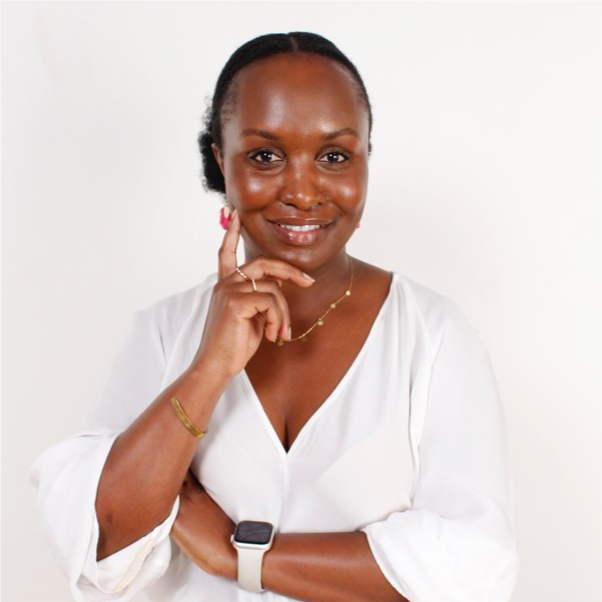

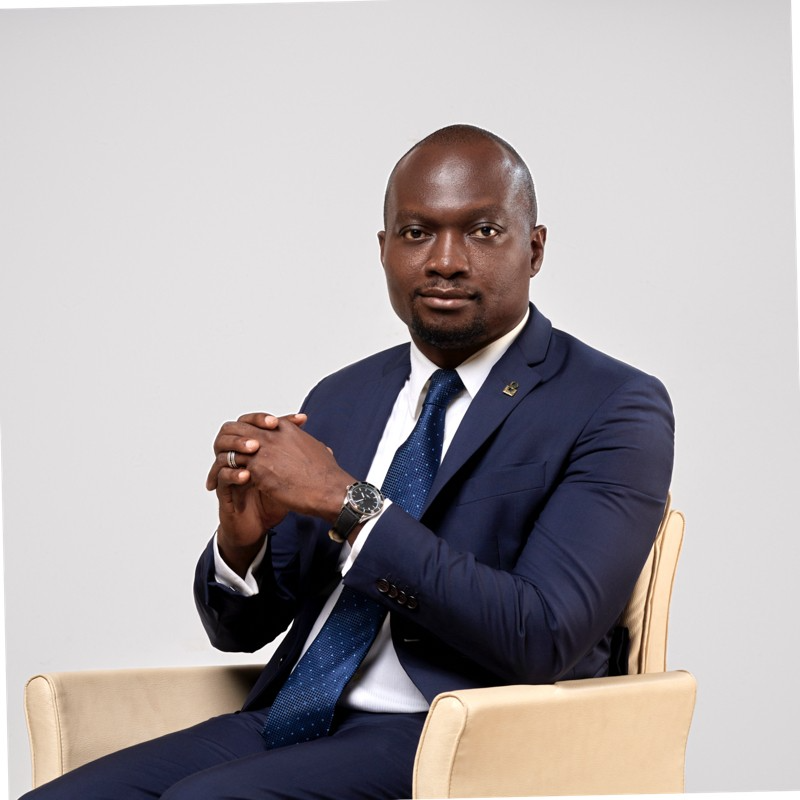
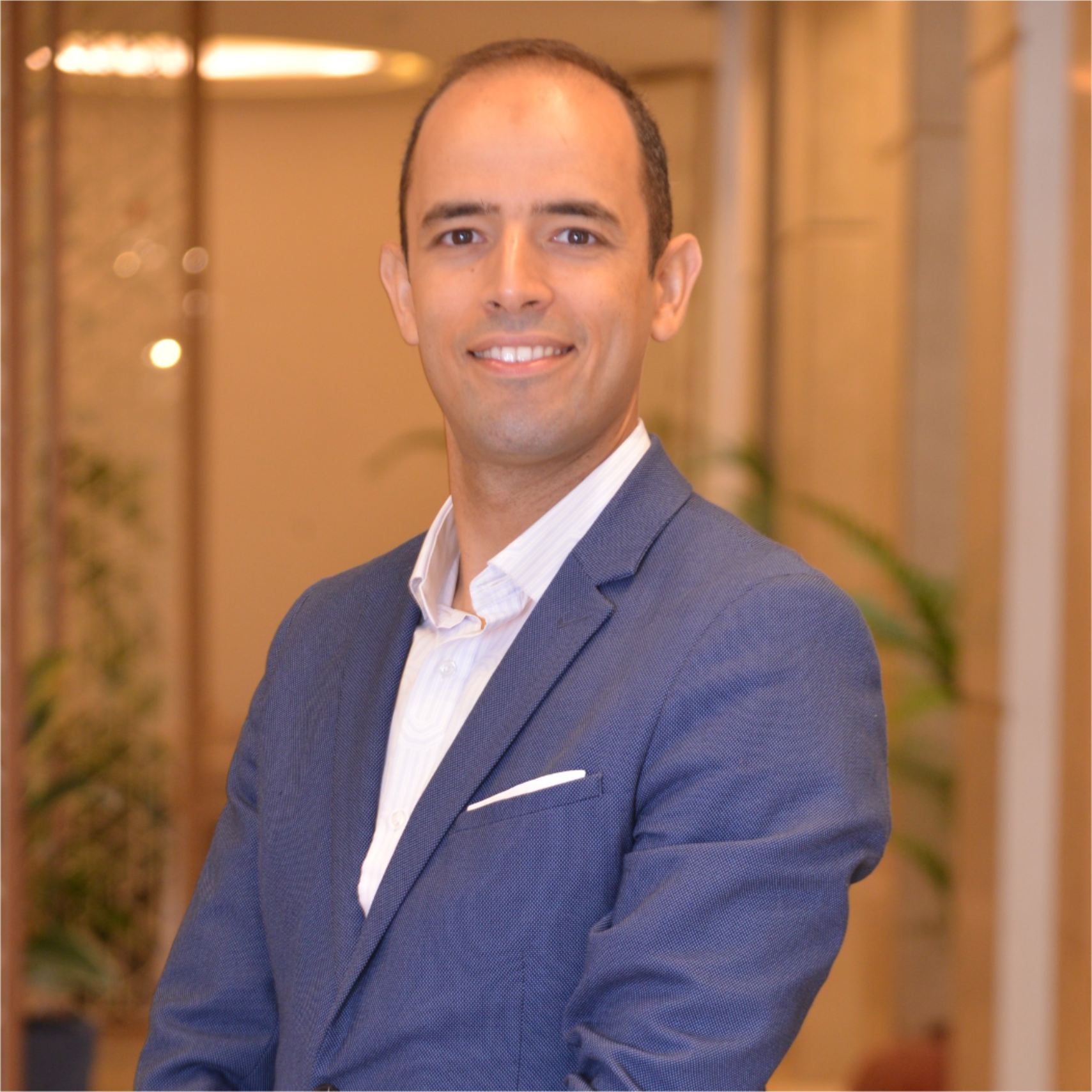

Disrupters Club Panel | Co-designing AI-driven MSME finance with bank, fintech and MFI partnerships
Bank–fintech and microfinance institution (MFI) collaborations delivering digital banking, credit and payment products to Africa’s 44 million MSMEs live or die by how they're structured. Some have collapsed due to profit sharing disputes and competitive tensions. Others, like Safaricom and NCBA's M-Shwari have been vastly successful. Agreeing on profit and data sharing, allocating liability for fraud or credit risk, and ensuring seamless API integration can make-or-break partnerships. From AI-powered credit scoring to real-time digital payment systems that generate the transaction histories MSMEs need to qualify for credit, how can partnerships be structured to plug Africa’s $330 billion SME financing gap?
Key points
- What are the key determinants of a winning fintech-MFI-bank partnership?
- Could fintechs and telcos growing to the scale of traditional banks, and banks enhancing their own fintech capabilities, threaten the future of partnerships?
- How can the new frontiers for AI in credit scoring, detecting customer transaction patterns and fraud support MSMEs at scale?


-transformed.jpg)



Conversation With | How can Africa be more than a bystander in the global financial architecture?
Transforming the international financial architecture to give Africa a fair chance: the call is clear, but the path to achieve it remains complex. Faced with soaring African debt and a global system where the continent has captured only 4.5% of the IMF’s Special Drawing Rights (SDRs), African leaders are pushing for reforms and advocating a united stance on overhauling the Bretton Woods system and managing debt. At the heart of this effort, Serge Ekué, President of BOAD, champions a bold proposal: turning SDRs into an investment instrument for regional development banks. In this session, he will outline concrete avenues for reform.


Conversation With | Challenger banks: The neobanks disrupting the status quo
Digital-only banks are booming, with unicorns like MNT-Halan, TymeBank, and Moniepoint now joined by legacy giants (Old Mutual’s OMBank, Ecobank’s Fingo) and global players eyeing the market (Revolut in North Africa). These neobanks aren’t toppling the top-tier banks but are thriving in underserved segments and edging out lower-tier banks and microfinance institutions with user-friendly digital wallets and alternative credit scoring. But with many still operating at a loss, are their models built to last? Two of Africa’s leading neobanks reveal what’s next, and how they plan to scale sustainably.
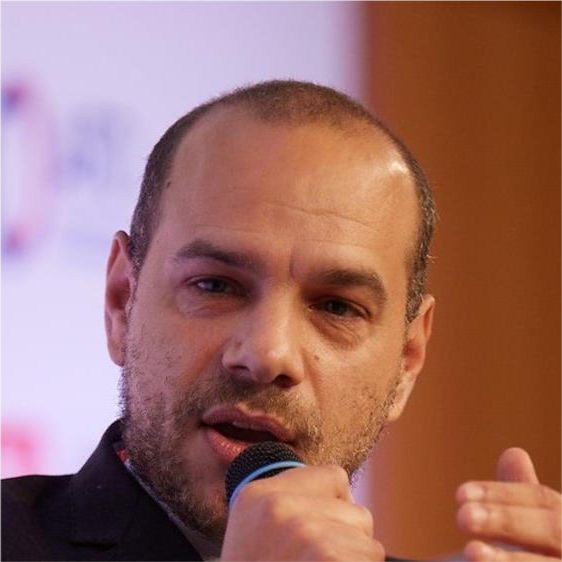
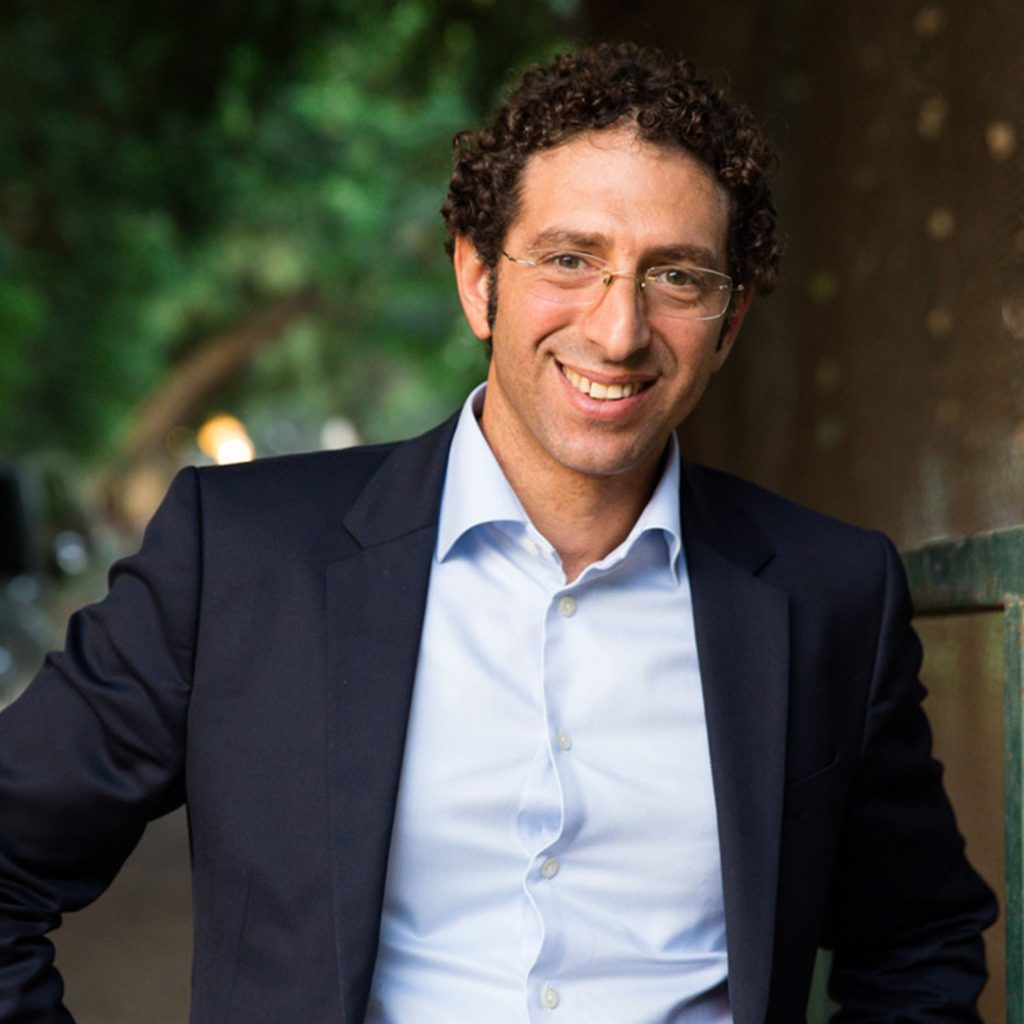

Panel | Reviving African stock markets: Forging publicly-listed family businesses with pan-African ambitions
Family-owned businesses make up 70% of Africa’s private sector yet they are underrepresented on stock markets, limiting their access to long-term capital. Boxer (raising $471m), Shri Krishana Overseas Ltd.'s recent listing on the Nairobi Securities Exchange, and WeBuyCars listings in South Africa prove investor appetite exists for family-rooted firms. On the Bourse de Casablanca, family-owned businesses like TGCC, AKDITAL and Vicenne have raised than $250 millions in the last few years. But IPOs in Francophone West Africa have been rare since NSIA Group’s 2017 listing. Fear of losing control, valuation uncertainty, and limited advisory support continue to deter IPOs. How can exchanges evolve into full-service partners- offering adapted listing structures (e.g., dual-class shares, phased IPOs), governance tools tailored to African realities, and cross-border listings through the AELP?
Key points:
- How can African family businesses access public markets while preserving strategic control and long-term decision-making power?
- In what ways can stock market listings become effective tools for intergenerational succession, governance and the professionalisation of family-owned enterprises?
- What frameworks and innovations must African stock exchanges implement to support the regional expansion of family businesses and attract long-term, patient capital?
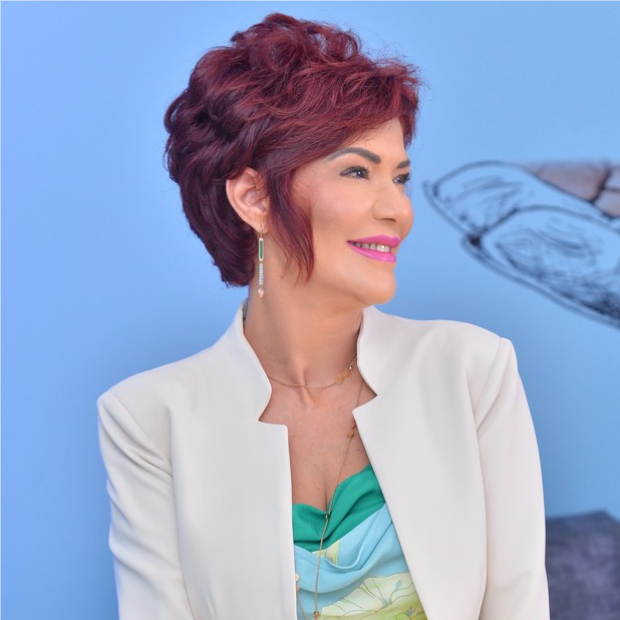

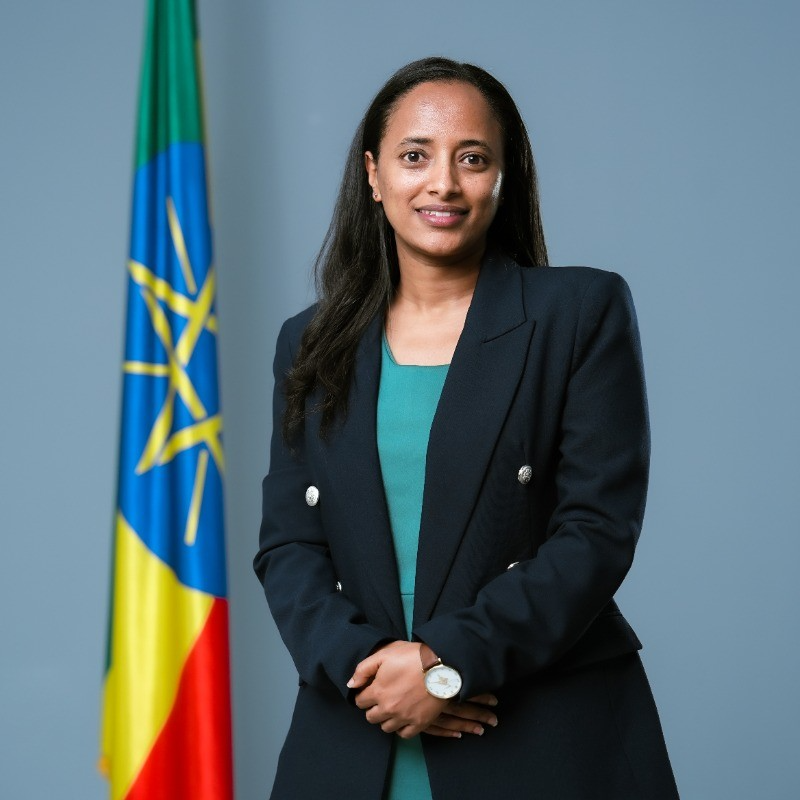

Side Event Backbase | Next-gen banking in Africa: where modernization meets intelligence
Across Africa, digital transformation has become a defining priority, reshaping how banks serve customers, compete, and grow. Yet progress is often slowed by legacy infrastructure, fragmented systems, and complex regulatory environments. The challenge now is not just adopting new technology, but orchestrating transformation that delivers agility, trust, and long-term value. The next era of African banking will be shaped by two forces: modernization and intelligence. This session brings together banking leaders from across Africa to share how they are redefining modernization for impact, building modular platforms that deliver agility, resilience, and hyper-personalised customer experiences. The discussion will spotlight how data-driven design, automation and AI-driven insights are helping banks to create seamless, customer-centric ecosystems and unlock new value across retail, SME, and corporate segments, while laying the foundation for future-ready growth.
Key Points:
- From digital projects to digital strategy: How are African banks aligning transformation with long-term business growth?
- From core upgrades to composable platforms: How are African banks approaching modernization to drive agility and efficiency?
- Hyper-personalized experience as the new differentiator: How can technology-driven transformation deepen customer loyalty and engagement?
- Modernization and AI reinforce each other: Where to start and how to scale on the road to next-gen banking?
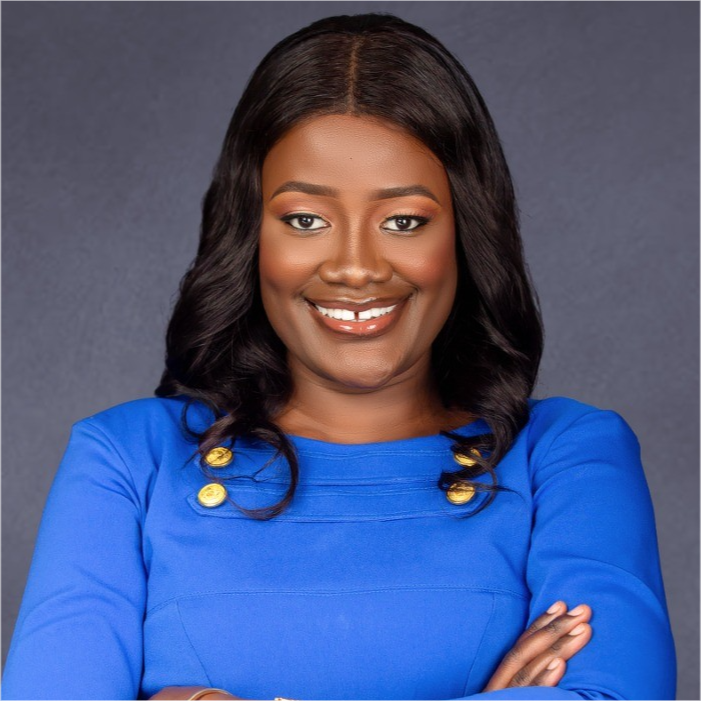
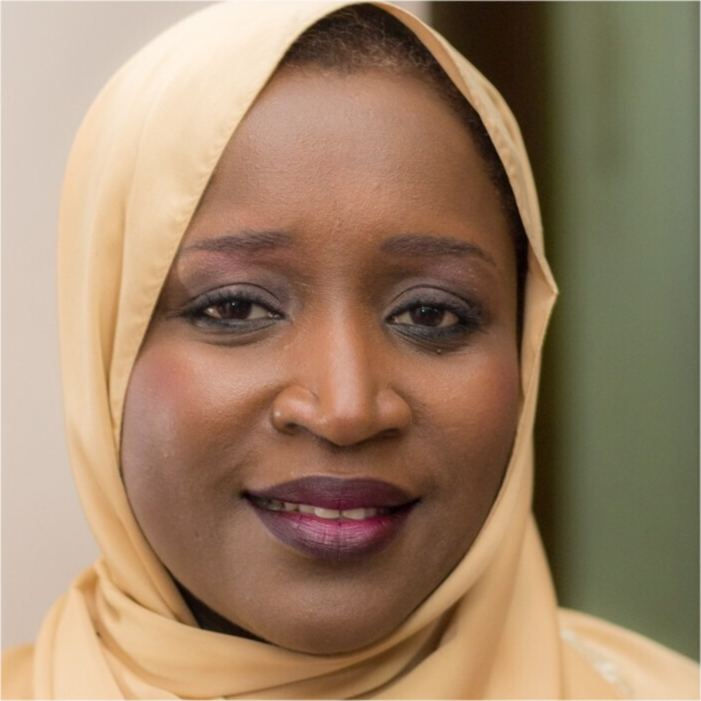


Panel | On the frontline of fiscal strain: How can financial firms manage sovereign debt exposure?
Banks, insurers, and asset managers are increasingly exposed to sovereign debt as African governments face mounting repayment burdens - draining 50% of public revenues in 2024 alone. Fears are rising that some nations may pressure institutions to subscribe to more sovereign debt, at the expense of private sector financing. While governments securities have been seen as safe bets, deeper engagement in current conditions could leave industries locked in what academics call a “deadly embrace” with government - exposing them to the fallout of currency crashes and debt restructurings, as seen recently in Ghana. How should the financial sector mitigate these risks? What measures and tools are needed to support diversification away from sovereign debt to private sector investments?
Key points:
- How far can governments lean on commercial banks without tipping the system?
- To what extent should financial players diversify away from sovereign debt given the 2026 public debt outlook?
- Hedging, credit insurance & portfolio diversification: What’s the strongest risk strategy banks can build?


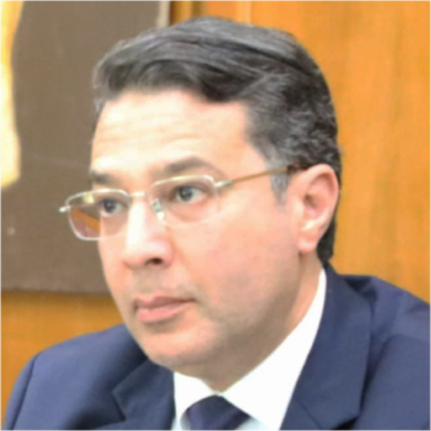
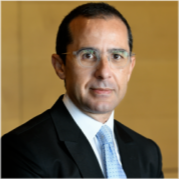
Side Event CDG Capital - Bourse de Casablanca: Confidence, innovation, sovereignity: Morocco as the crossway of African finance
Access via sign-up on the event app or by invitation only. English-French translation available.
Morocco is asserting itself as a major regional financial hub, developing solutions tailored to African realities and capable of inspiring the entire continent. With market infrastructures designed to protect investors and strengthen confidence, and the implementation of innovative financing mechanisms driven by both public and private actors, the country is paving a unique path toward African financial sovereignty. In a world of finance and commerce that is increasingly transactional, where monetary stability, capital availability, and innovative practices must become the pillars of regional and continental development, what are the crucial elements to understand how Morocco's experience can become a model for the region and help channel African savings into projects capable of creating sustainable growth?
Key points:
- How can Morocco consolidate its role as an African hub and share its expertise as a model for other countries in the region?
- What are the most necessary financial infrastructures to ensure investor protection and strengthen their confidence in both Moroccan and African markets?
- Which innovative financing mechanisms, based on Morocco's experience, can inspire solutions suited to the needs of African economies?
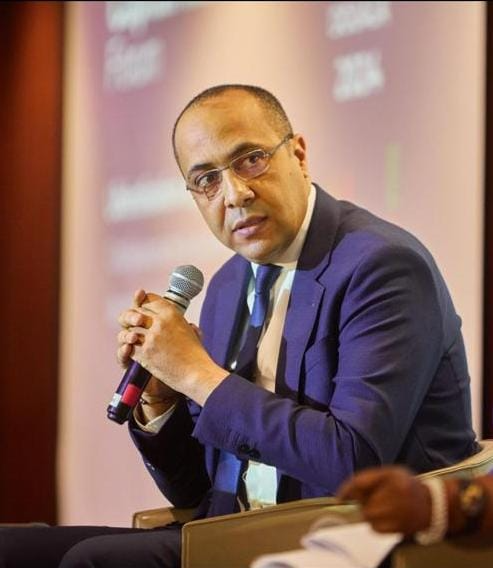
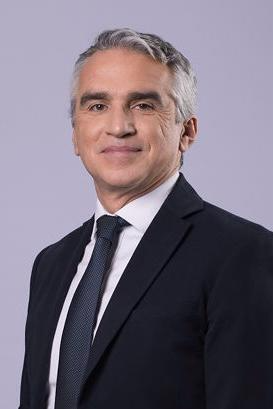
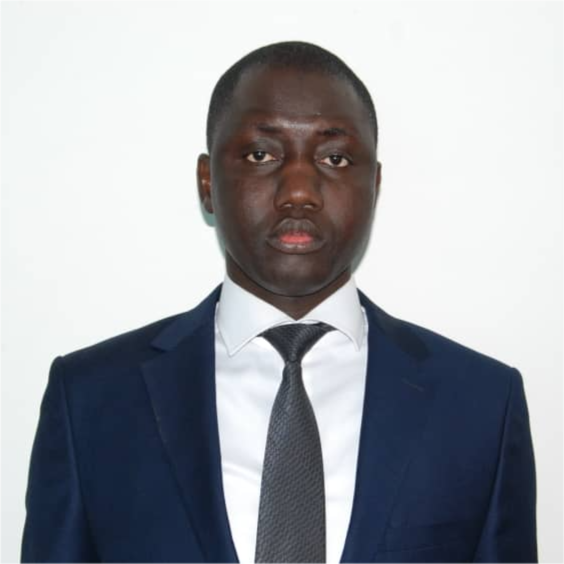
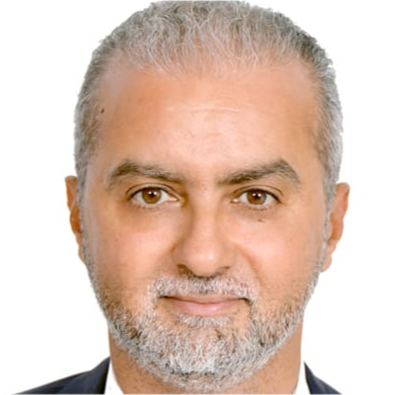
Panel | NPL breathing room: How could expanded secondary markets ease pressure on banks?
Secondary markets for non-performing debt could support African countries confronting high NPL ratios - ~16% in Kenya and CEMAC, 9% in WAEMU. Removing regulatory and legal hurdles would allow banks to transfer impaired assets to private sector investors- an approach that proved successful in EU states post-2008 financial crisis. Attracting buyers would require favourable regulatory and legal frameworks, addressing pricing gaps and data availability. A roundtable of banking regulators, distressed asset investors, servicers, and commercial banks will discuss building dynamic NPL markets in the continent.
Key points
- The loan data quality and debt enforcement needed to attract NPL buyers
- Structuring investment vehicles that facilitate sales and resolution of NPLs
- Best resolution practices and out-of-court resolution

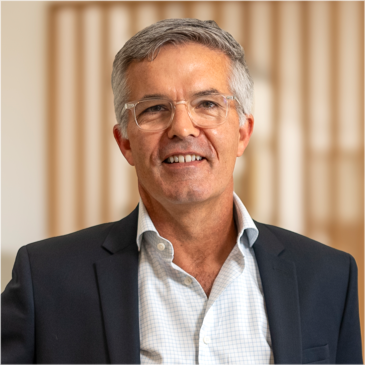

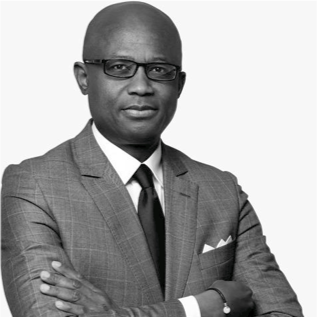
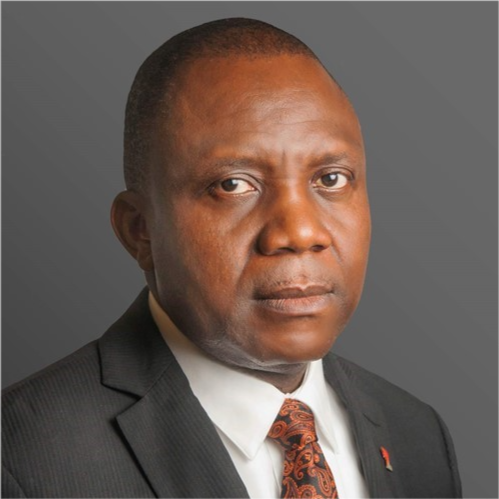
AFIS Supervisory Council Meeting
The Supervisory Council is composed of around thirty members, including central bank governors, regulators and executive leaders from the continent’s leading financial institutions. It is entrusted with setting AFIS’s overarching vision. As a consultative and strategic body, the Council ensures that the Summit’s strategic priorities remain responsive to an evolving financial landscape and aligned with the broader mission of achieving sustainable and inclusive economic growth in Africa.
BOAD Side Event - Transformative transitions: New financial pathways for Africa’s energy and agriculture
Access via sign-up on the event app or by invitation only. English-French translation available.
Africa’s future rests on two interdependent transitions: a shift toward low-carbon, affordable energy, and the development of a resilient, productive agricultural base. Yet financing these priorities through conventional channels has too often proven inadequate - too slow, too risk-averse, and disconnected from local realities.
To meet the urgency of the moment, Africa’s financial institutions active in these two key sectors must embrace a new approach, merging capital sources and redistributing risk, while also rethinking pricing structures. Patient, blended capital structures have proven effective in mobilizing private investment, while institutional alignment and a clear understanding of Africa’s financial peculiarities have long been identified as key elements to facilitate these projects.
Yet what will it truly take for this new financial architecture to truly take hold across the continent?
Key Points
• Sector-specific risk profiles: How can tools like currency hedging and performance guarantees address the long tenors of energy projects and the seasonal cashflows of agriculture?
• Climate-smart agriculture: How can blended finance unlock resilient agri-value chains — from solar irrigation to cold storage — while ensuring affordable credit for smallholders?
• Differentiated pricing: What tariff models can balance user affordability with investor returns across energy and agricultural markets?
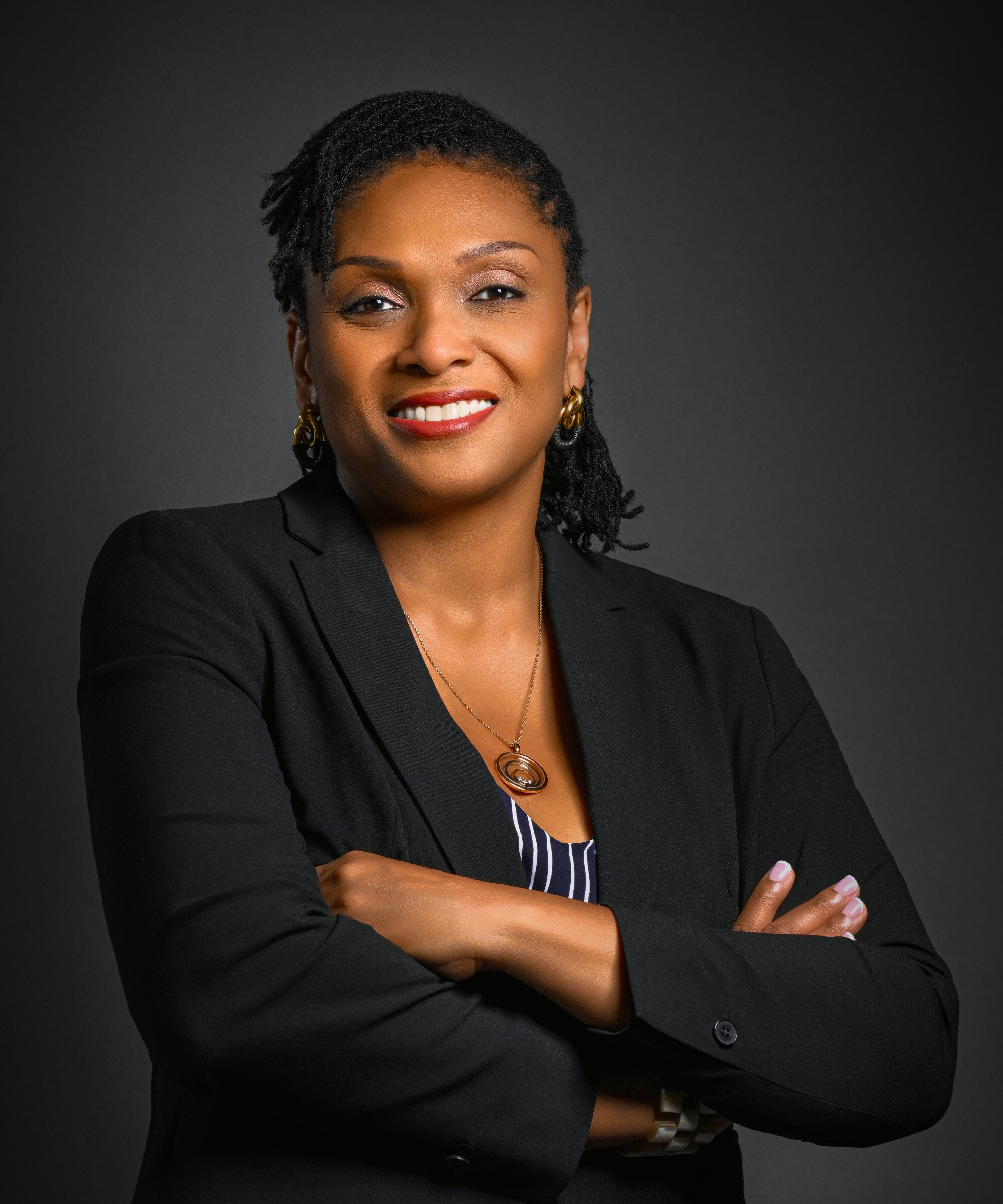
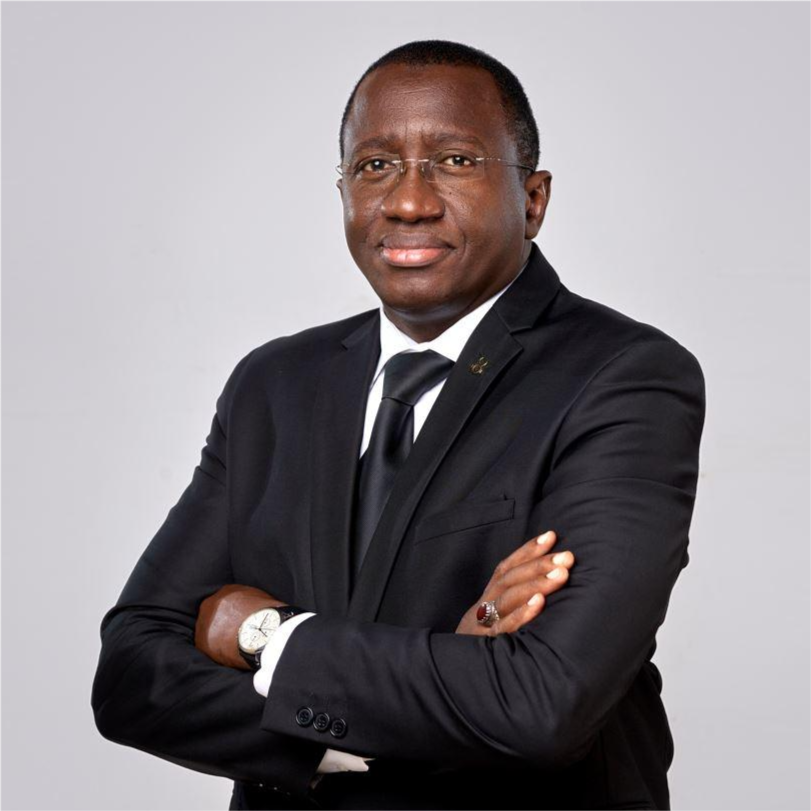
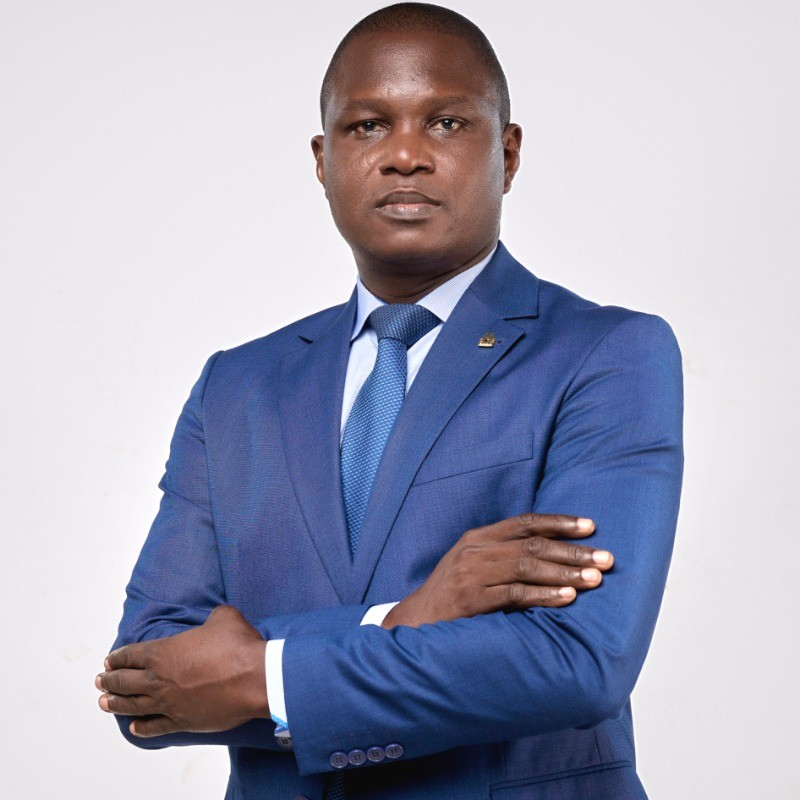


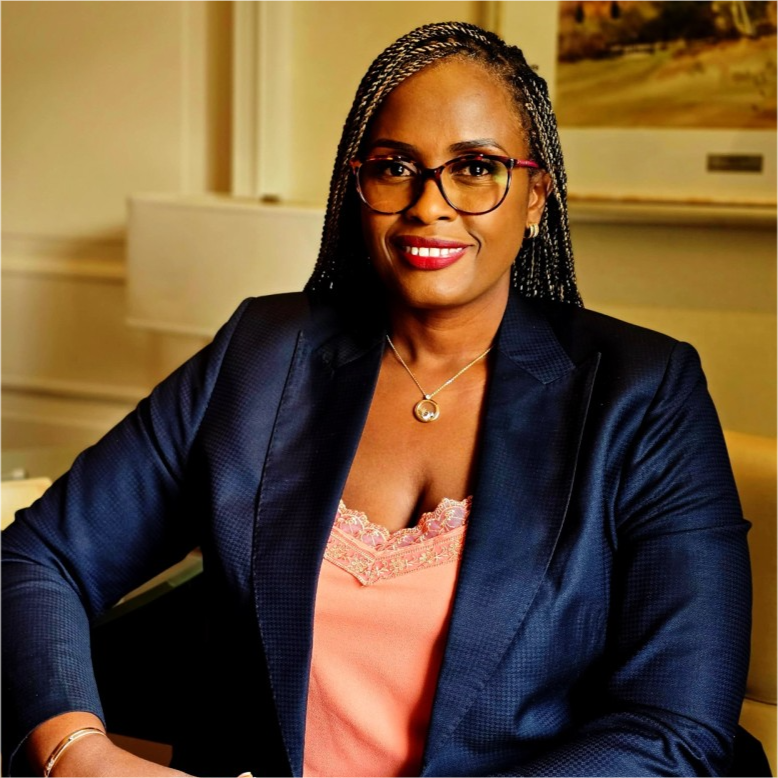
ALLIANCE FOR ENTREPRENEURSHIP IN AFRICA - SIDE EVENT | Financing Africa’s SME Value Chains: Linking Enterprises, Markets, and Finance
Small and medium-sized enterprises (SMEs) are the backbone of Africa’s economies, driving jobs, trade, and innovation. Yet many remain excluded from formal value chains and face persistent barriers to affordable finance, limiting their growth and competitiveness. Strengthening the links between enterprises, financiers, and markets is essential to unlocking Africa’s productive potential and building a more resilient, integrated economy.
Through the Alliance for Entrepreneurship in Africa, its members are bridging these gaps—mobilizing capital, data, and partnerships to help SMEs thrive. This session will share progress from the Alliance, present insights on SME financing needs, and explore how blended finance, supply chain solutions, and digital innovation can catalyze investment, integration, and inclusive growth across the continent.
Key Points:
- Demand-Driven Solutions: What does recent evidence reveal about the financial and non-financial needs of SMEs across Africa’s value chains—and how can it guide targeted interventions to better match supply with demand?
- Bridging the financing gap: How can blended finance and innovative liquidity solutions help SMEs secure working capital and integrate into regional and global value chains?
- Alliance platform and partnerships: How can the Alliance’s resources and collaboration among DFIs, corporates, and governments mobilize finance, de-risk SME lending, align incentives, and drive greater impact across value chains?


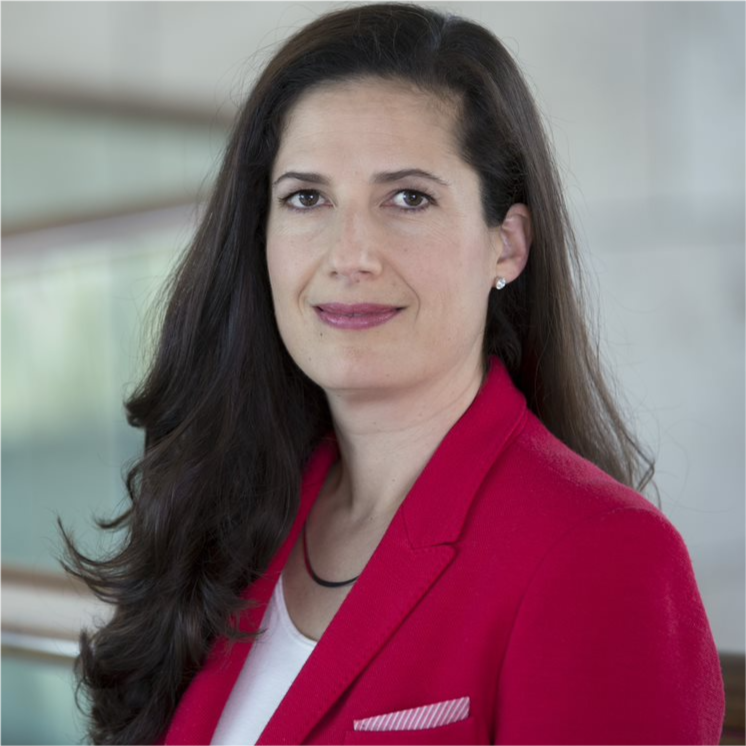
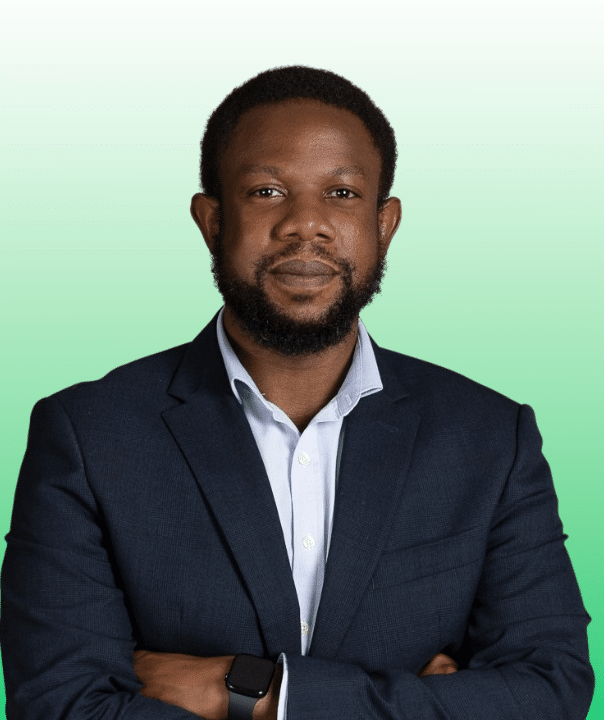



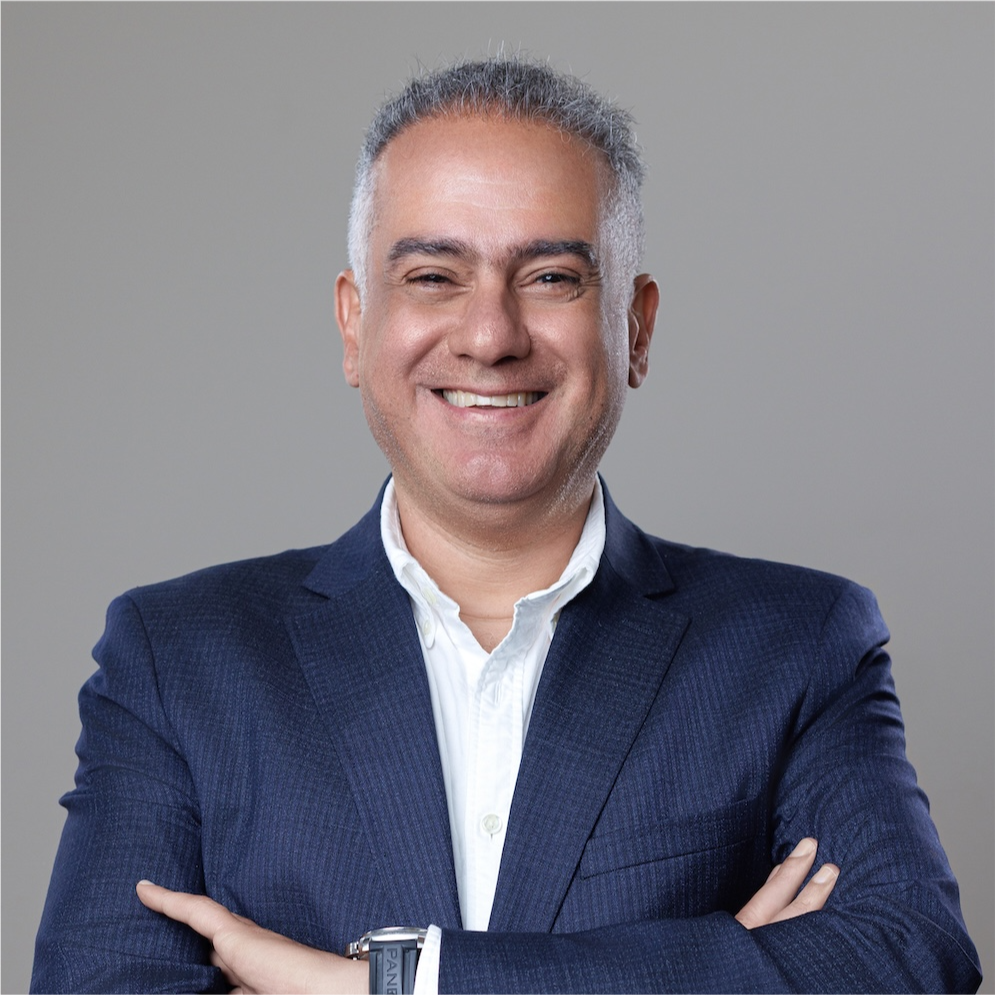
-transformed.jpg)

MASTERCLASS | Unleashing African Fintech Champions: Using data-first methods to unlock the fintech opportunity across Africa
Africa’s next fintech leap won’t come from code alone — it will come from data. Across the continent, digital innovators like Tala are rewriting the rules of financial access, using alternative data to predict risk, unlock credit, and empower millions previously excluded from the system. This masterclass will reveal how data-first strategies are reshaping Africa’s digital banking landscape — from reimagining credit scoring to attracting institutional capital. Participants will gain concrete insights into how banks, DFIs, and fintechs can collaborate to scale inclusion, manage risk, and grow the continent’s fintech asset class.
Key points:
- Decode Africa’s fintech growth potential: Understand how regional market dynamics, TAM/SAM evolution, and consumer trends are driving digital banking demand
- Turn data into advantage: Learn how to integrate alternative data into underwriting, portfolio management, and customer engagement for greater efficiency and impact
- Bridge inclusion and investment: Explore how DFIs, banks, and institutional investors can gain exposure to fintech’s high-growth segments and build long-term value.
- Apply real-world lessons from Tala: Discover proven methods, results, and insights from one of Africa’s most successful data-driven fintech models.

Strategic Roundtable | Digital roots, financial growth: Leveraging tech to transform agrifinance in Africa
Access via sign-up on the event app or by invitation only. English-French translation available.
Technology offers the opportunity to transform the fundamentals of agriculture in Africa. From drone-based farming support to tech-driven supply chain finance platforms, innovative business models promise to significantly enhance the productivity, competitiveness, and climate resilience of African food production. How can the financial sector play a catalytic role in this process? With agriculture representing at least 20 percent of African GDP and 60 percent of jobs, there is no time to lose.
Key points
- What innovations are financial institutions implementing to tailor financial products for agriculture?
- How can partnerships between FIs, AgTechs and insurers be structured to scale access to inputs and services for smallholder farmers?
- How can funded and unfunded facilities from development partners catalyze private sector lending to agriculture in Africa?
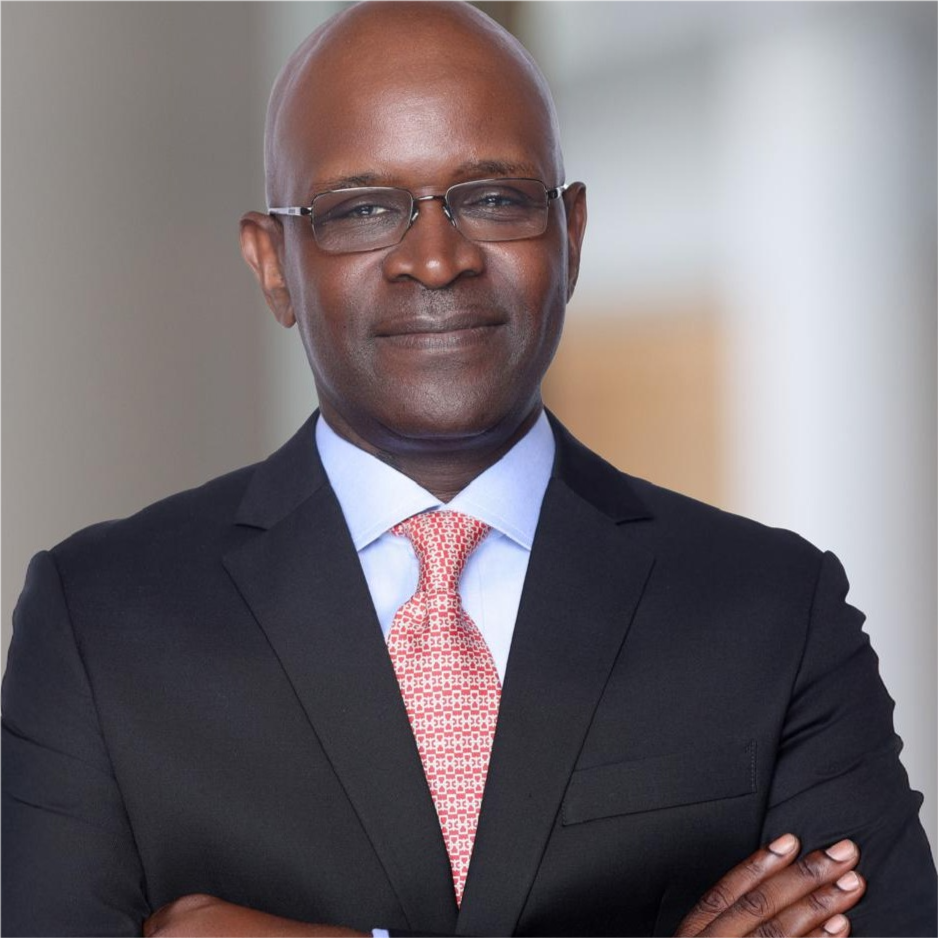
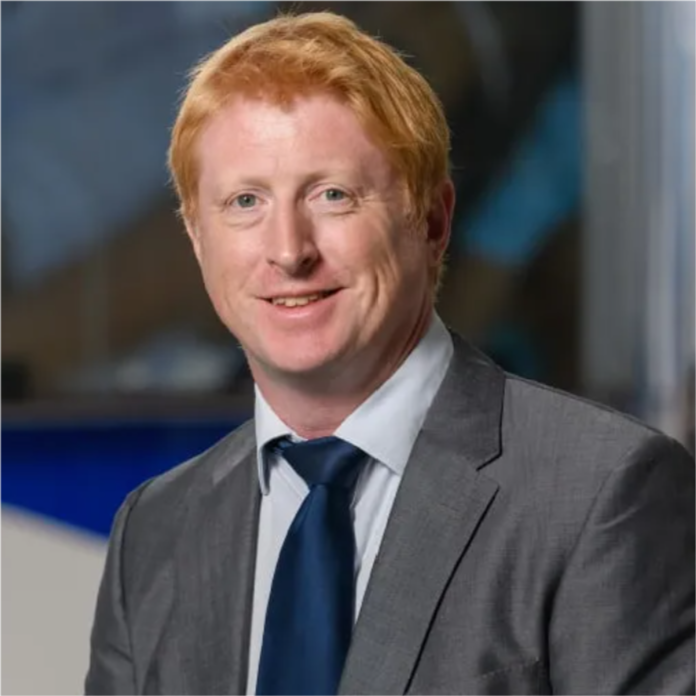
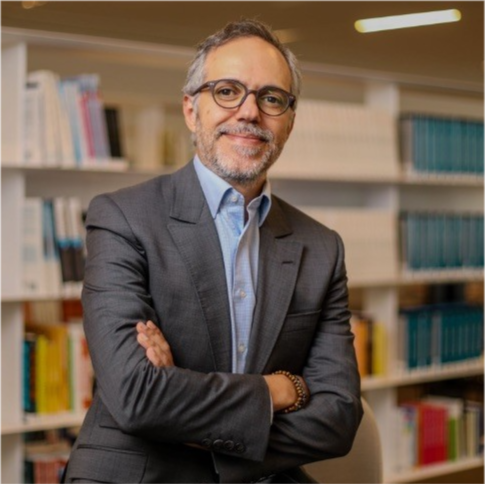

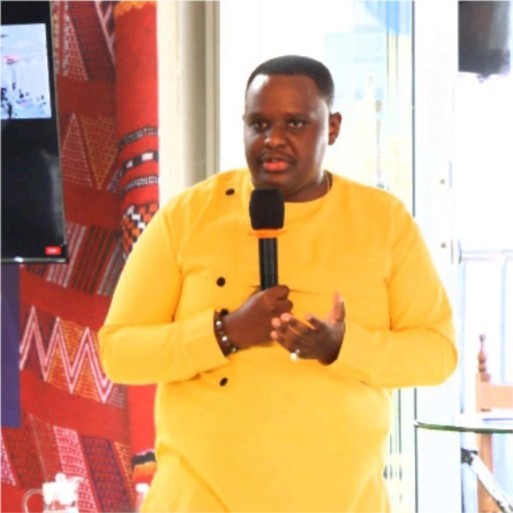
Panel | Green, social and blue Bonds and green sukuk: Building Africa's climate finance toolbox
Africa represented less than 1% of global GSS bond issuances in 2024, with volumes dropping to just $1.35bn - down 25% from 2023. Despite Morocco issuing seven green bonds worth $500 million, most issuances remain one-off transactions. Notable niche issuances include Nigeria’s $30 million sovereign green sukuk (2017), Seychelles’ pioneering $15 million blue bond (2018), and Gabon’s $500 million debt-for-nature swap (2023), but such green sukuk and blue bonds are rarely replicated at scale. Domestic institutional participation meanwhile is minimal, hindered by FX volatility, and the absence of a regional green taxonomy. How can Africa move from isolated GSS bond deals to a scalable climate finance ecosystem integrated into national development strategies?
Key points:
- Beyond green bonds for climate mitigation: How to scale financing solutions for maritime climate risks, port financing, climate adaption and social development?
- What role can Islamic finance, via green sukuk, play in mobilising regional capital for climate-aligned infrastructure projects?
- Which incentives, de-risking tools (e.g. guarantees, tax incentives), and pipeline development strategies are essential to scale climate-themed bonds beyond initial pilots?


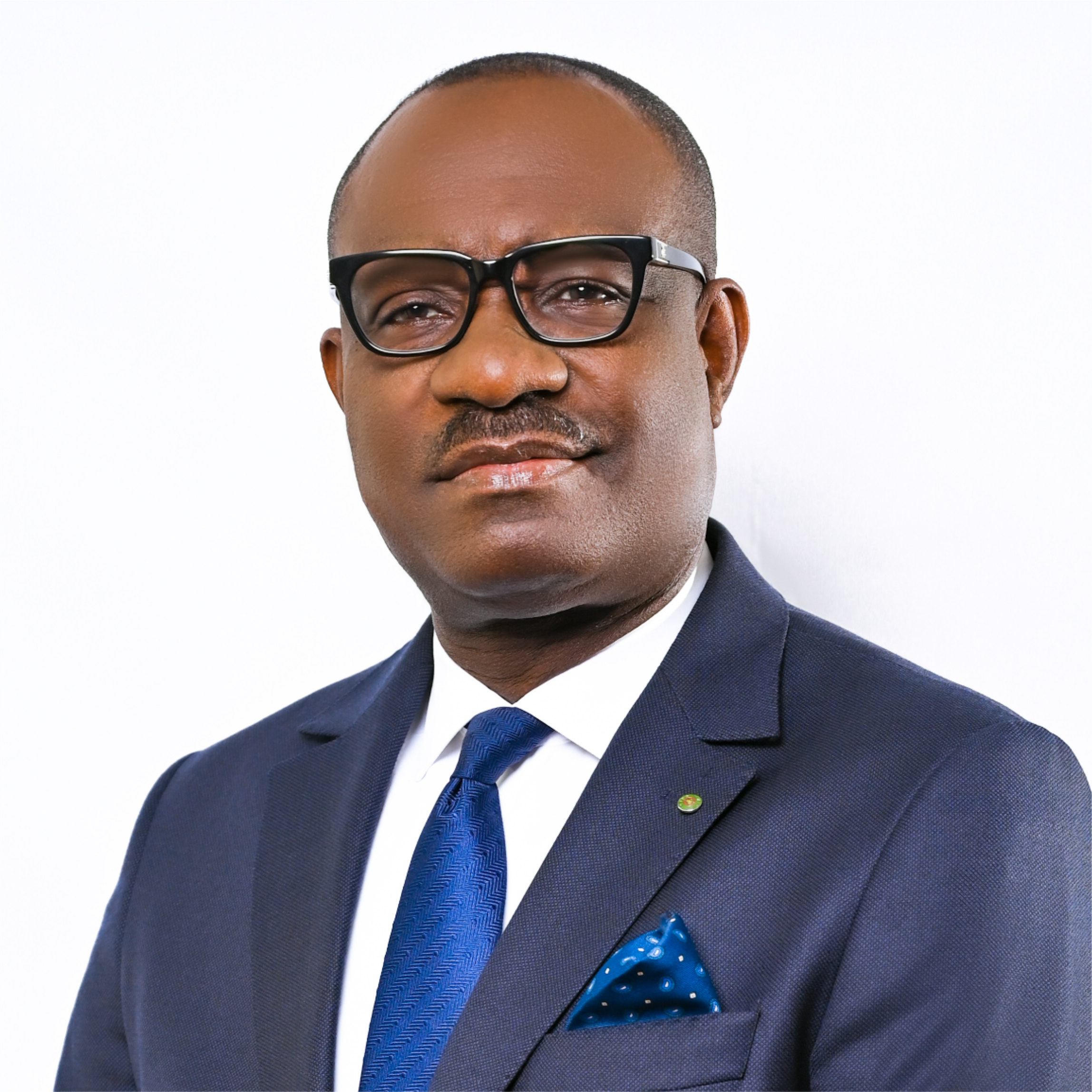
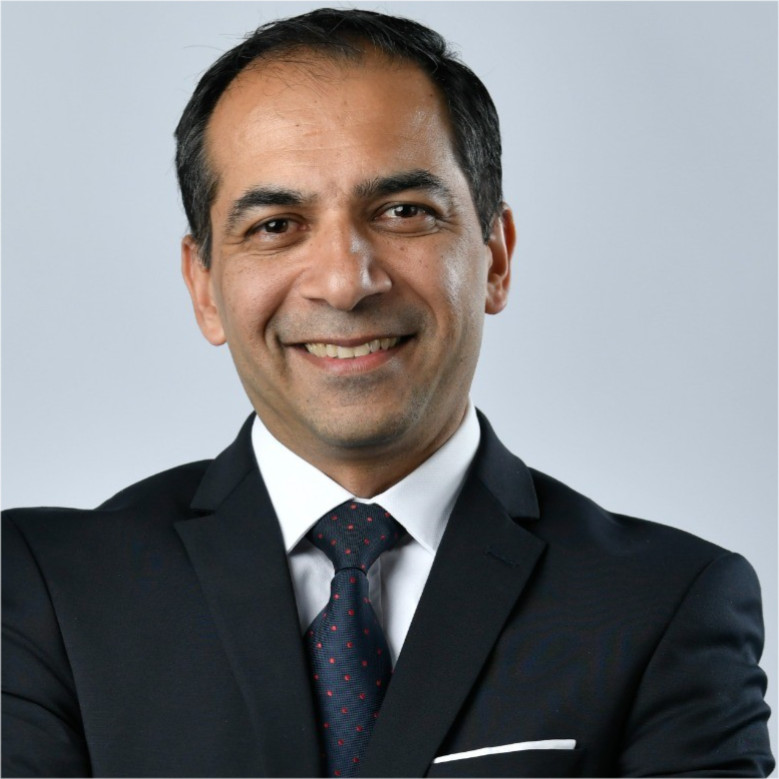
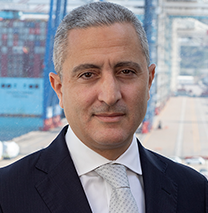
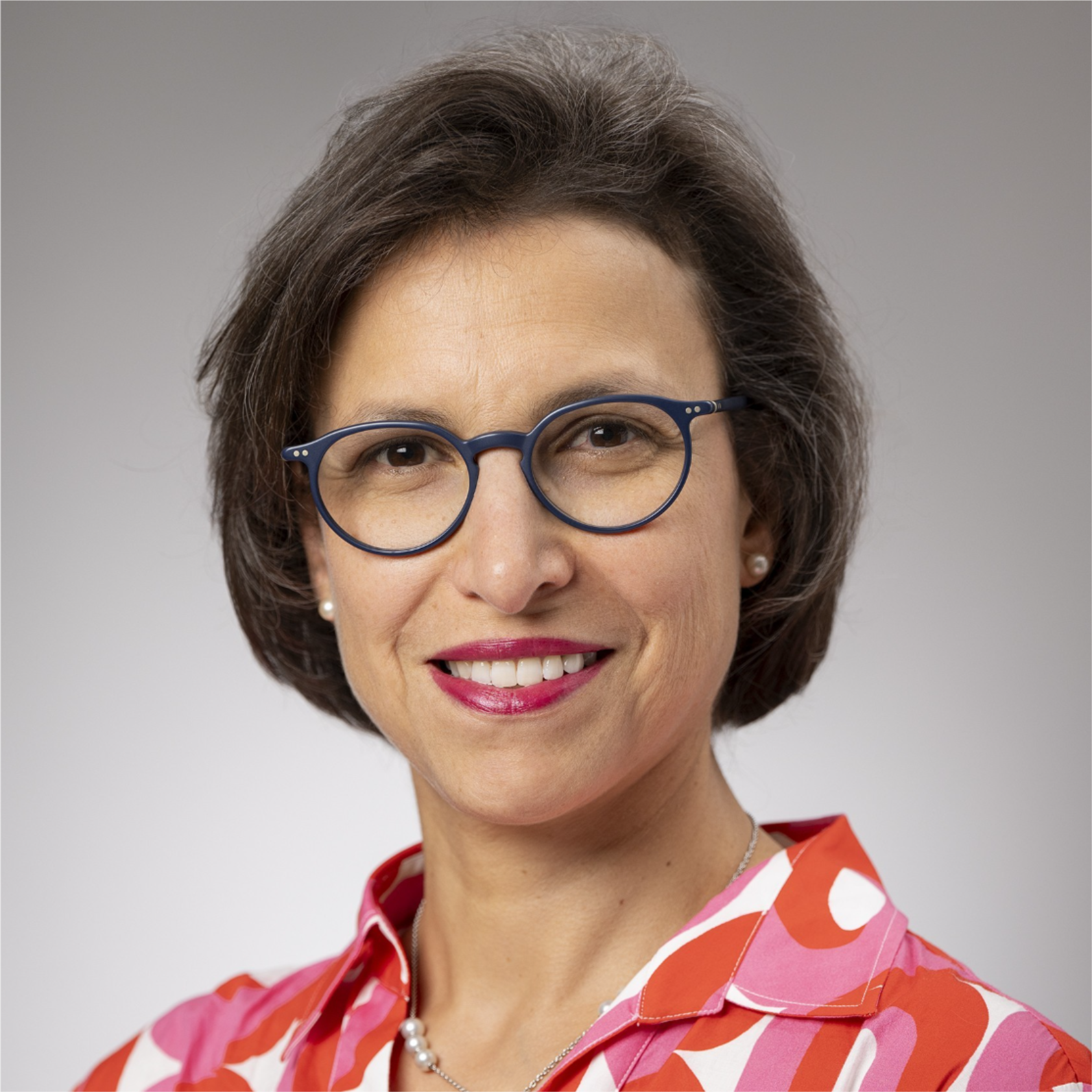
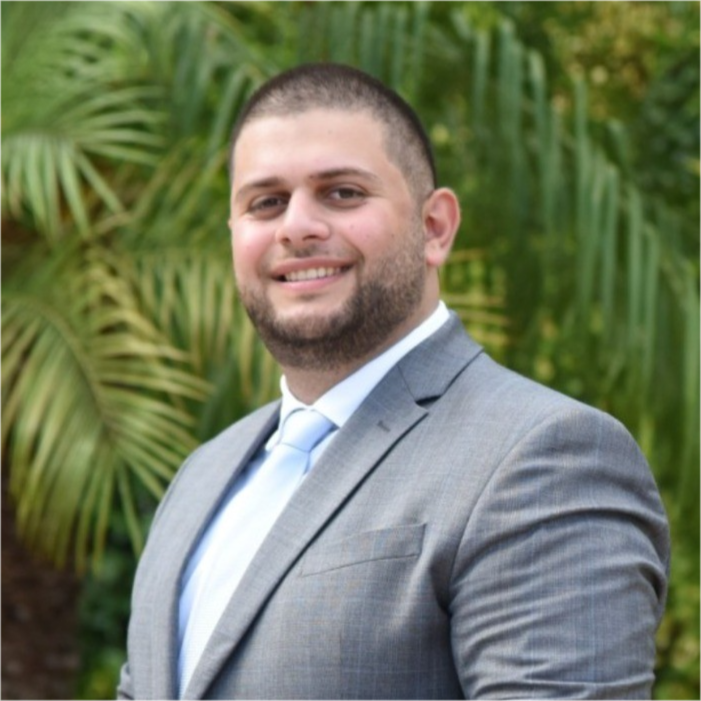
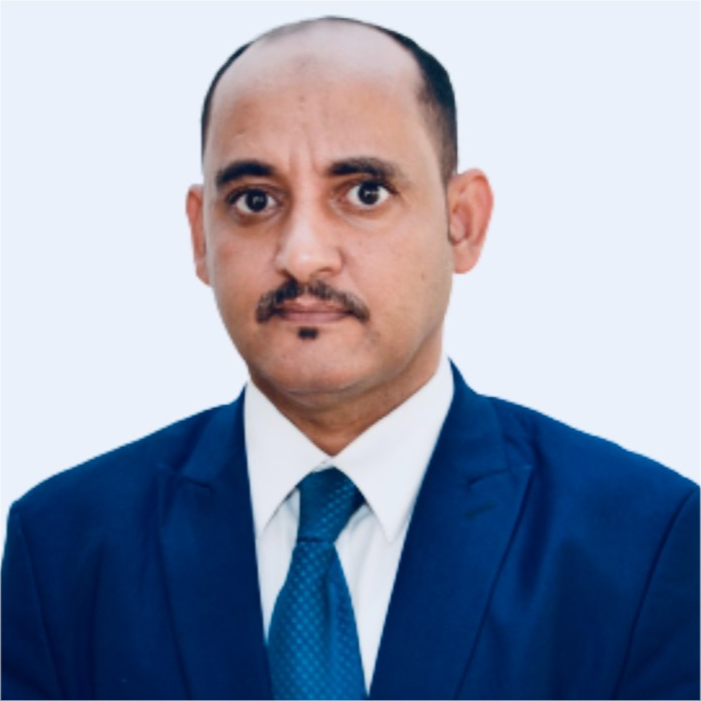
Strategic Roundtable | Regulatory passporting: The missing link to smoothing cross-border compliance and sparking innovation?
Access via sign-up on the event app or by invitation only. English-French translation available.
Over 54 jurisdictions and disjointed compliance regimes: Africa’s fragmented regulatory landscape continues to slow the expansion of financial innovation. Licensing a fintech in multiple countries can cost up to $2 million per market, while divergent KYC, AML, and data rules impede digital finance from scaling across borders. Regulatory passporting - where one license grants multi-market access - could cut entry barriers and operating costs, with a pilot between Ghana and Rwanda showing promise. But will countries outside regional blocs like WAEMU, and CEMAC have the appetite to strike similar deals? How can passporting unlock smarter, more coordinated supervision?
Key points:
- Ghana-Rwanda deal: How did it come about & what are the expectations?
- What do fintechs, telcos & digital banking innovators hope to see in a fully functional regulatory passport?
- Which platforms can drive passporting forward, and how can regulators protect their home market fintechs?
-transformed.jpeg)


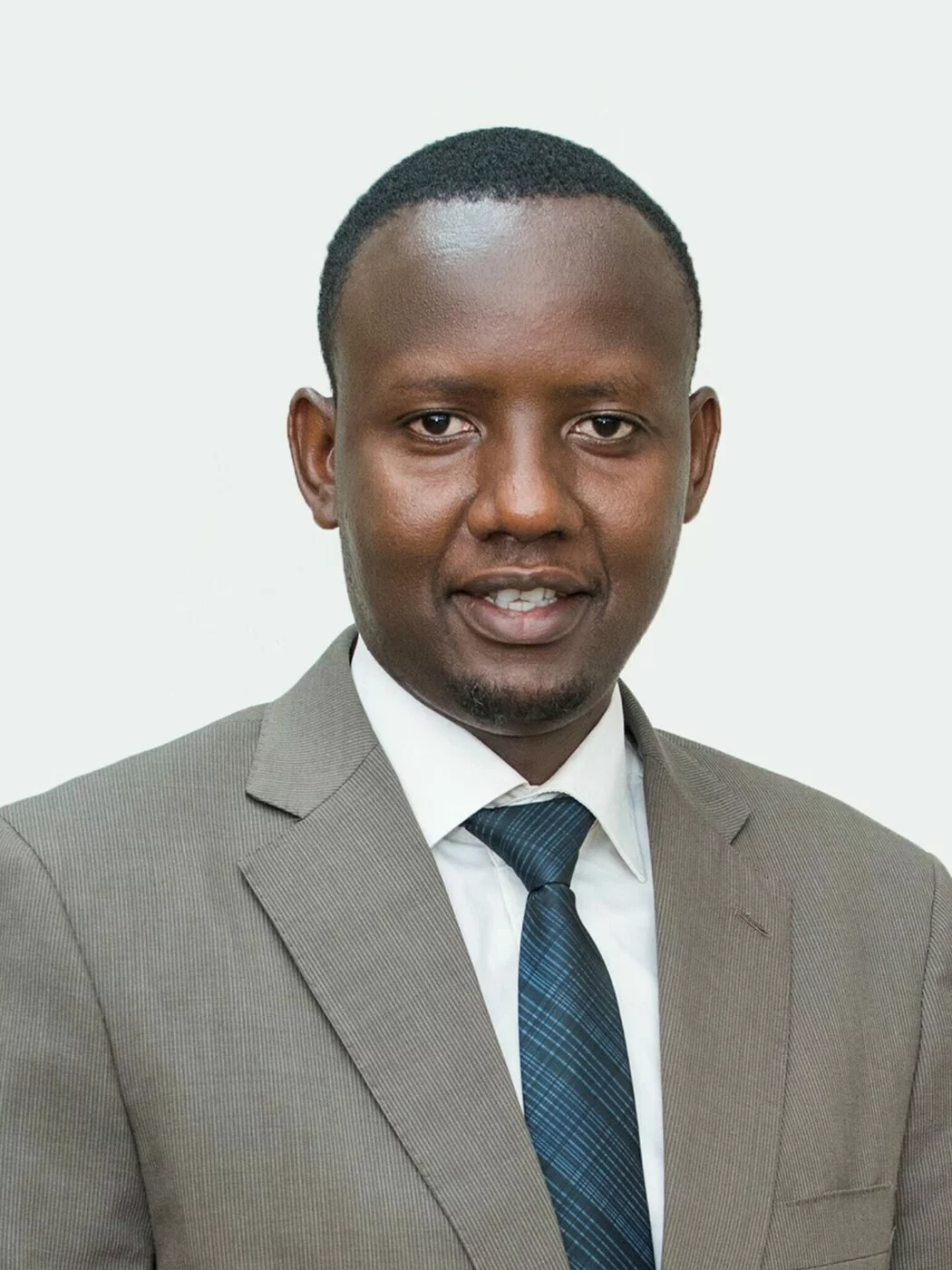

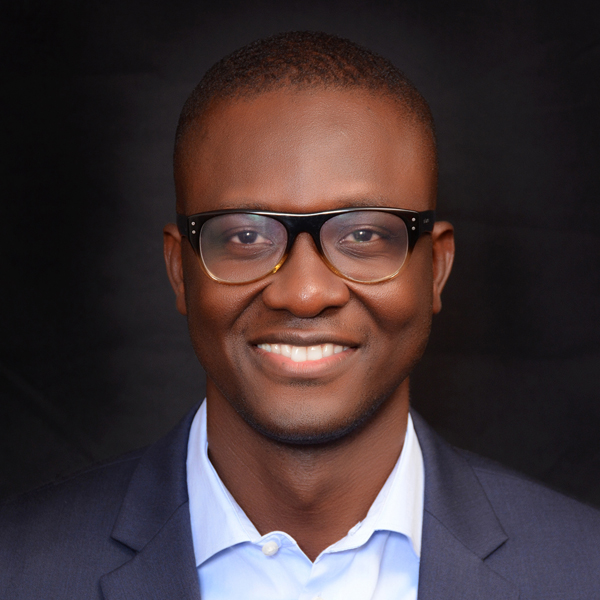
Conversation With | Are insurance rules ready for an AI & Insurtech future?
AI, digitalisation and insurtech in African insurance are posing fresh consumer protection risks - from data privacy breaches and algorithmic bias to low digital literacy putting consumers at risk of purchasing opaque app‑based policies. Insurtech and bundled products on mobile money apps are scaling fast across borders, creating challenges to cross-border supervision. With the AfCFTA pushing prudential harmonisation and CIMA already aligning rules across 14 markets, can regulators also achieve full Pan-African alignment on digital insurance standards?

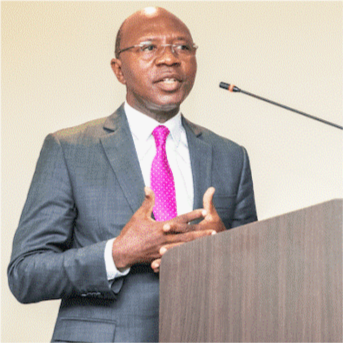
PAPSS Networking Session: Unlocking Africa's Financial Sovereignty: From Trapped Funds to Cross-Border Investment
Access via sign-up on the event app or by invitation only. English-French translation available.
Join this PAPSS side event at AFIS 2025 to discover how the PAPSS African Currency Marketplace (PACM) is revolutionizing cross-border payments and investments in Africa.
With over $2 billion in airline revenues and countless other corporate funds trapped across Africa due to currency conversion and repatriation challenges, PACM offers a groundbreaking solution: enabling large corporates to seamlessly exchange African currencies, bypassing the need for hard currencies.
Experience first-hand how PACM empowers African airlines, manufacturers, insurers, telcos, and other multi-country businesses to free up trapped funds, expand operations, and invest. Learn about PACM’s market-driven, order book-based platform, ensuring transparency, compliance, and efficient currency matching for verified participants.
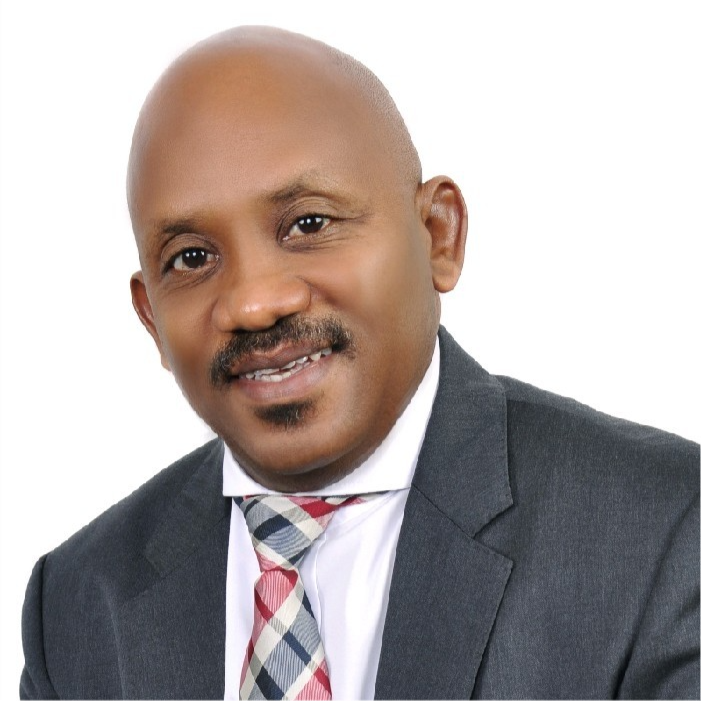
Panel | Tech, climate & food ecosystem exposures: Can insurance absorb the coming shockwaves?
With cyberattacks targeting government coffers, a high-profile CNSS data leak in Morocco, and more frequent El Niños that left 20m facing hunger in Southern Africa last year: Africa’s insurance industry must build capacity to offer safety nets to mounting systemic threats. But with weather-related losses for Santam alone climbing 12% YOY to $36m and 91% of organisations globally expecting a significant rise in AI-driven cyber threats, can Africa’s insurance industry ($64bn in annual premiums) absorb such heavy losses? What is needed from governments and capital markets to reinforce the industry’s underwriting capacity?
Key points:
- Premium subsidies, becoming anchor clients, and growing reinsurance and national risk modelling capacity: How can governments & regulators boost insurance system readiness?
- Insurance linked securities and catastrophe bonds: What relief can capital markets provide, and could it extend to cyber risks?
- Tech partnerships and new collaborations: What’s needed to ensure parametric insurance linked to satellite and sensor data is equal to ground-level losses?




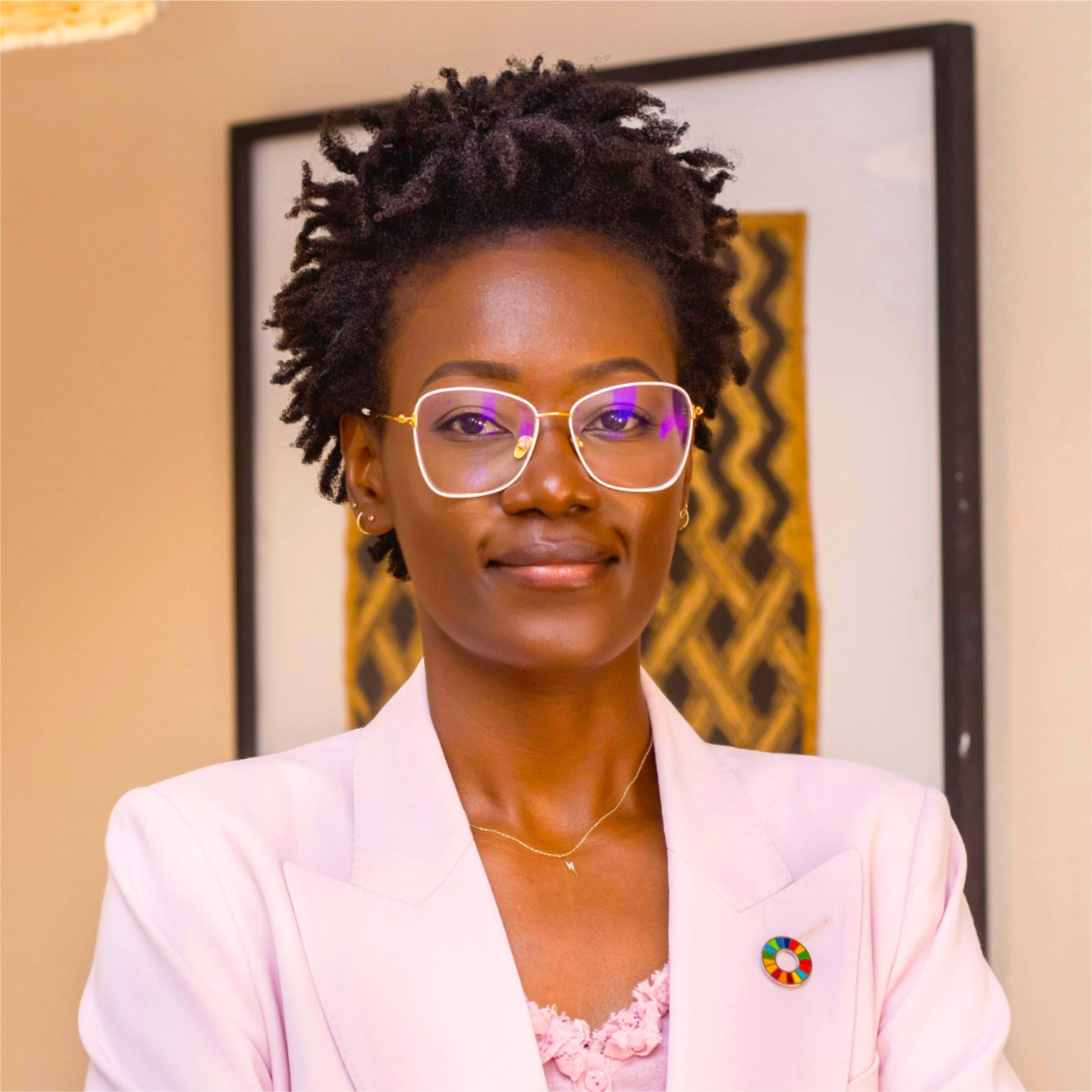
Strategic Roundtable | Natural resources: Financing African ownership in oil, gas & mining
Access via sign-up on the event app or by invitation only. English-French translation available.
Africa sits on vast reserves of oil, gas, and minerals, but too often, African companies play secondary roles as minority partners, subcontractors, or logistics service providers. High capital requirements, chronic difficulties in accessing patient capital, and limited financing tools prevent them from scaling and leading major projects. Strategic support from African financial institutions - who also rarely lead financing in exploration and production - will be essential. Some countries, like Nigeria, Morocco, and South Africa, are pioneering bold reforms and innovative capital strategies, but how can the rest catch up? A roundtable of African financiers and resource firms discuss how Africa can convert its natural wealth into lasting economic power.
Key points:
- Regulation, currency risks & dollarisation: Tearing down barriers preventing African financial institutions from investing in homegrown energy actors
- What more can the African financial industry do to meet the needs of local extractive companies?
- Public sector push: What kind of local content policies can unlock greater financial flows to African energy and mining companies?

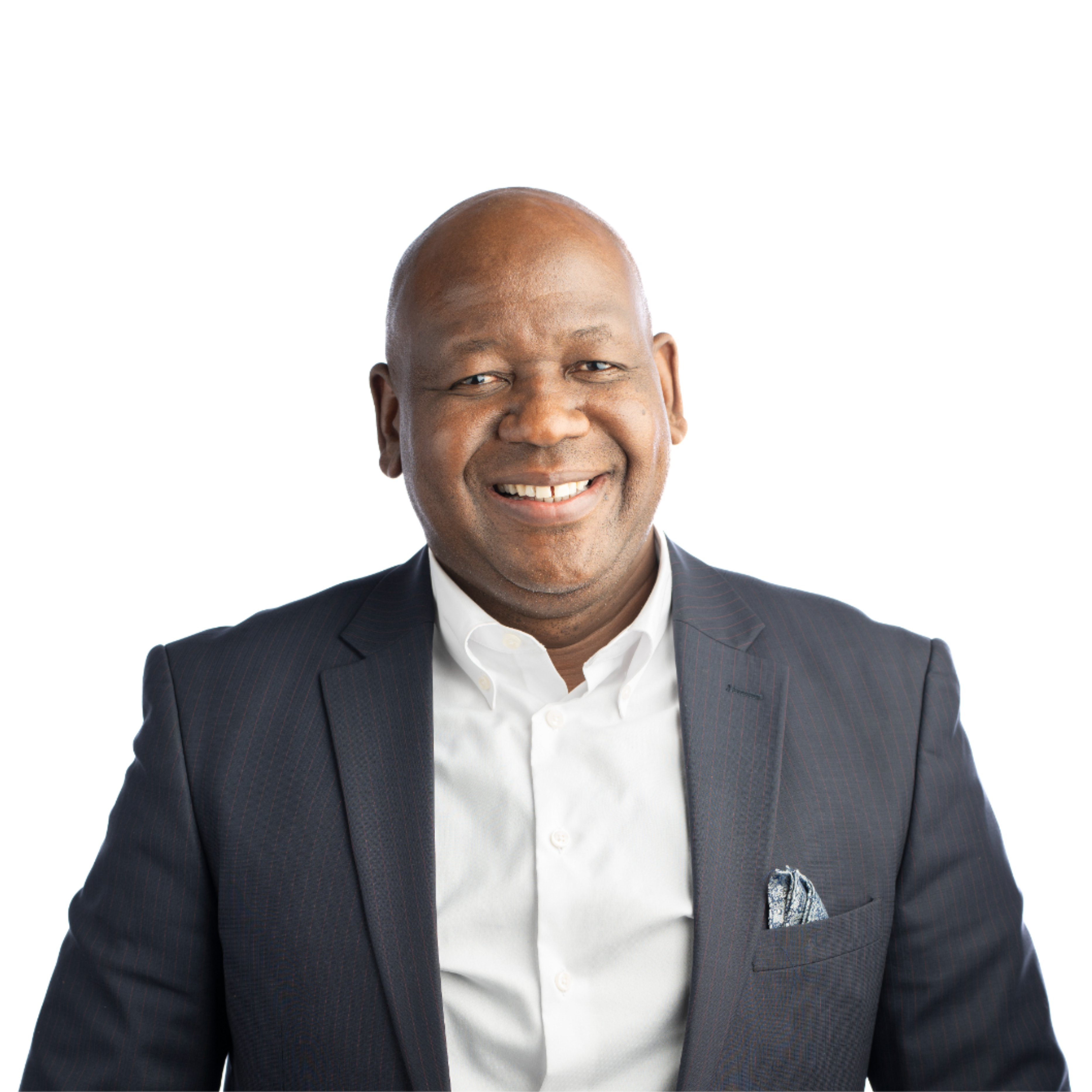
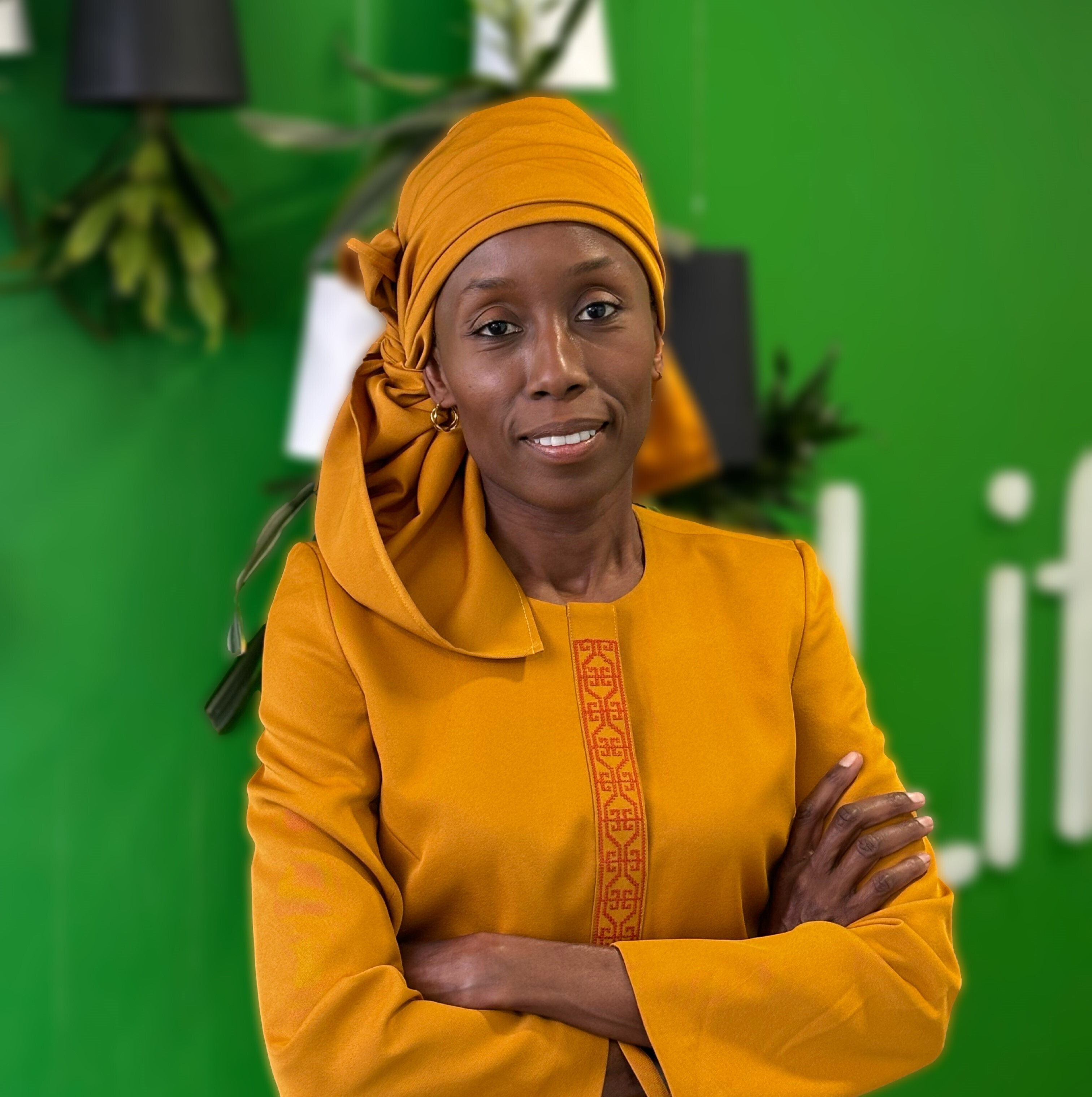
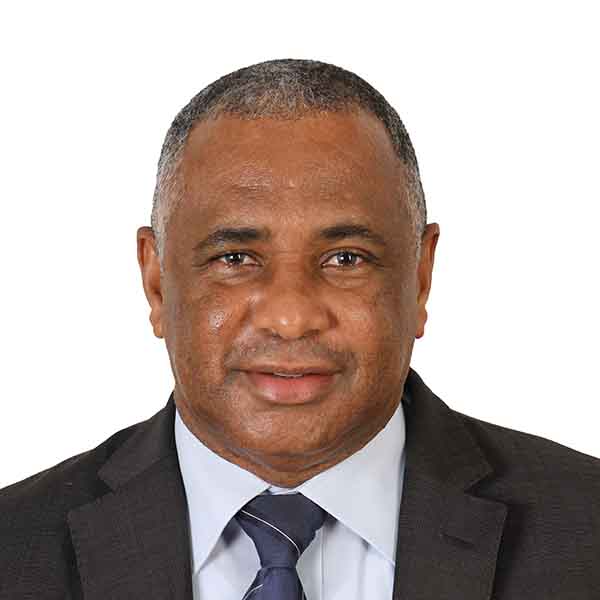
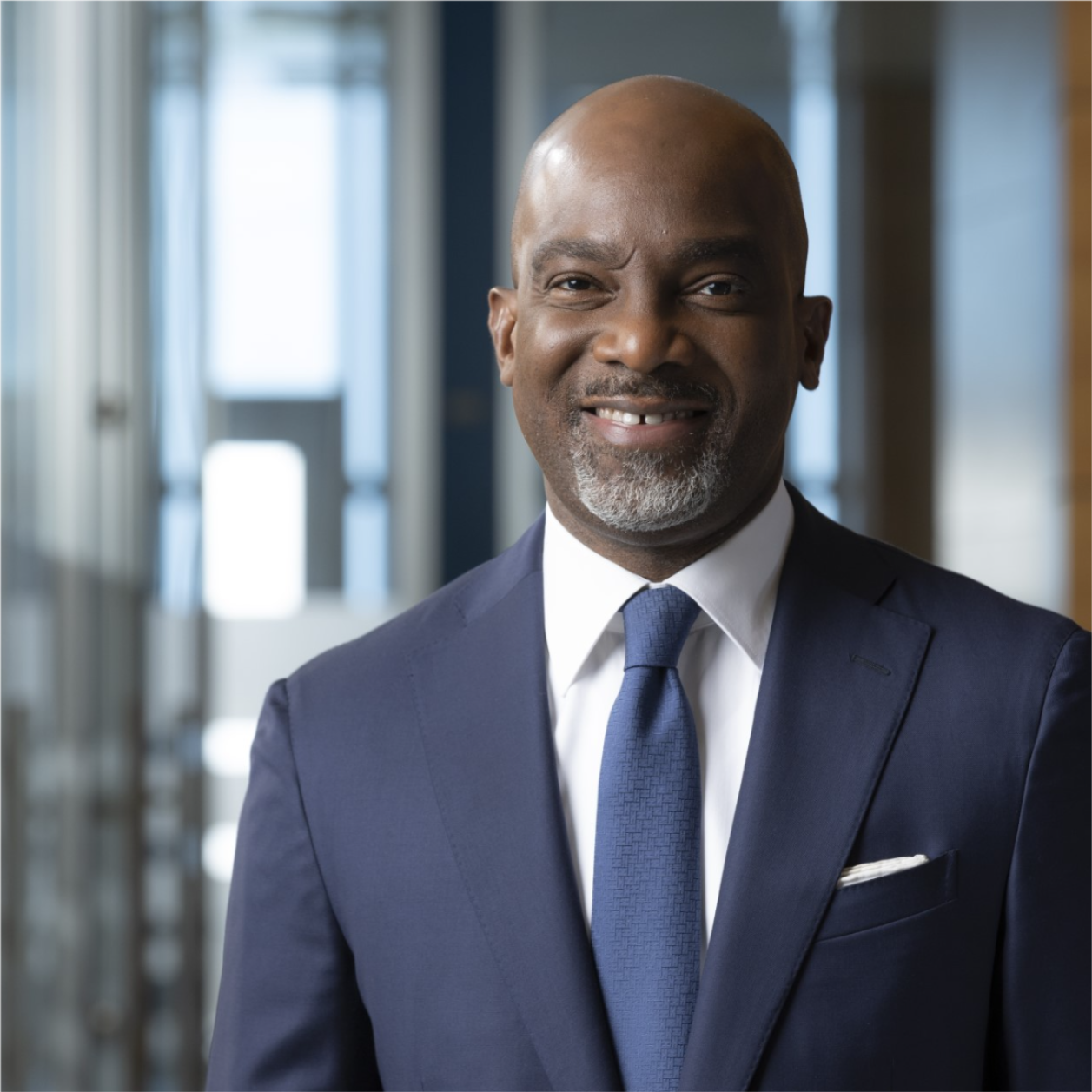


Side-event | Proparco: Catalysing domestic resource mobilisation through guarantees: Lessons from the EURIZ & MENA models
As access to finance remains one of the most persistent barriers to SME growth across Africa and the MENA region, guarantee mechanisms are increasingly recognised as effective instruments to unlock local capital and drive inclusive economic development. A compelling illustration of this potential is the EU-supported EURIZ programme, managed by Proparco, already achieving tangible results: over €173 million in guarantees have enabled more than 2,400 SMEs to access vital financing. Building on this success, the €360 million MENA Guarantee Facility is now scaling this approach across North Africa and the Middle East.
This session will explore how smart guarantee models can be scaled and sustained to advance financial inclusion and unlock long-term domestic resource mobilisation across the continent.
Key points:
- Blending donor capital, de-risking tools, and technical assistance: What are the key success factors and replicable lessons from the EURIZ and MENA models?
- From outputs to outcomes: How can the results of guarantee mechanisms be effectively measured to ensure long-term impact?
- Scaling with structure: What policy frameworks are required to mainstream guarantees and sustain domestic resource mobilisation?





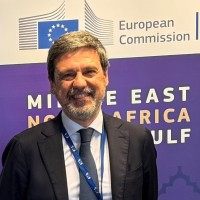
Panel | Trusting local banks with FX reserves: A move to boost sovereignty or a big risk?
As calls for greater financial autonomy grow, African states face choices about entrusting Pan-African commercial banks with their FX reserves and enabling domestic banks to manage FX risks. Both moves could reduce Africa’s exposure to offshore financial systems - easing reliance on foreign clearance networks and bringing home reserves parked predominantly in US Treasuries, Eurozone bonds, and foreign banks. But can domestic banks meet the credit standards, clearing requirements and governance benchmarks needed to safeguard sovereign assets? Is repatriating reserves a risk worth taking?
Key points
- How can governments and central banks build a framework for top-tier African banks to take custody of FX reserves?
- What strategies can local banks deploy to manage and allocate sovereign FX reserves under a compliant and risk-controlled framework?
- Regional swap agreements, pooling of reserves and PAPSS: How can central banks ease commercial banks’ forex exposures?


-transformed.jpg)



Strategic Roundtable | A lifeline for SMEs: Achieving a breakthrough for supply chain finance
Access via sign-up on the event app or by invitation only. English-French translation available.
Supply chain finance (SCF) could channel critically needed working capital for SMEs and is gaining traction in Africa. But while SCF represents a potential market worth at least 8% of GDP in countries like Egypt, Kenya, Morocco and Nigeria, practical uptake remains limited by challenges in awareness, digitalisation, and regulatory environments. Although recent years have seen growing interest from both public and private actors, Africa’s SCF volumes are only a fraction of those recorded in other regions. Amid ongoing reforms and targeted efforts to build capacity and address market barriers, a roundtable of SCF stakeholders discusses how to realise market potential.
Key points:
- Status, opportunities and challenges of supply chain finance in Africa - how do we tip the scale in favour of expansion?
- How can both public and private sector actors advance supply chain finance, and what is the scope for collaboration to drive growth?
- What can Africa learn from supply chain markets like Mexico, India, and Turkey, and the main factors behind their success?





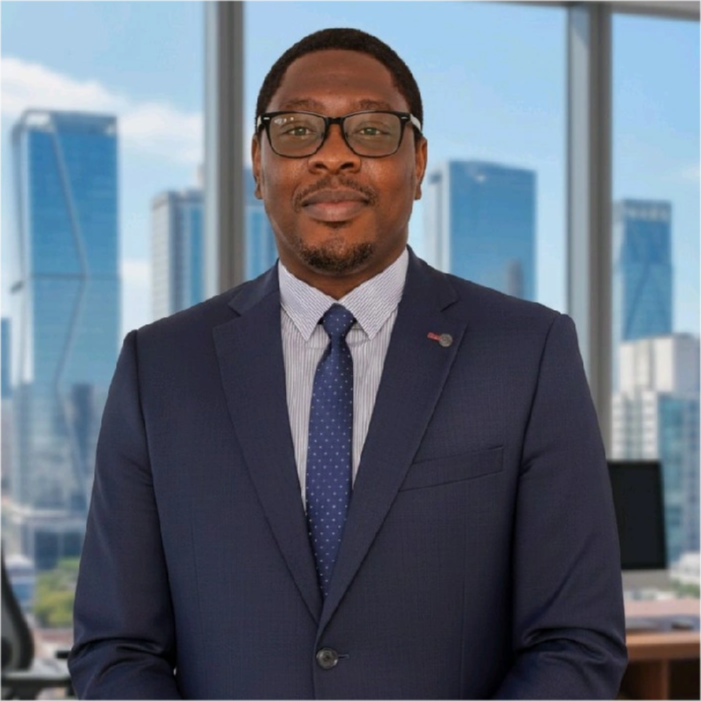
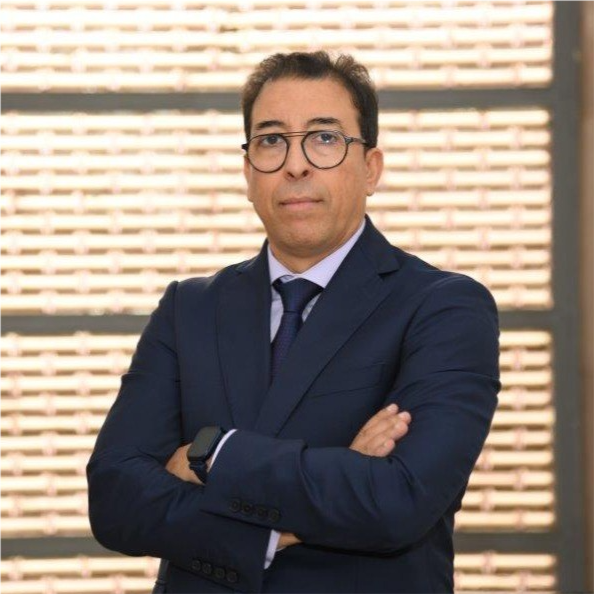
Strategic Roundtable | Overcoming the barriers to local currency debt markets
Access via sign-up on the event app or by invitation only. English-French translation available.
Local currency debt markets are vital for Africa’s monetary and fiscal resilience. Despite this, outside South Africa and Nigeria, under 15% of sovereign bonds (2015–2023) were issued in local currencies with corporate bonds mirroring this trend. This contrasts with 89% of corporate bonds in Asia issued in local currencies. Shallow domestic investor bases, inflation volatility, regulatory fragmentation, and investor preference for hard-currency bonds impede Africa’s local currency issuances. But with African local currency bonds offering some of the world’s highest yields (10%+), a weakening dollar, and growing investor demand for diversification, could these markets finally flourish? This roundtable explores the digital issuances, credit enhancements, and regional coordination needed to achieve scale.
Key points:
- How can governments deepen local debt markets without crowding out the private sector?
- What financial innovations can improve market depth and investor confidence?
- How can countries build cross-border issuance frameworks with shared risk mitigation?


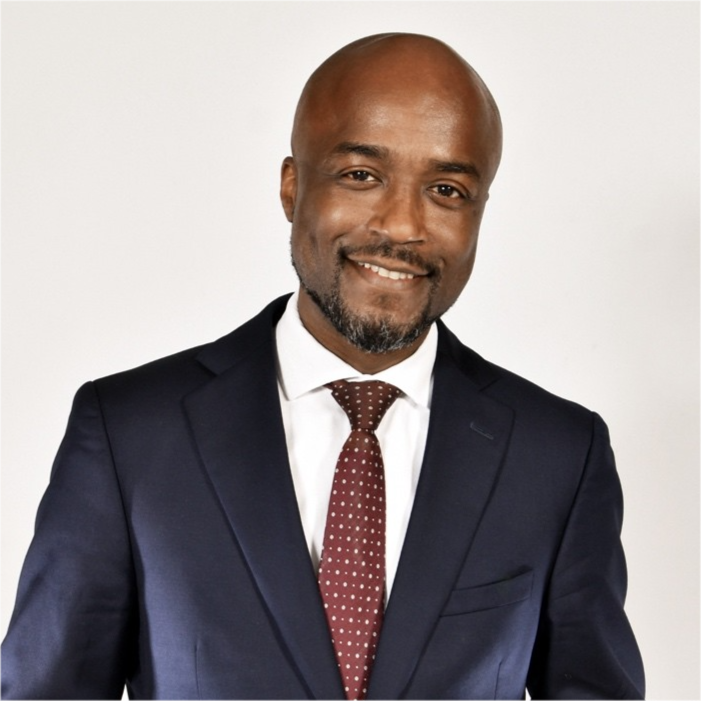
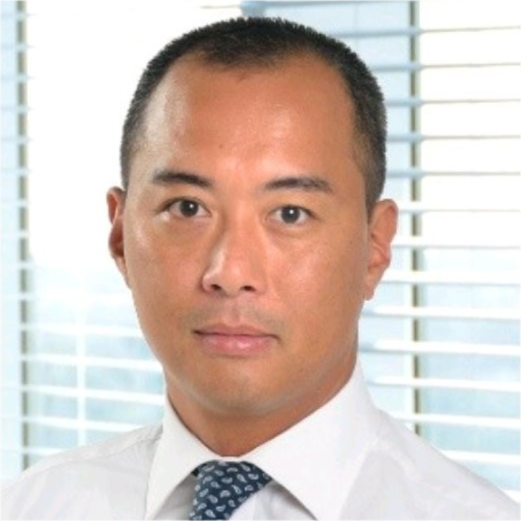


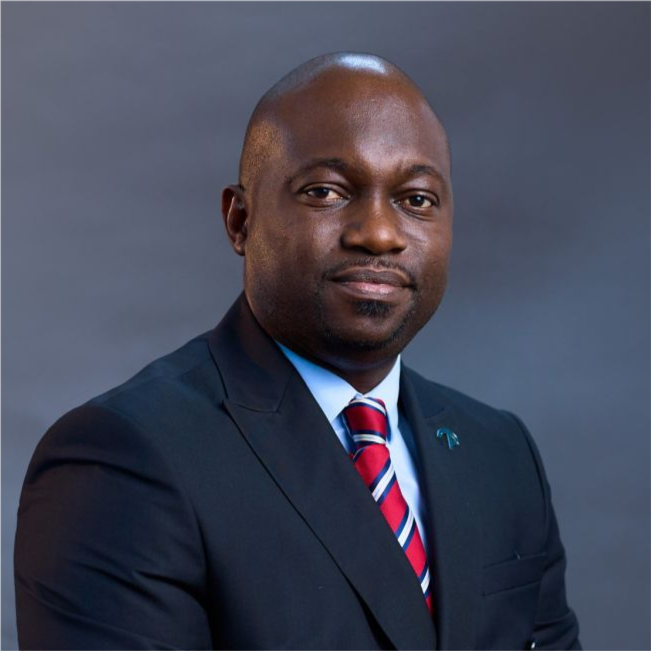

Panel | From dry ports to deep waters: Financing inland corridors and trade access for landlocked countries
With 16 landlocked countries – more than any other continent – Africa must urgently scale up investment in trade corridors linking its interior to seaports. These connections are costly - the Lobito Corridor alone requires up to $2.3bn - and better integration between intra-African trade routes and global markets remains a challenge. But innovative blended finance models, like AfDB’s €157m upgrade to Burkina Faso-Côte d’Ivoire road links, are gaining ground, while Morocco’s Tanger Med and Nador West Med ports are emerging as strategic gateways for inland corridors. How can governments, DFIs and investors fund trade corridors in Africa’s heartlands while defining regulatory frameworks, cross-border agreements, and governance models?
Key points:
- Sovereign bonds, blended finance, Corridor Special Purpose Vehicles: What innovative mechanisms can help to finance inland trade corridors?
- Which road or rail links are in urgent need of finance for construction or rehabilitation?
- How can regional cooperation and policy alignment accelerate the development of inland trade corridors?
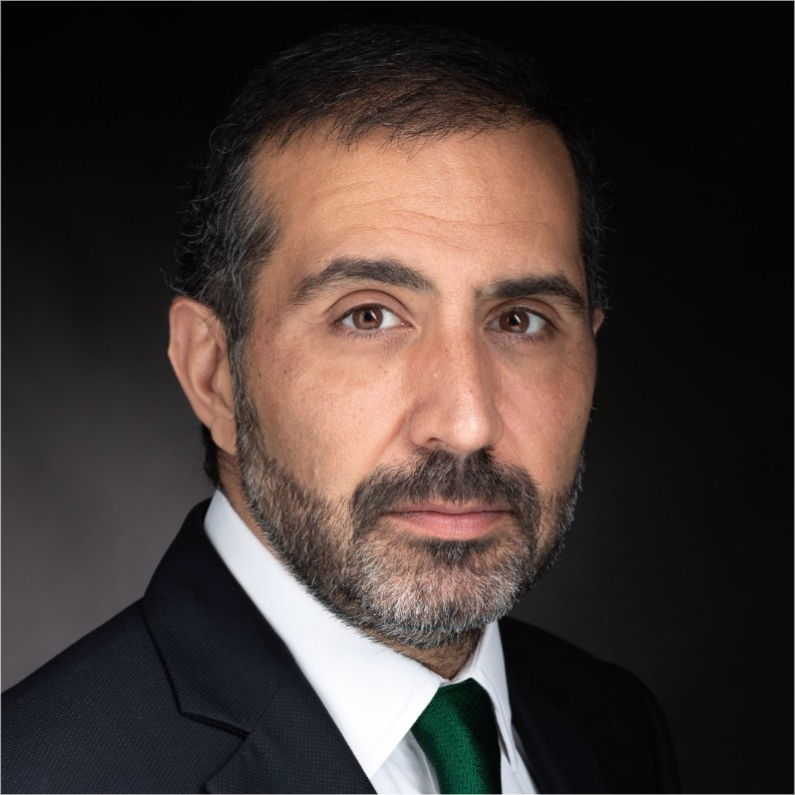

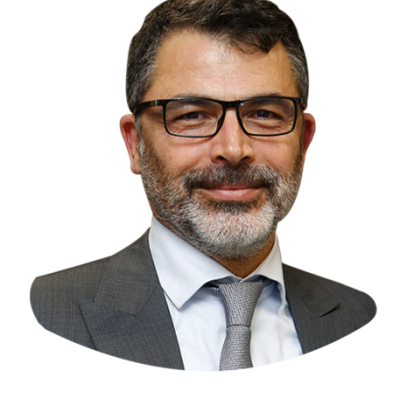
%20(1)-transformed.jpg)


MASTERCLASS CYBASTION | Cyber Insurance and Digital Security in Africa
As digital transformation accelerates across Africa, private sector organizations—particularly financial institutions— are facing a sharp rise in cyber threats, with significant economic and operational consequences. According to INTERPOL’s report on digital risks in Africa, cyber incidents have led to estimated financial losses exceeding $3 billion between 2019 and 2025, with the finance, healthcare, energy, and public sectors among the most affected. Despite increasing efforts by public authorities to strengthen cybersecurity, the continent remains highly vulnerable. Online scams, business email compromise, and ransomware are among the most damaging and costly threats. Cyber insurance, as a tool for risk transfer and sharing, is poised to play a critical role in helping businesses mitigate the financial fallout of cyberattacks. The growth of this sector will rely on the active involvement of insurers, reinsurers, insurtechs, and regulators. This Masterclass provides a comprehensive framework for understanding and managing cyber risk in Africa’s rapidly evolving digital landscape. Participants will gain insight into why adopting cyber insurance is becoming essential for African organizations. They will also explore how combining risk transfer solutions like cyber insurance with best practices in prevention and continuous monitoring can significantly enhance digital resilience and trust—particularly within the financial sector. The objective of the Masterclass is to equip decision-makers with actionable strategies to protect their organizations sustainably, while supporting the continent’s broader digital growth.
Key points
- Identify the key challenges of digital resilience in Africa, with a focus on the types of cyber threats organizations face and their associated financial impacts.
- Understand the role of active cyber insurance in mitigating digital risks by providing both protection and financial compensation to affected organizations.
- Gain insight into the future of the cyber insurance sector, and recognize the critical roles that insurers, reinsurers, insurtechs, and regulators must play in strengthening the ecosystem across the continent
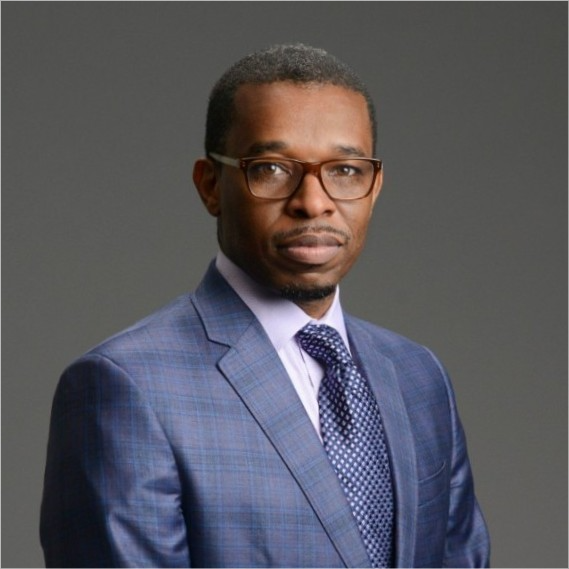
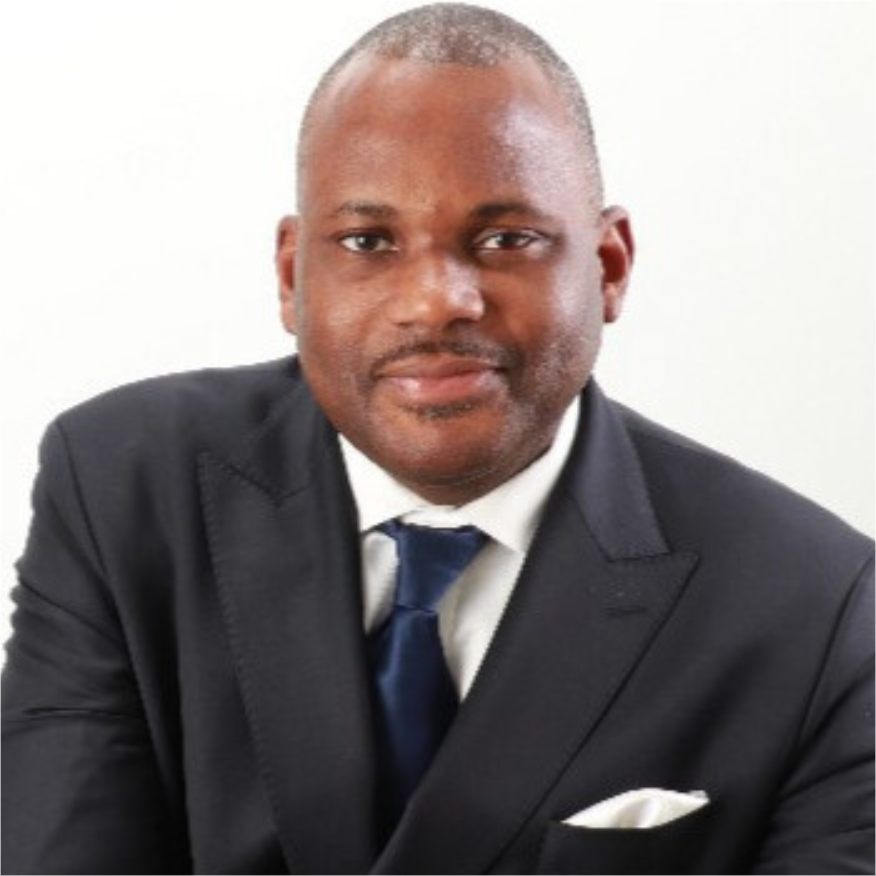
Strategic Roundtable | Blockchain, AI and cyber resilience: Progressing e-KYC, fraud detection and digital innovation
Access via sign-up on the event app or by invitation only. English-French translation available.
Thousands of fraudulent bank accounts were recently opened in South Africa using stolen credit bureau data, with hackers claiming to have siphoned R175 million in social grants - exposing major gaps in Africa’s digital identity and onboarding systems. As deepfakes, spoofed credentials, and synthetic IDs grow more sophisticated, fraud is no longer a fringe issue for fintechs, mobile money operators, and traditional banks. Governments are responding: Zambia is deploying a new open-source e-KYC system, WAEMU is building a regional biometric identity platform, and Nigeria is scaling financial access through its national digital ID system (NIN). But without regional coordination, these initiatives risk becoming siloed. This closed-door roundtable explores how to build secure, interoperable, and future-proof digital ID systems.
Key points
- From pilot to platform: What’s needed to scale e-KYC infrastructure into a trusted, cross-border digital ID system?
- Building cyber-resilience: How are financial institutions deploying AI and blockchain to counter deepfakes, spoofed credentials, and coordinated cyberattacks?
- Fixing the fragmentation: Can regulators agree on shared standards to avoid a patchwork of digital ID systems and unlock continent-wide interoperability?
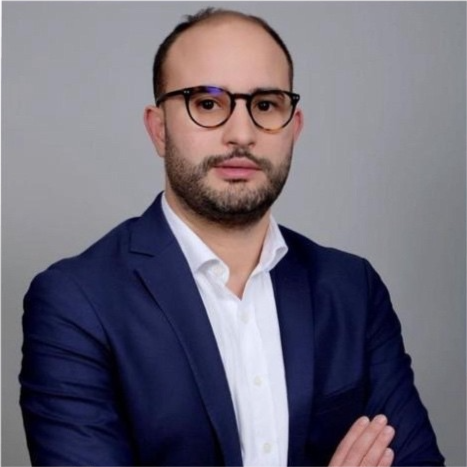
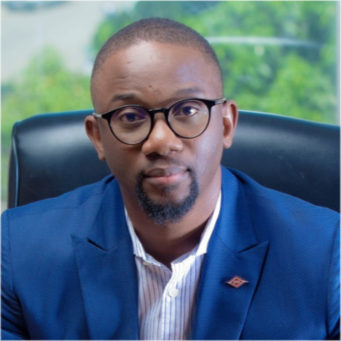


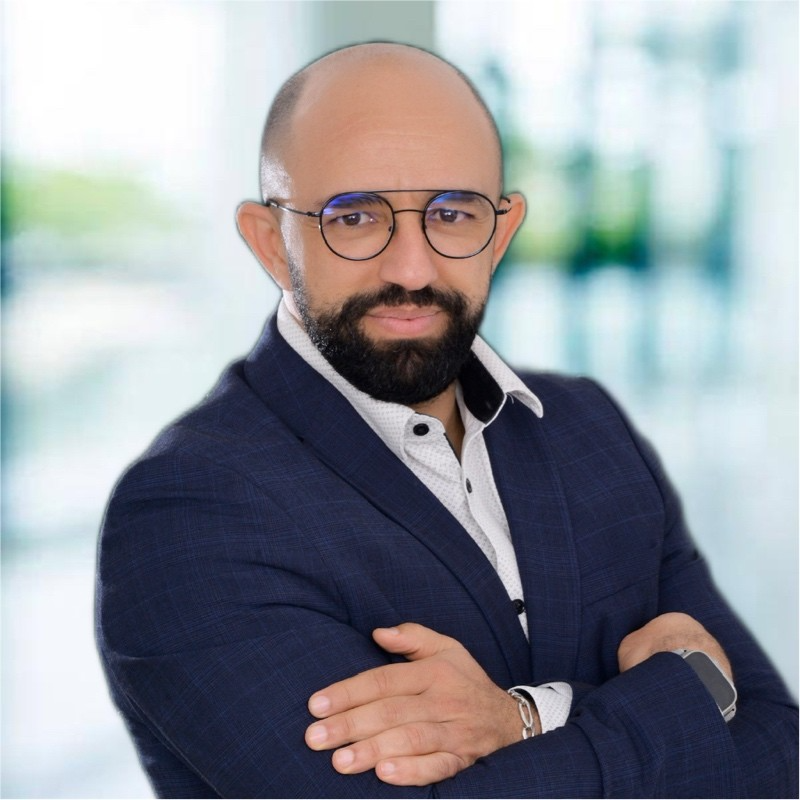

Panel | AfCFTA, PAPSS & AELP: How can pan-African initiatives deliver the impact financial institutions want to see?
Africa's grand integration projects - AfCFTA, PAPSS and AELP - promise deeper financial connectivity, yet most institutions expect "limited" rather than transformational impact (Deloitte-AFIS Barometer). Behind this scepticism lie doubts about measurable business impact, regulatory fragmentation, disparities in digital infrastructure, reluctance to trade volatile local currencies without hedging, and governments unwilling to cede financial control. With PAPSS planning to launch an Africa Currency Marketplace and a PAPSS card, and AELP expanding participating exchanges, what regulatory coordination can unleash an integration agenda Africa's financial institutions will fully embrace?
Key points
- What more can AfCFTA do to advance regulatory harmony so banks and capital market players fully adopt AELP and PAPSS for cross-border trading?
- Dollar dependence: What transaction volumes flow through PAPSS & AELP, and are institutions genuinely committed to African currency trading?
- How can the AfCFTA, PAPSS and AELP jointly create effective risk mitigation tools to address forex volatility and build trust in local currency settlements?
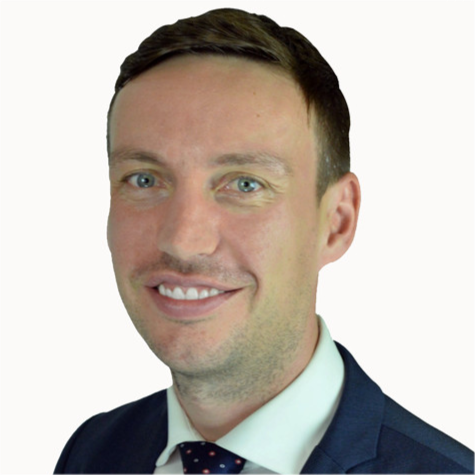

-transformed.jpg)
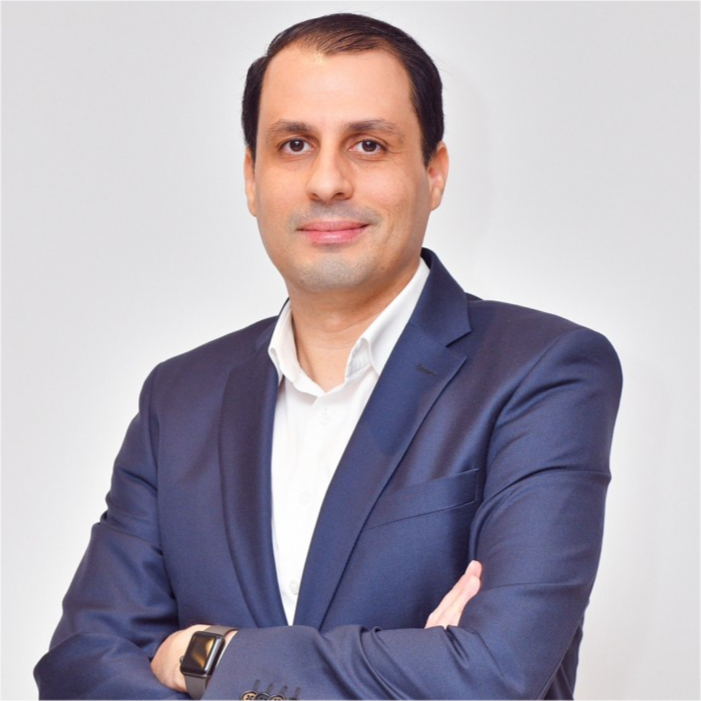

Strategic Roundtable | Smart insurance: Sharpening up claims, risk modeling and operations with AI and insurtech
Access via sign-up on the event app or by invitation only. English-French translation available.
Machine learning, AI and GenAI could shakeup how insurance is distributed, priced, and how claims and investments are managed. While nearly 70% of US insurers have begun implementing GenAI, adoption remains nascent across Africa. But frontrunners like Old Mutual and Britam are stepping up, exploring personalised customer recommendations through AI-powered chatbots and backing AI Insurtechs to improve underwriting, risk modelling, and fraud detection. A roundtable of underwriters, reinsurers and tech providers identifies areas where AI offers a real competitive advantage and spaces where the hype falls flat.
Key points:
- Improving the customer experience through AI: Which solutions really work, and what are the regulatory implications?
- Driving internal efficiency: Where can concrete gains be made in redesigning the operating model, risk modelling, and investment management?
- Building Developing AI skills muscle: Outsource, invest infocus on Insurtech, or recruit/train in-house talentinvest in training and recruitment?
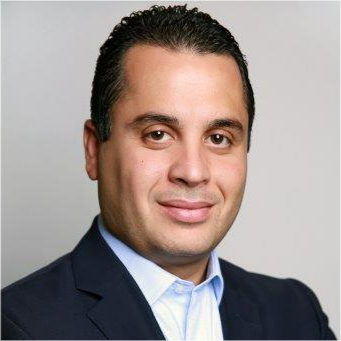
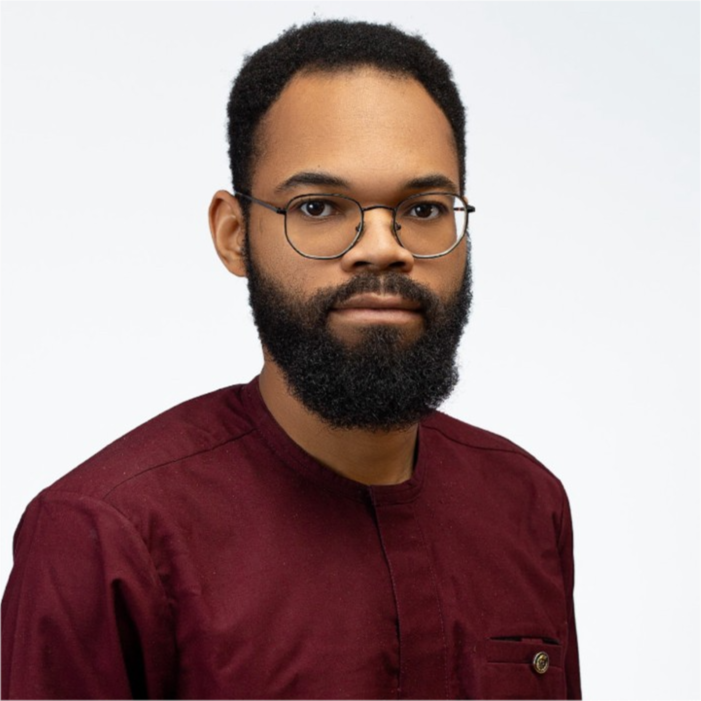
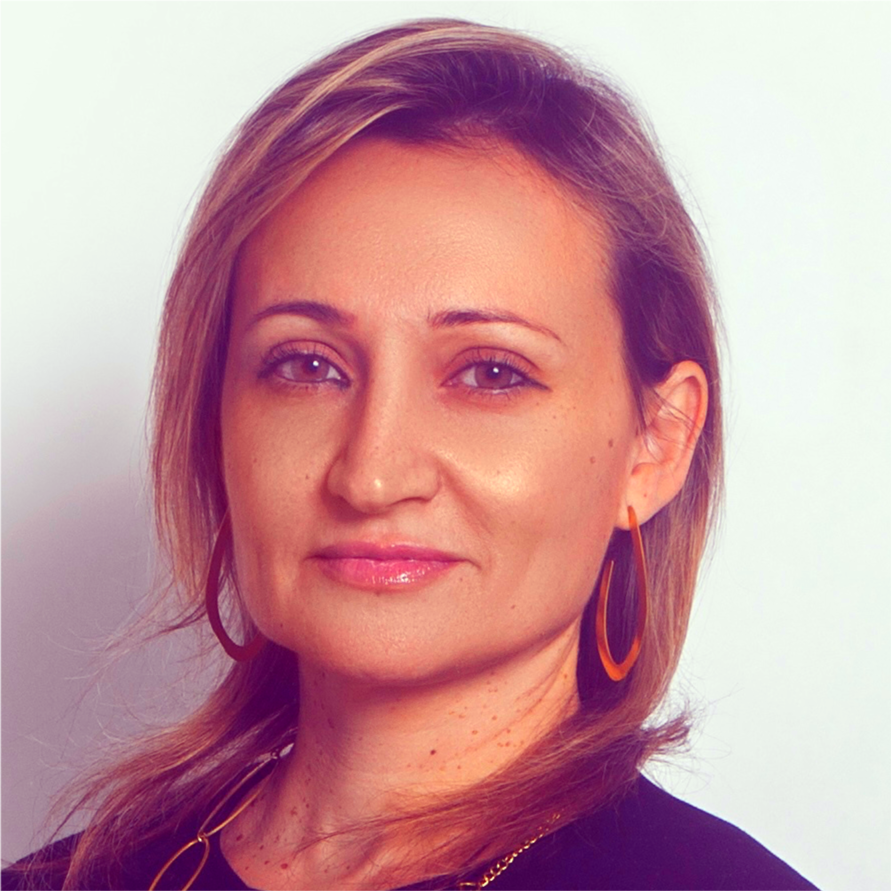
-transformed.jpeg)
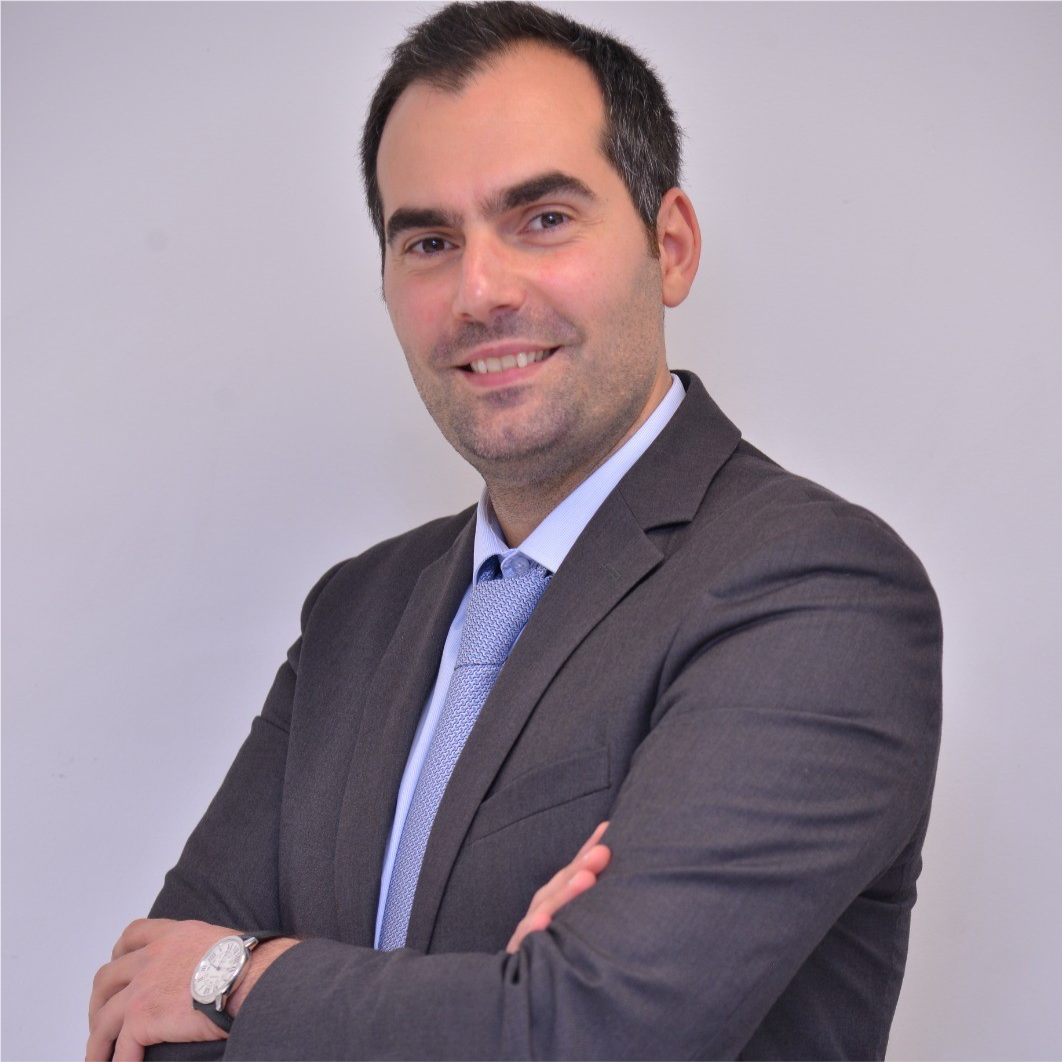
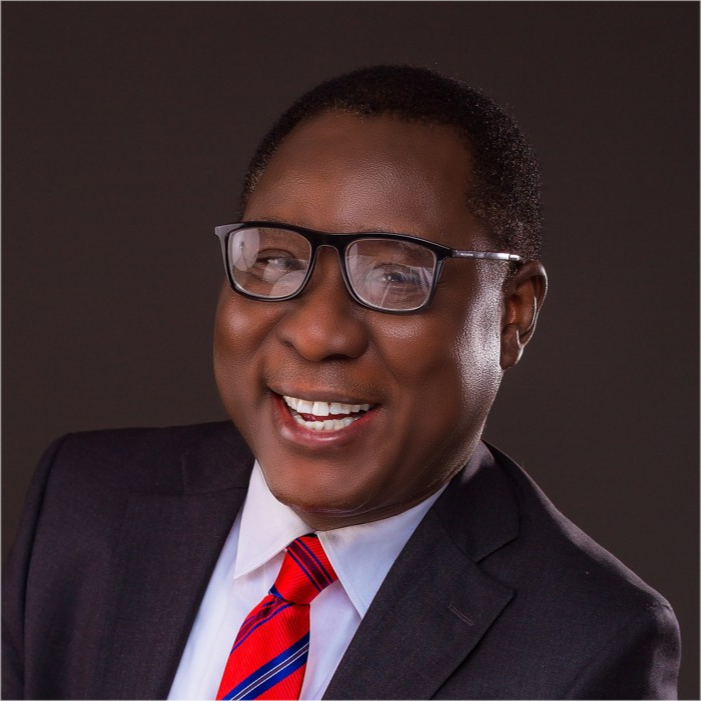
Masterclass | Unlocking the Power of Sukuk
Islamic finance is growing, with Sukuk leading the way as a Shariah-compliant alternative to conventional bonds. This masterclass, presented by the Islamic Development Bank (IsDB), delves into Sukuk structuring, its alignment with ESG principles, and key challenges faced by issuers. Using insights from IsDB’s successful Sukuk issuances, including the EUR 500 million Green Sukuk, participants will learn how Sukuk can finance sustainable projects while attracting institutional investors.
Key points:
- Master Sukuk Structuring: Understand Sukuk’s core components, Shariah principles, and how it compares to conventional bonds.
- Sukuk and ESG Alignment: Discover how Sukuk’s ethical foundations align with ESG and sustainable finance goals.
- IsDB’s Proven Track Record: Learn from IsDB’s flagship Sukuk issuances, including the Green Sukuk and AAA-rated Wakala Sukuk
BRVM-Bourse de Casablanca Roundtable | Innovation and Inclusion: Redefining Access to Africa’s Capital Markets
Driven by a new wave of innovation, Africa’s stock markets are modernizing at remarkable speed. Artificial intelligence, data and digitalization are unlocking powerful tools to expand market access, lower entry costs, enhance transparency and boost liquidity. The challenge now is to turn this technological potential into a true engine of inclusion and sustainable market growth. This session will bring together stock exchange leaders, regulators and technology experts to explore how innovation can transform access to Africa’s capital markets and accelerate regional integration.
Key Points:
- Technology and Transparency: How can AI and digitalization strengthen supervision, trust and liquidity across African markets?
- Mobilizing Savings: What innovations and incentives can channel more local savings into capital markets to finance long-term growth?
- Regulation and Integration: How can regulatory frameworks evolve to support technological modernization while fostering interconnection and regional market access?



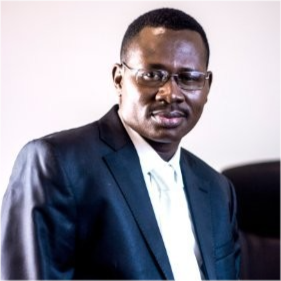


Women In Finance Panel | Aid’s vanishing act: The next play for women-led SME & fintech funding
A looming $31bn drop in global aid this year threatens to put pressure on credit and support systems for women-led SMEs and fintechs. Only around 2% of African startup funding (~$10m) went to female founders in Q1 this year amid a $49bn financing gap for Africa’s women-led businesses. Despite scarce funding, some women-founded businesses are breaking through: in 2025, South Africa’s Naked raised $38m, and Kenya’s Pula secured $10m to insure smallholder farmers. As shifting global geopolitics put international concessional finance and donor-backed guarantees at risk, how can African financial institutions bridge the gap for women entrepreneurs?
Key points:
- How can African banks and insurers design sustainable instruments to finance women-led SMEs and fintechs post-aid?
- What role can fintech and Insurtech innovation (mobile money, alternative credit scoring) play in widening access to finance for women entrepreneurs?
- In a transactional world, what level of support can be expected from DFIs and overseas sovereign aid to develop women’s entrepreneurship?
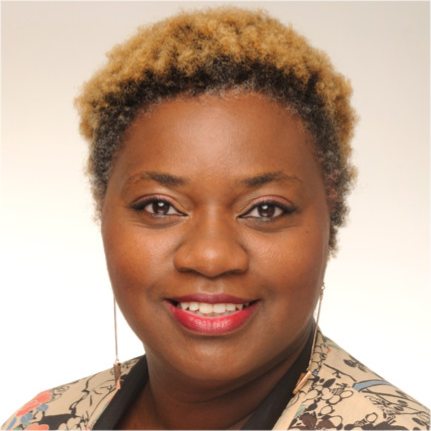
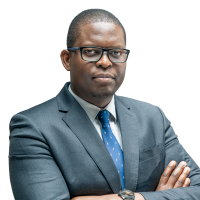


Central Bank Governors Panel | A new global equation: Where can Africa turn for critical finance?
“The world as we know it has changed for aid, trade and development,” says the Director-General of the World Trade Organization. Sub-Saharan Africa nations this year face a 16-28% decline in official development assistance; pressure from trade tariffs, and a serious liquidity crunch and foreign currency shortage for commercial banks. Where will funding come from for Africa's SMEs, green transition, digital infrastructure and healthcare projects when external debt service reached a record $89bn last year? As some central banks ease interest rates and stockpile gold reserves, governors from the continent’s major economies discuss how to build internal resilience.
Key points:
- Where can central banks intervene to strengthen domestic resource mobilisation?
- How can policymakers guarantee reliable hard currency access for SMEs, the backbone of the economy?
- A new financial architecture: What are the risks and rewards of Middle East and Asian capital versus Western sources?

-transformed.jpg)

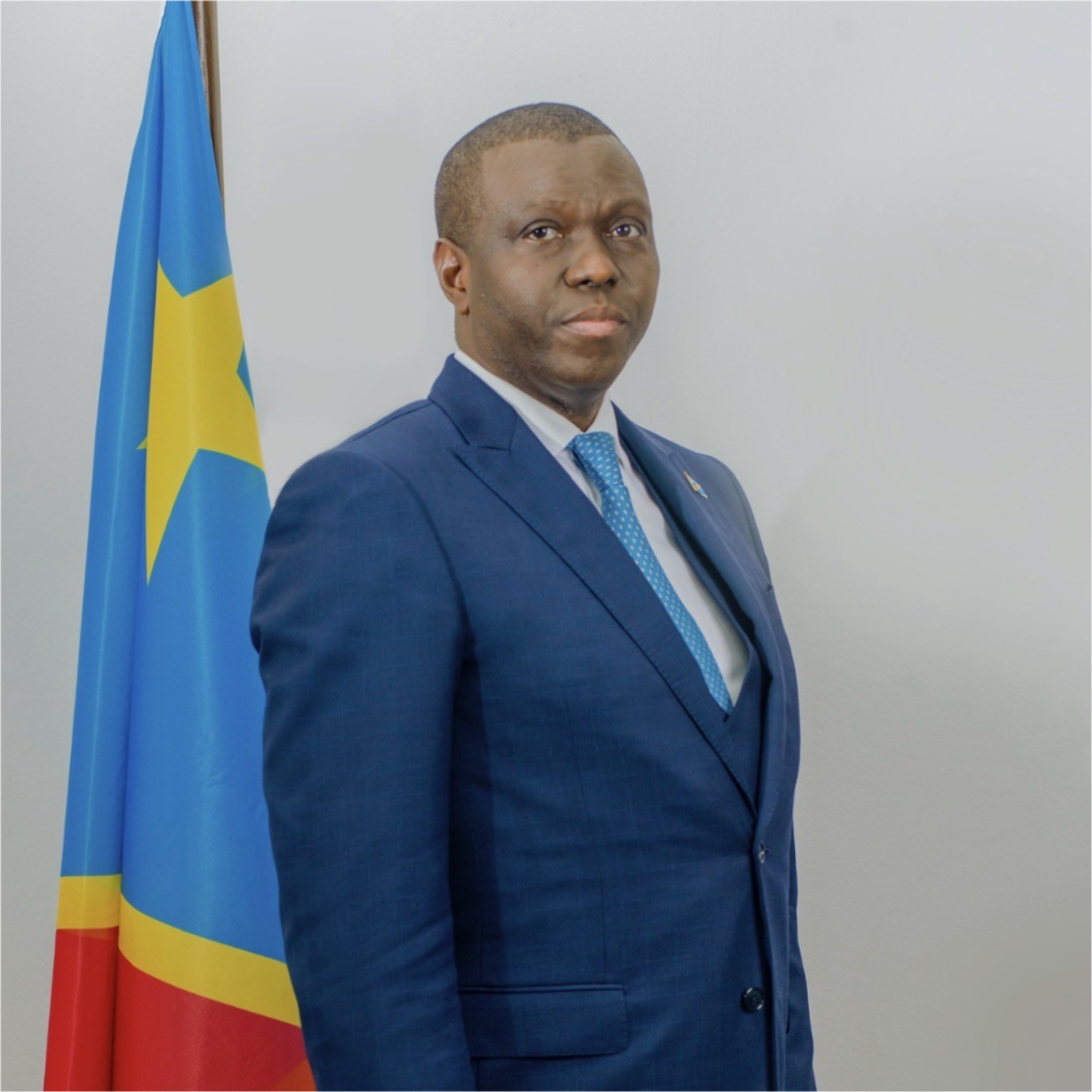
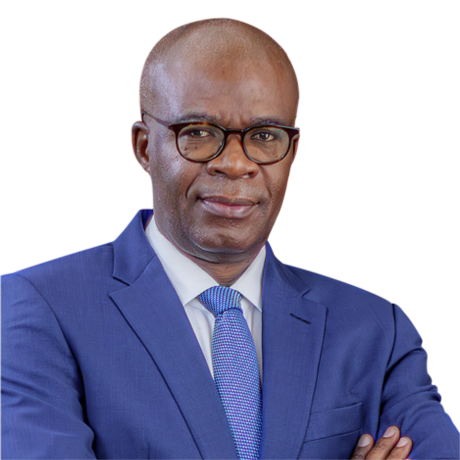
Closing Ceremony




